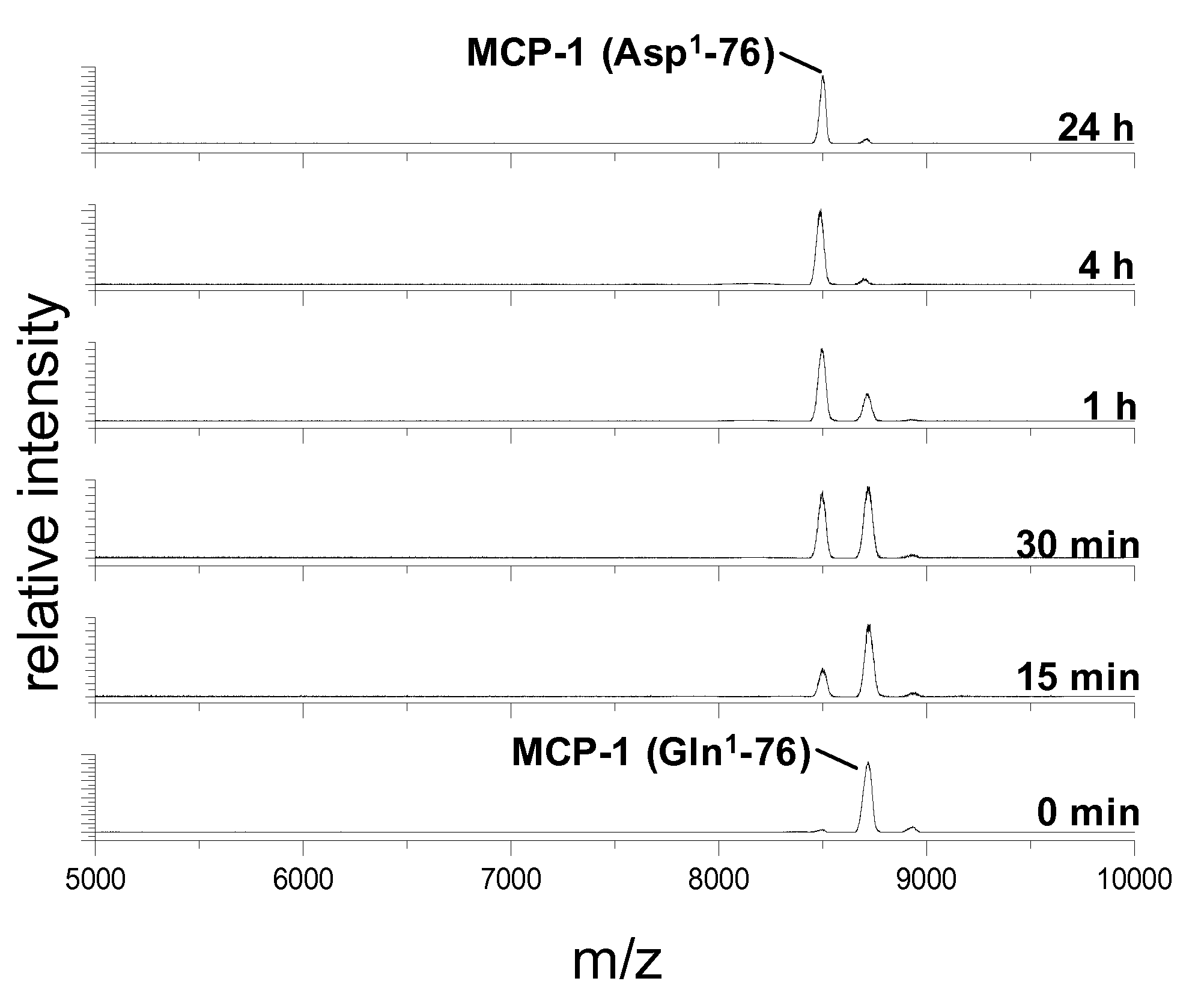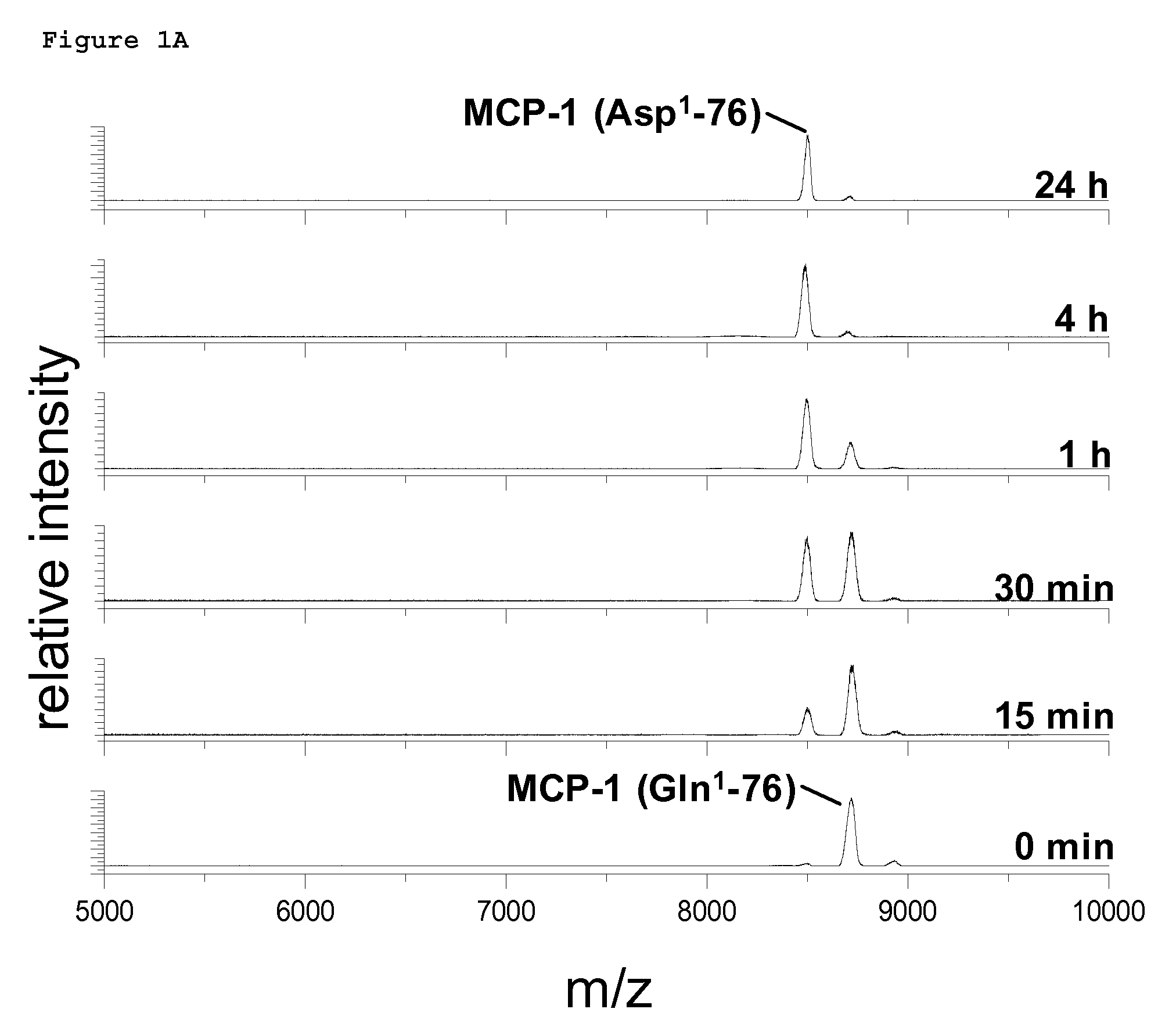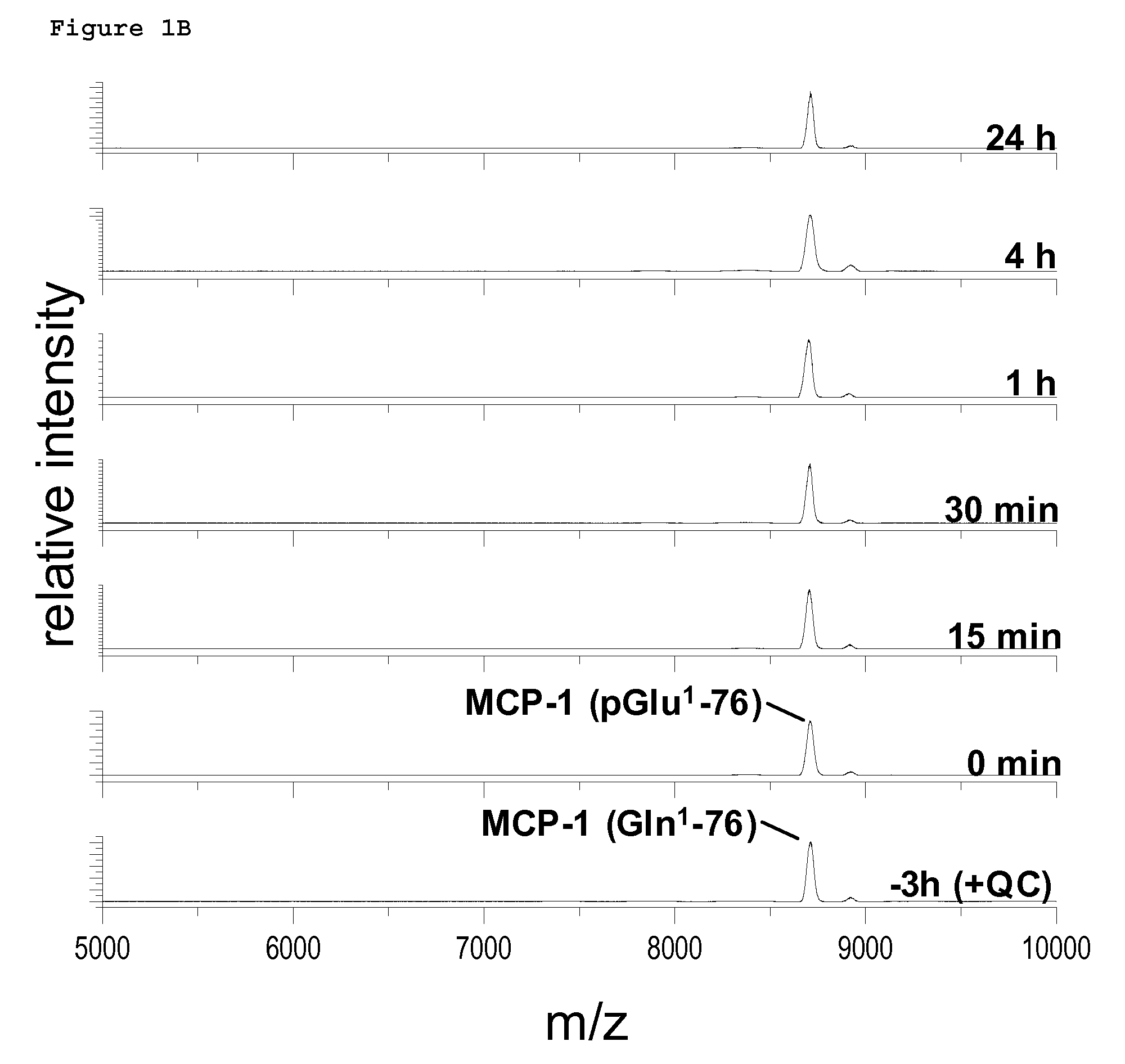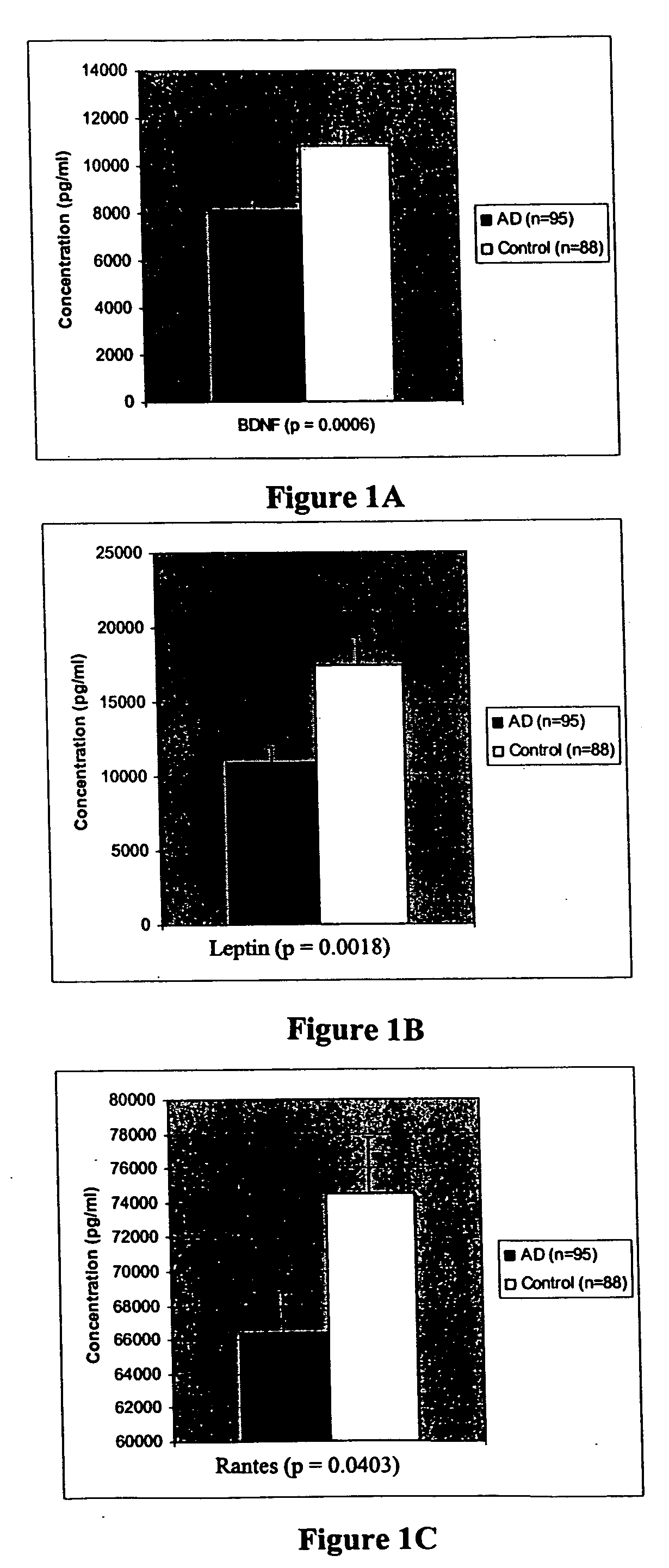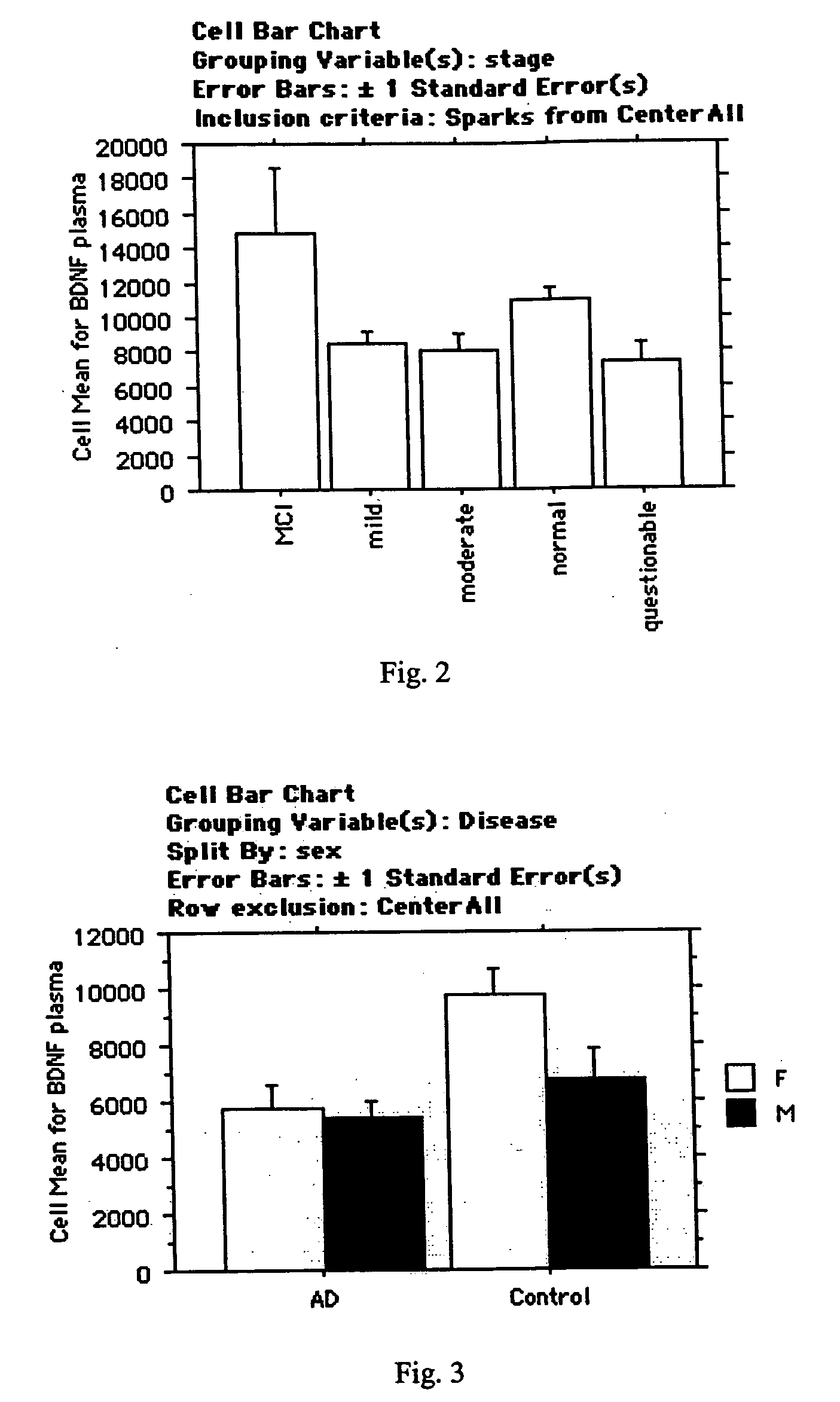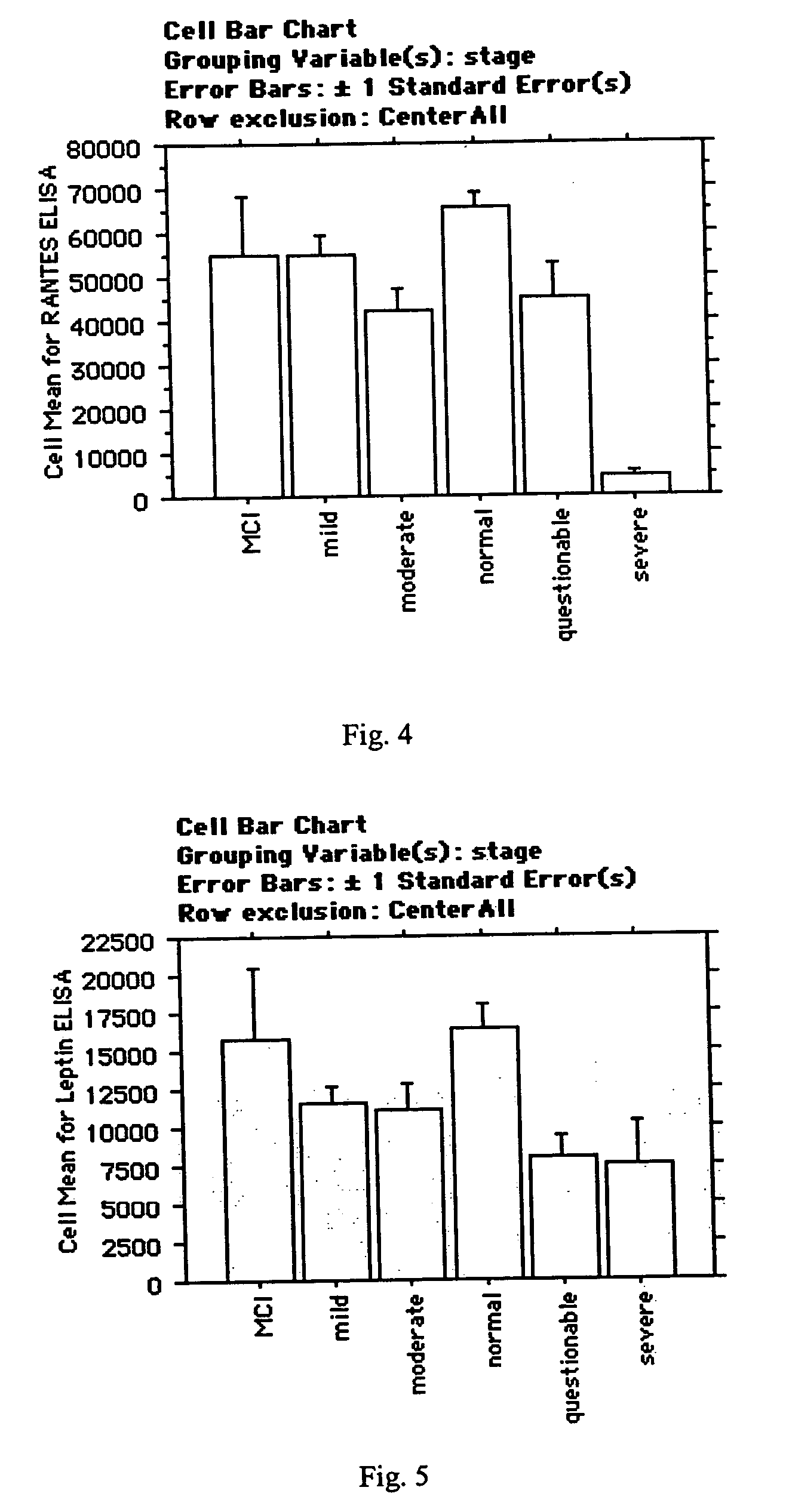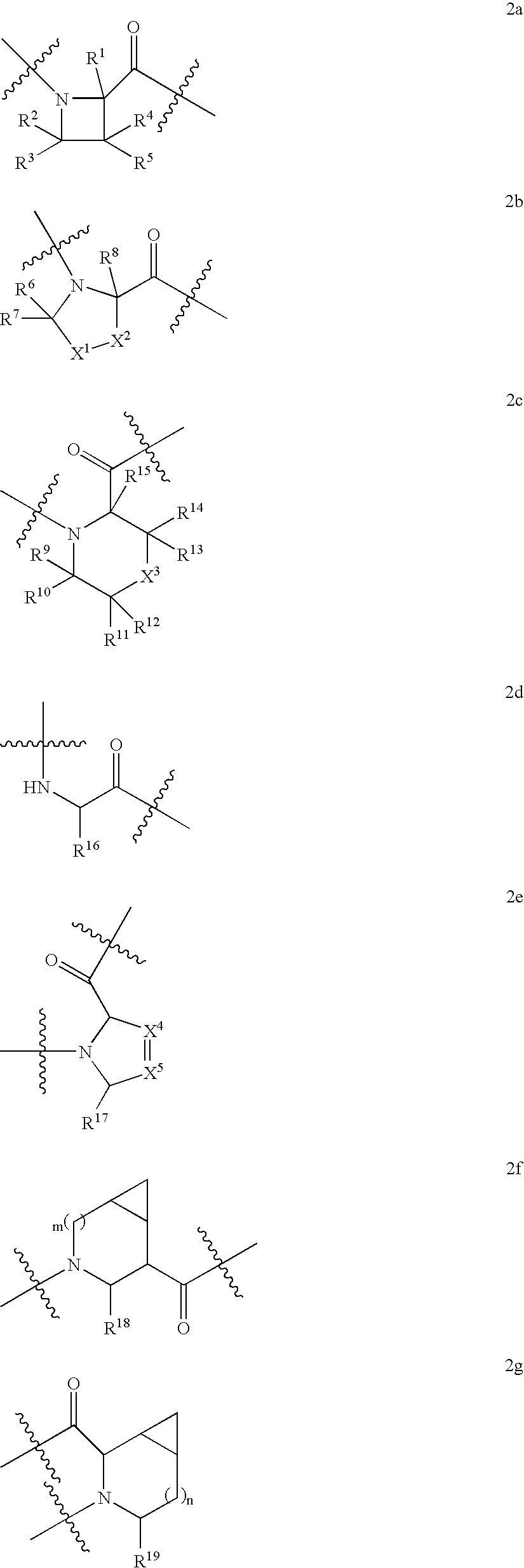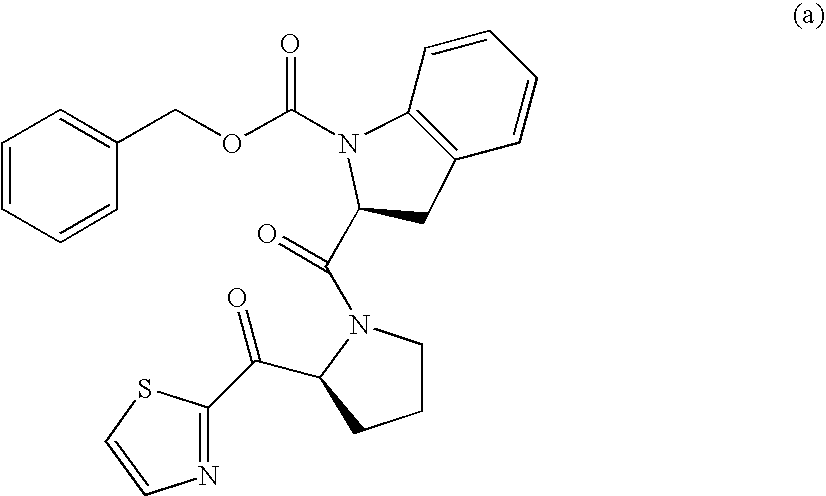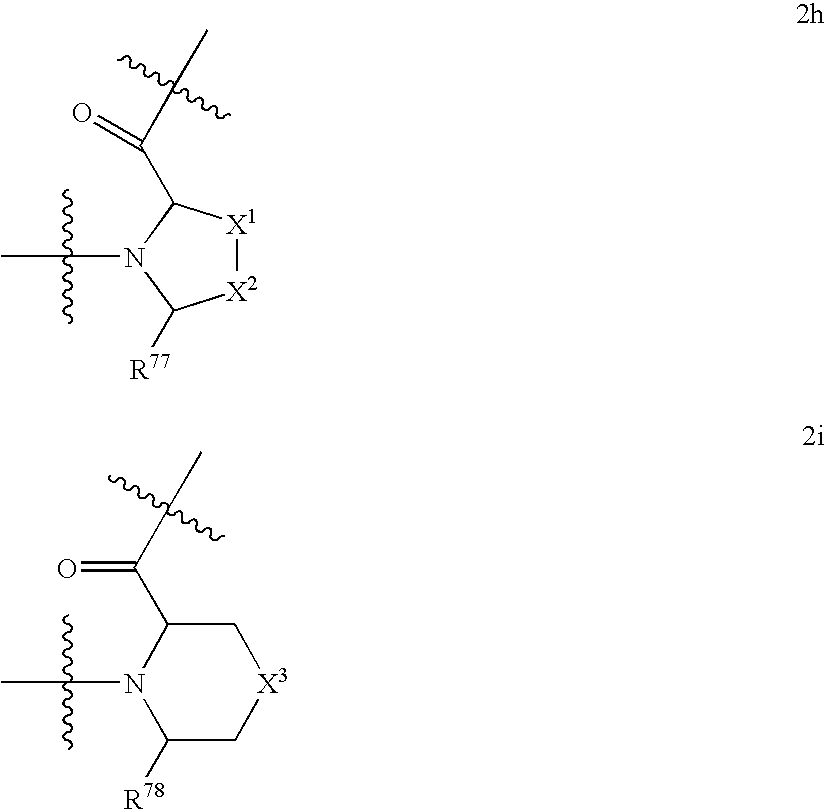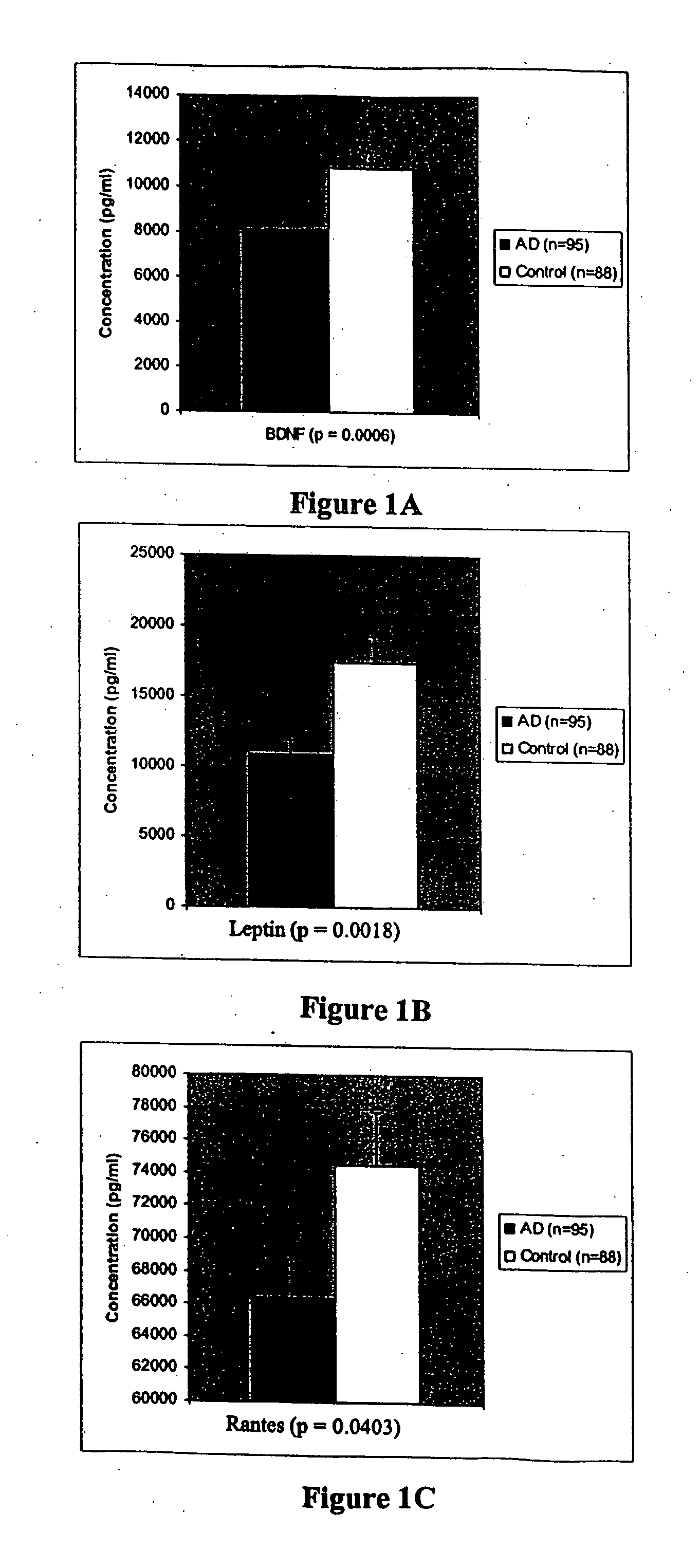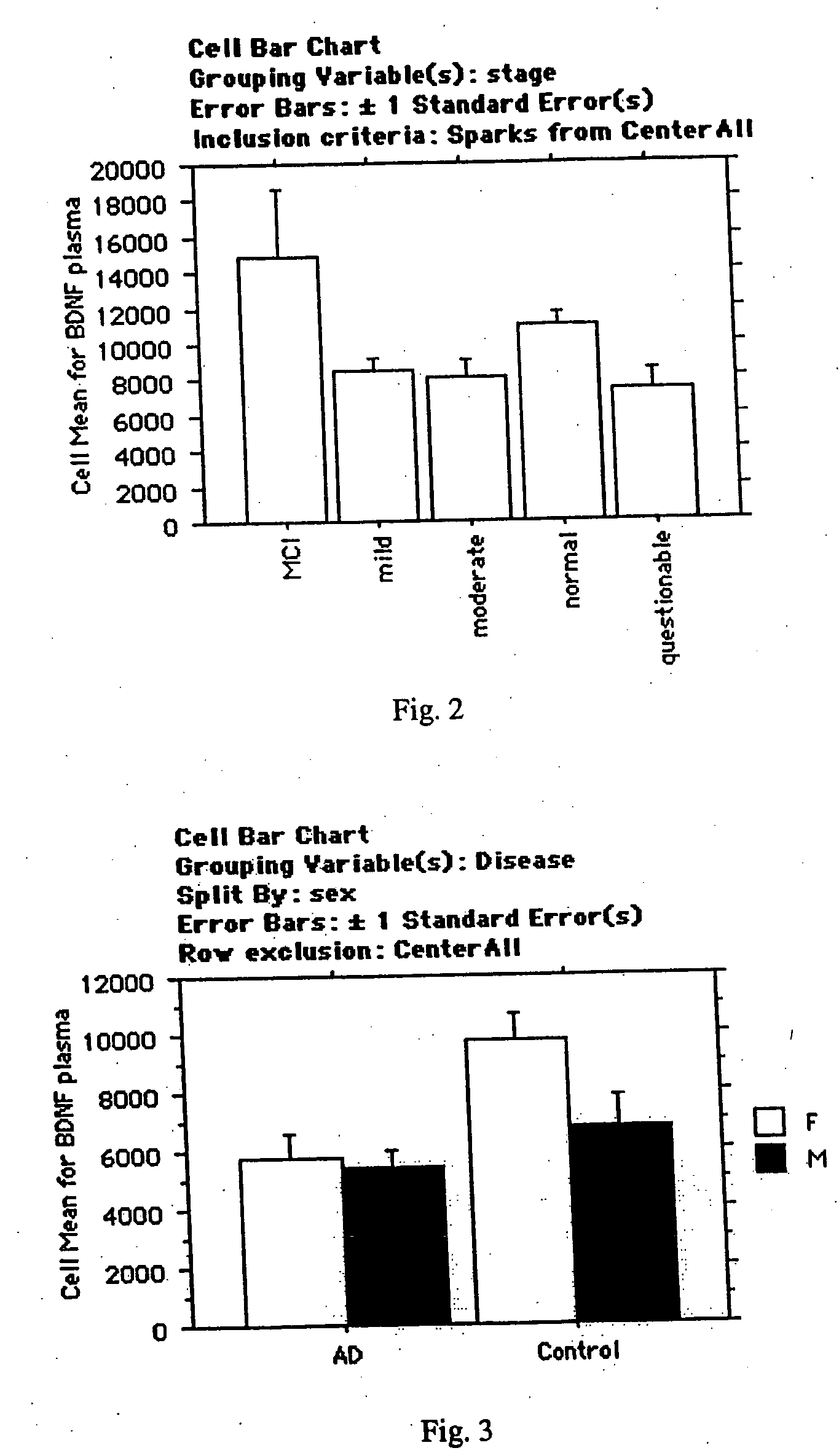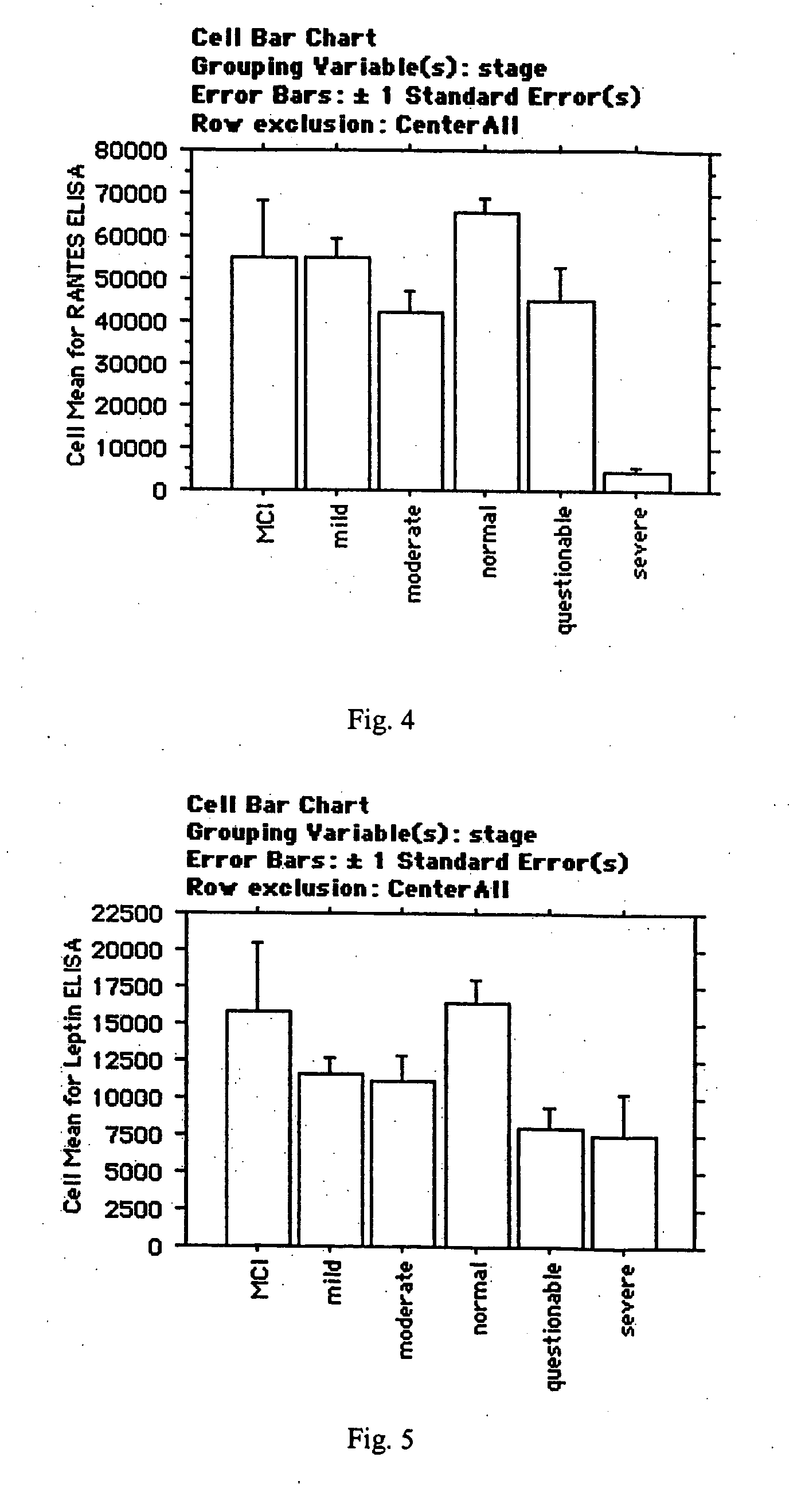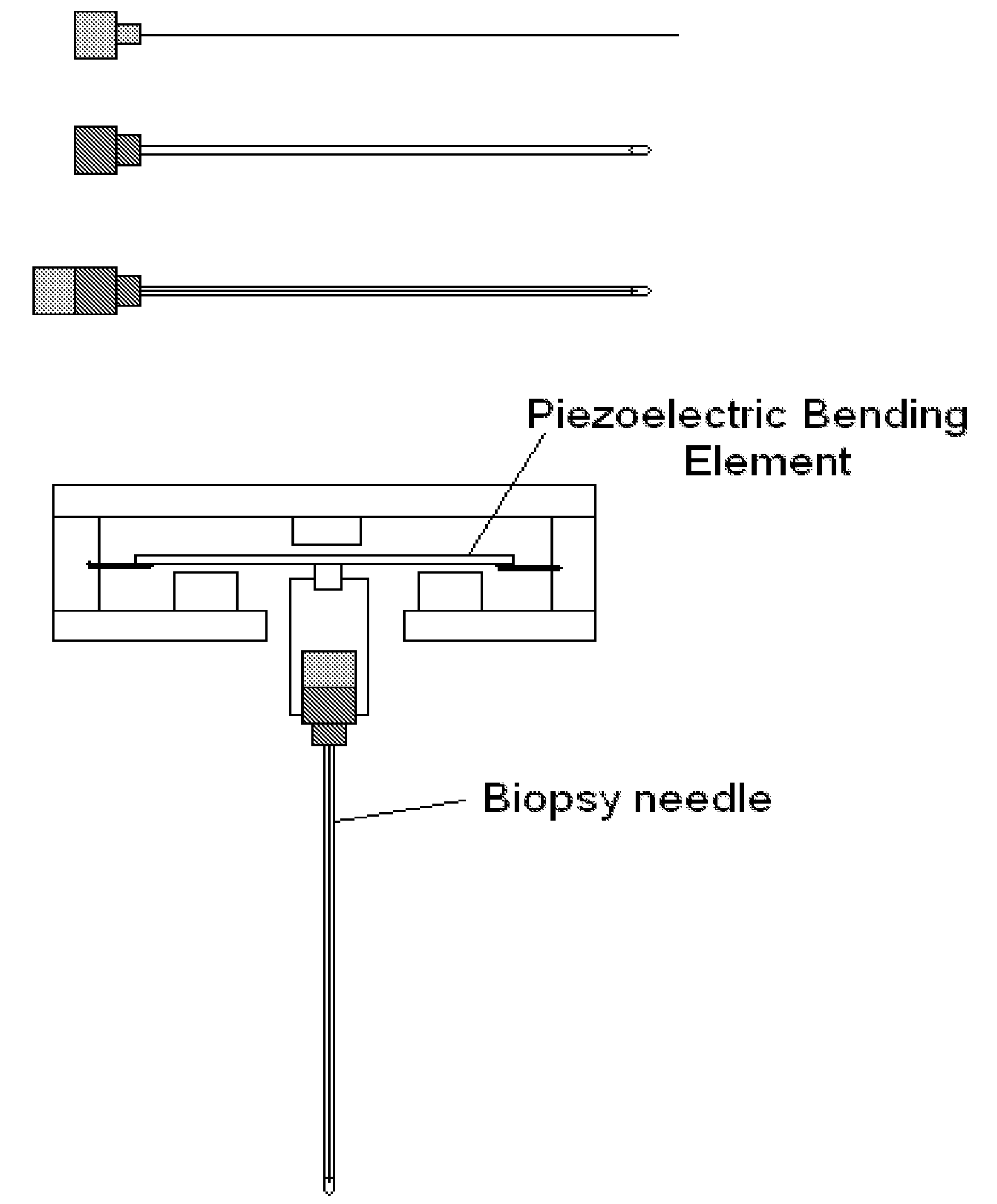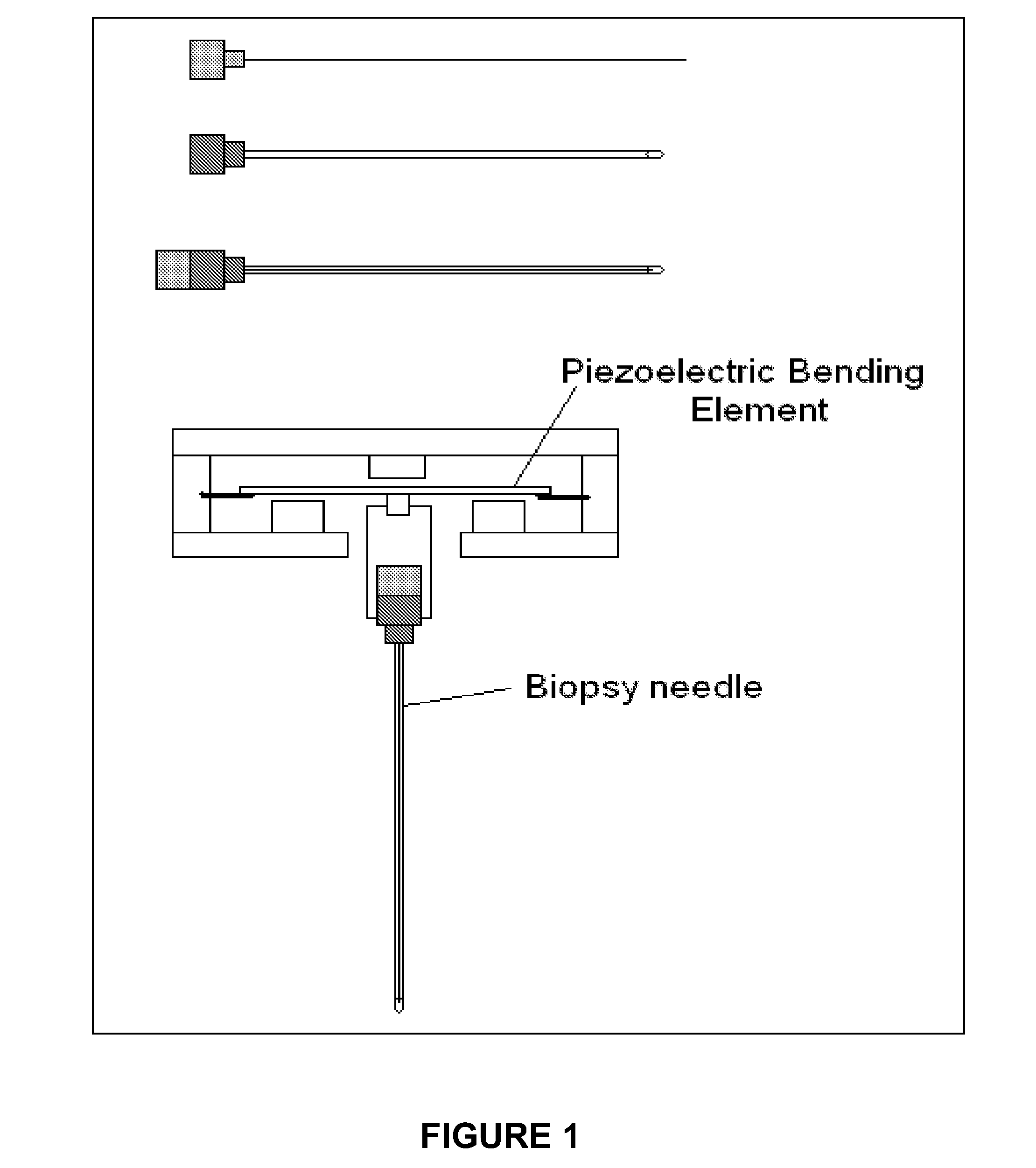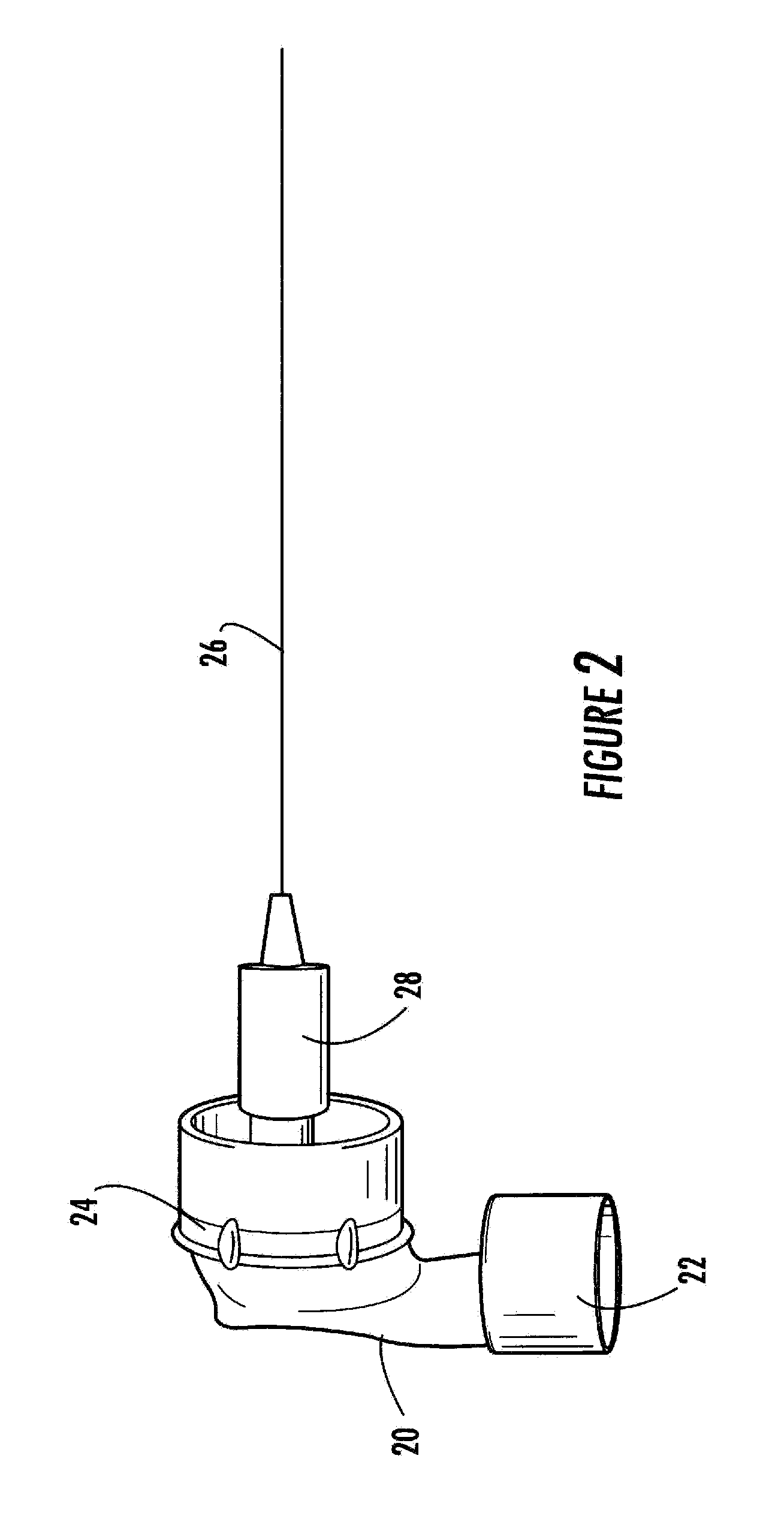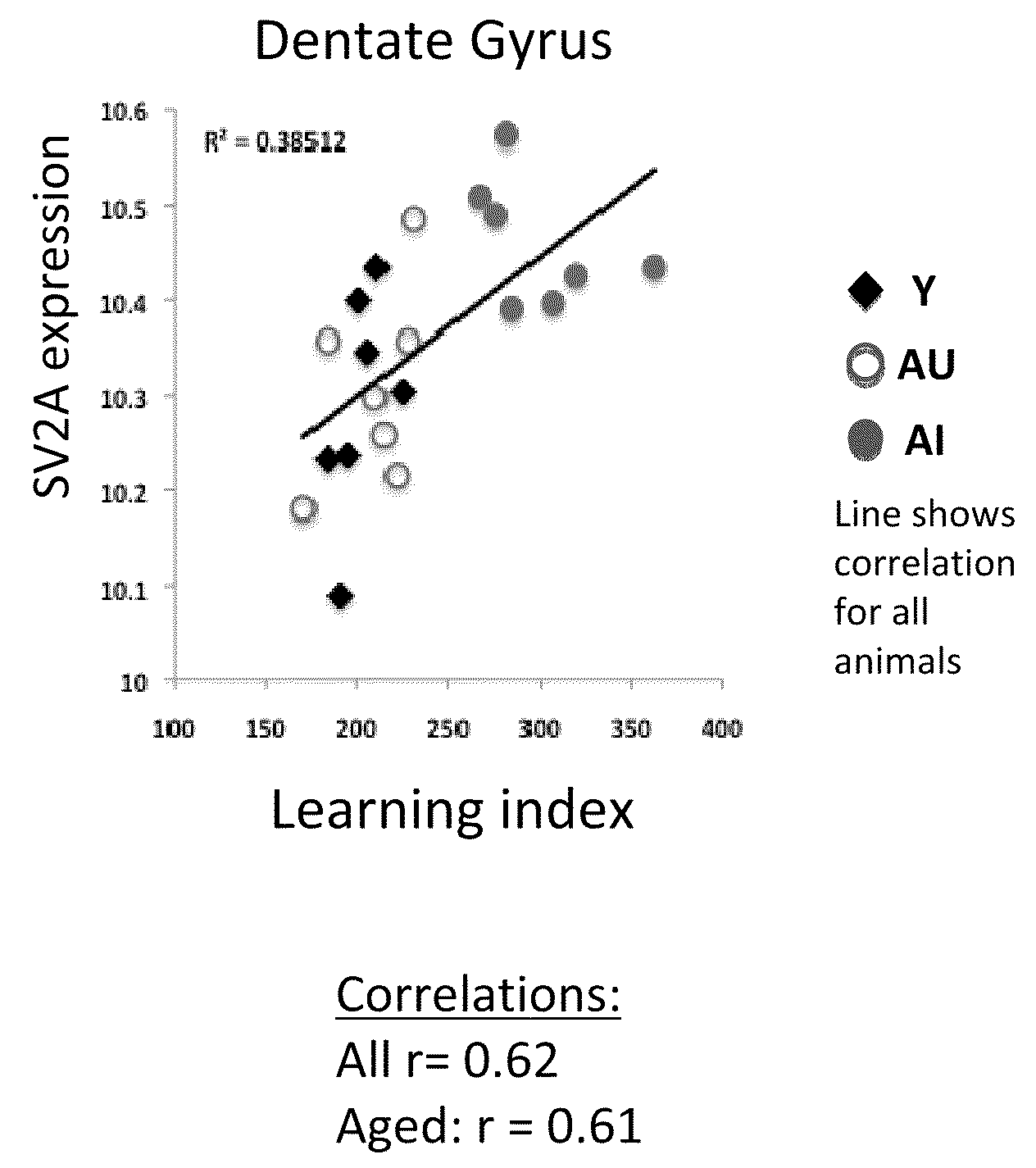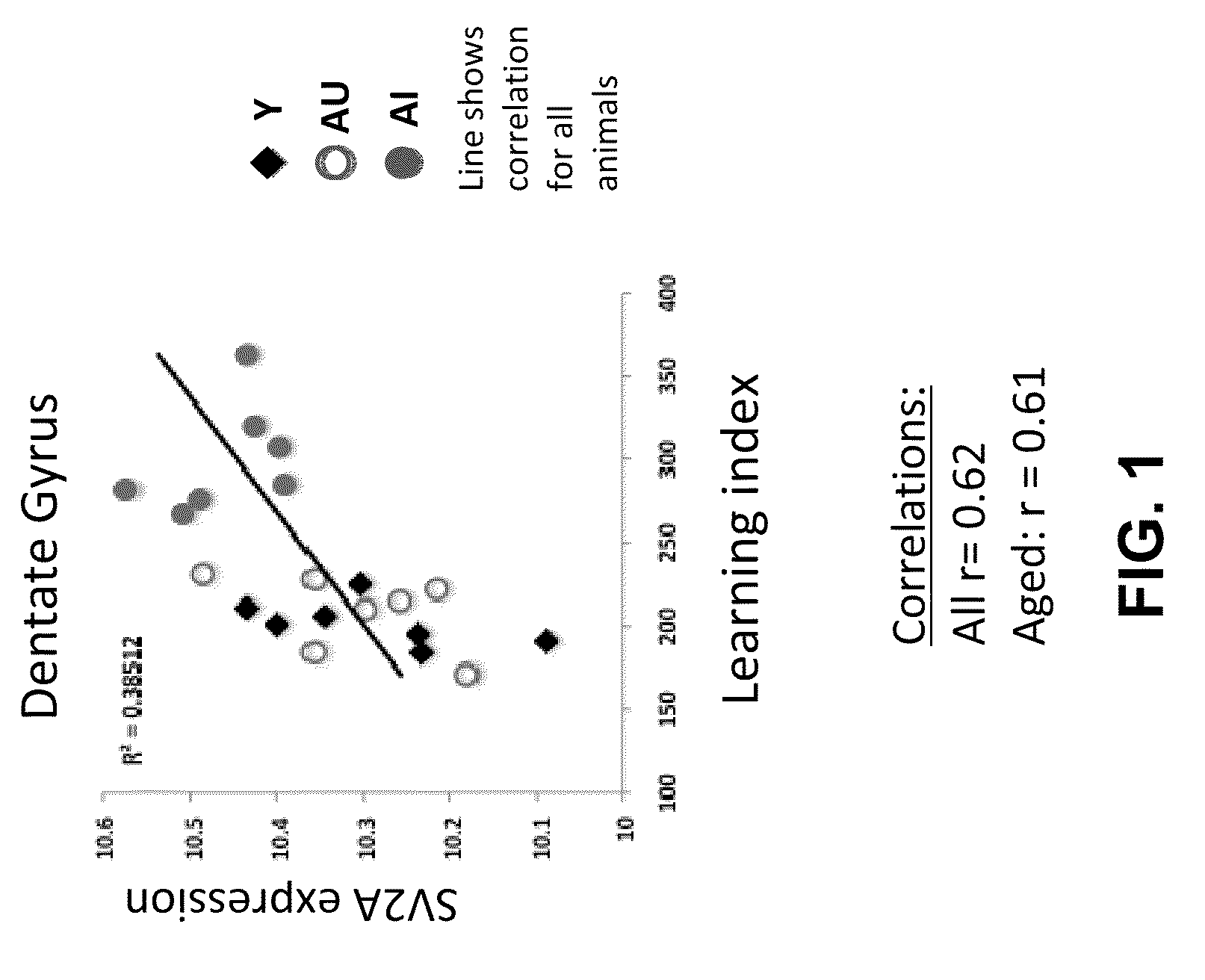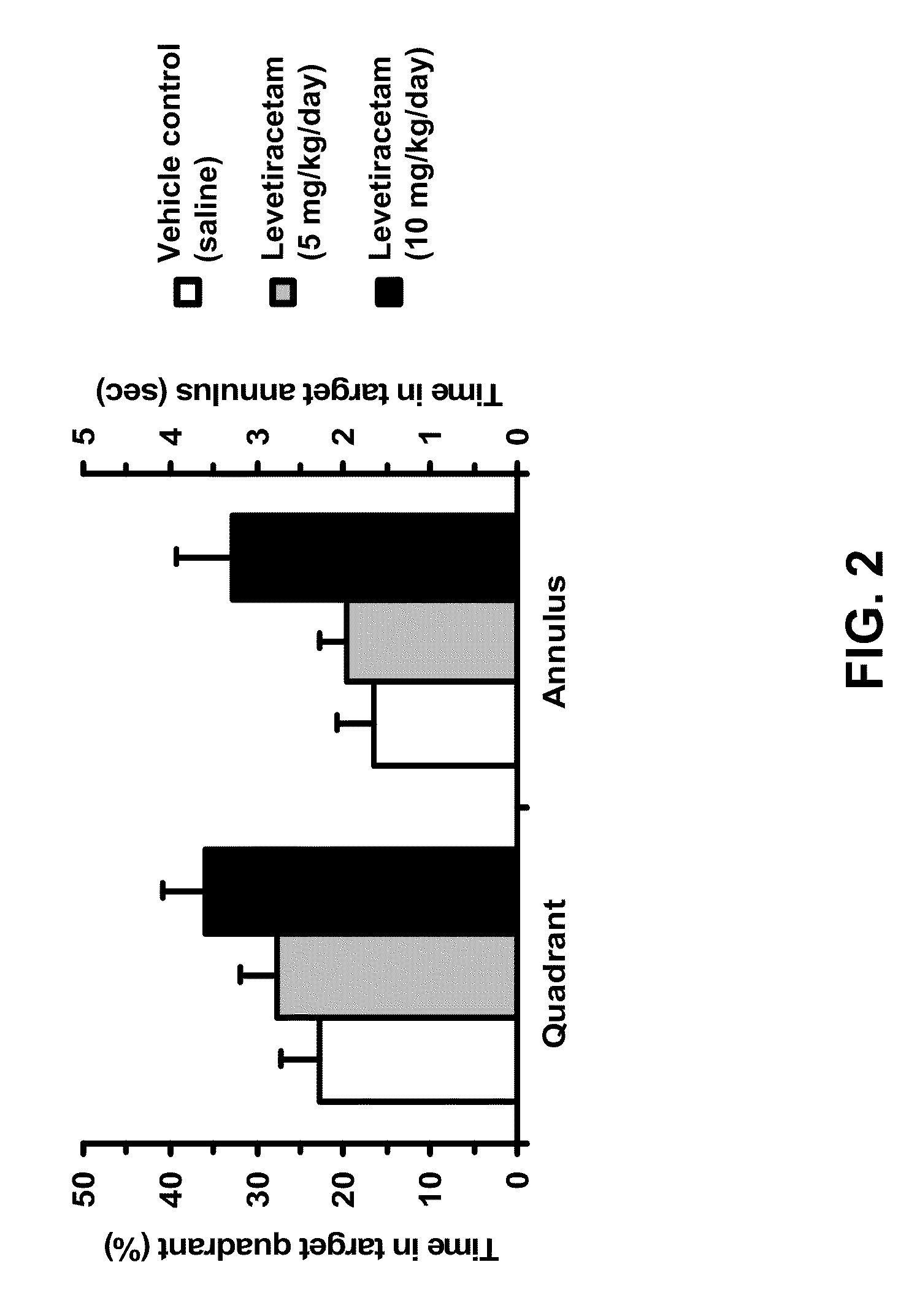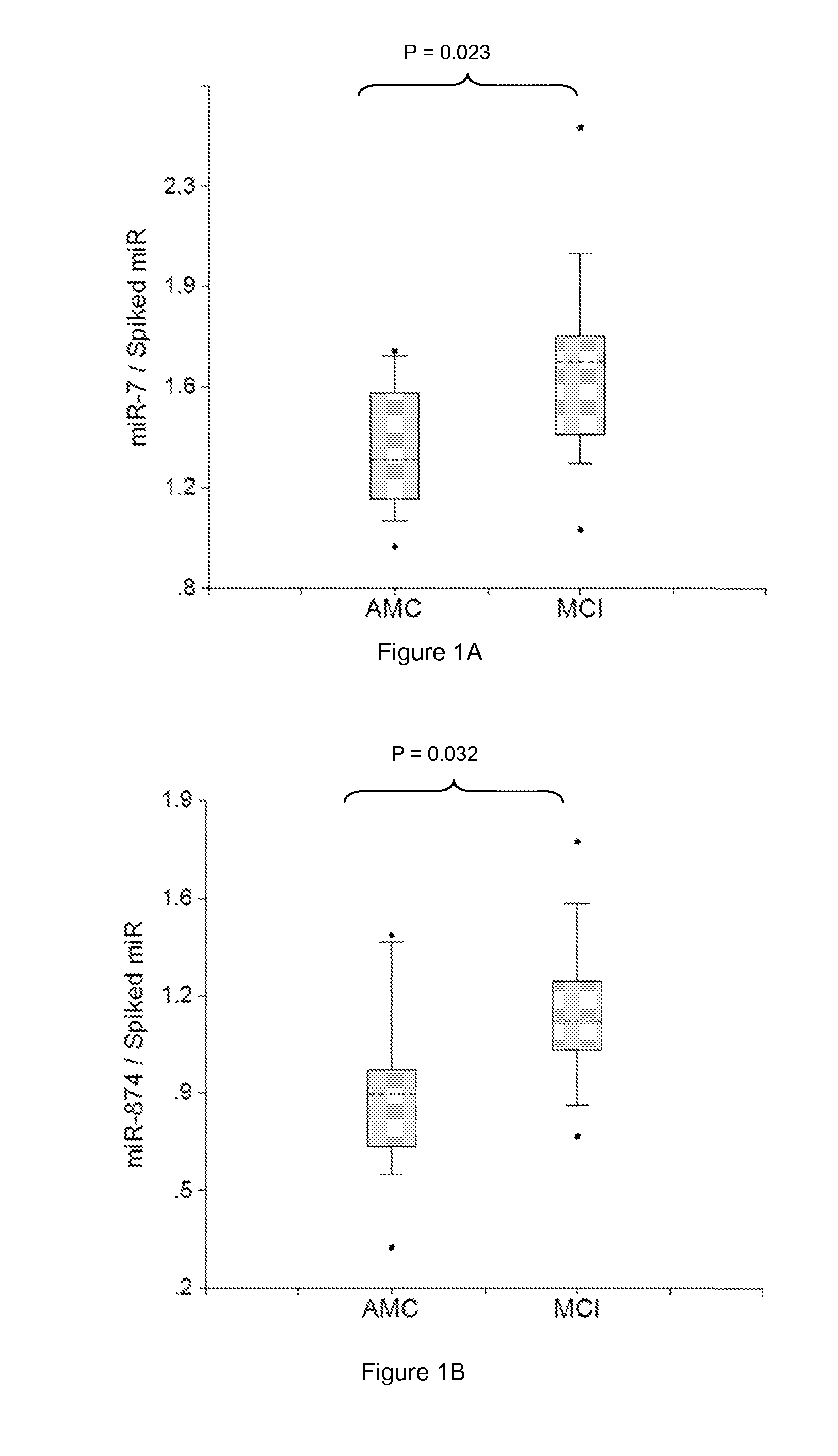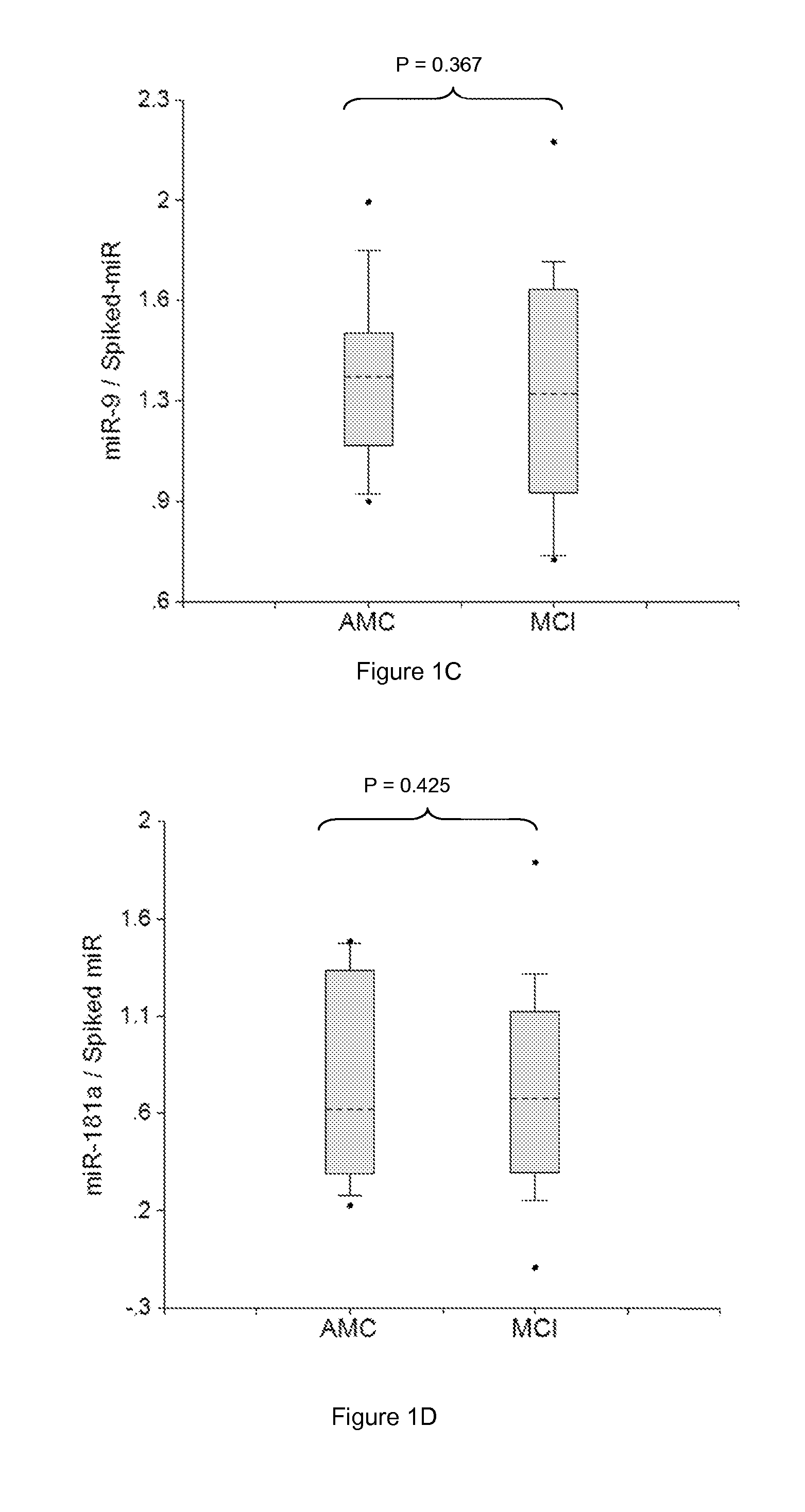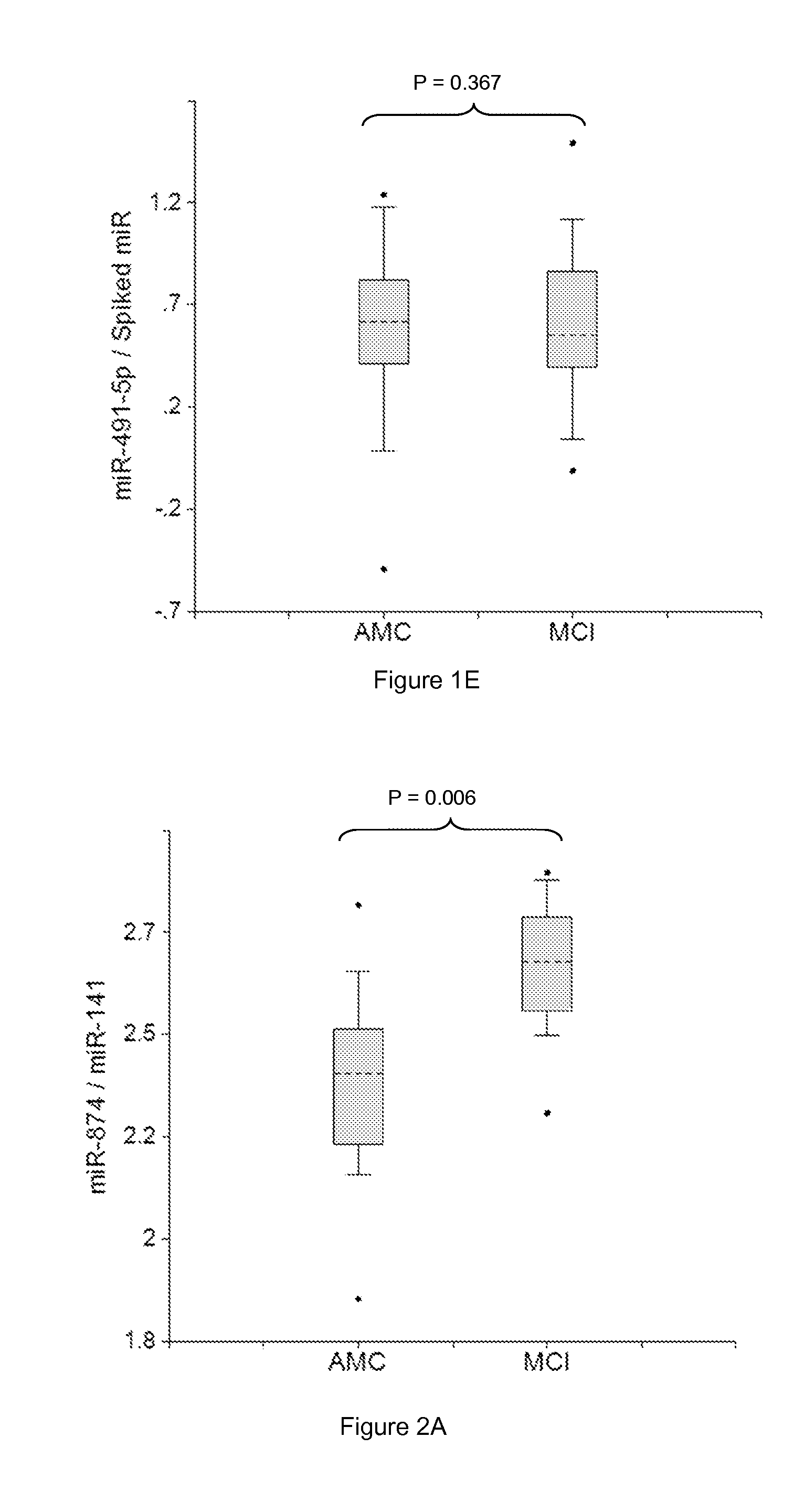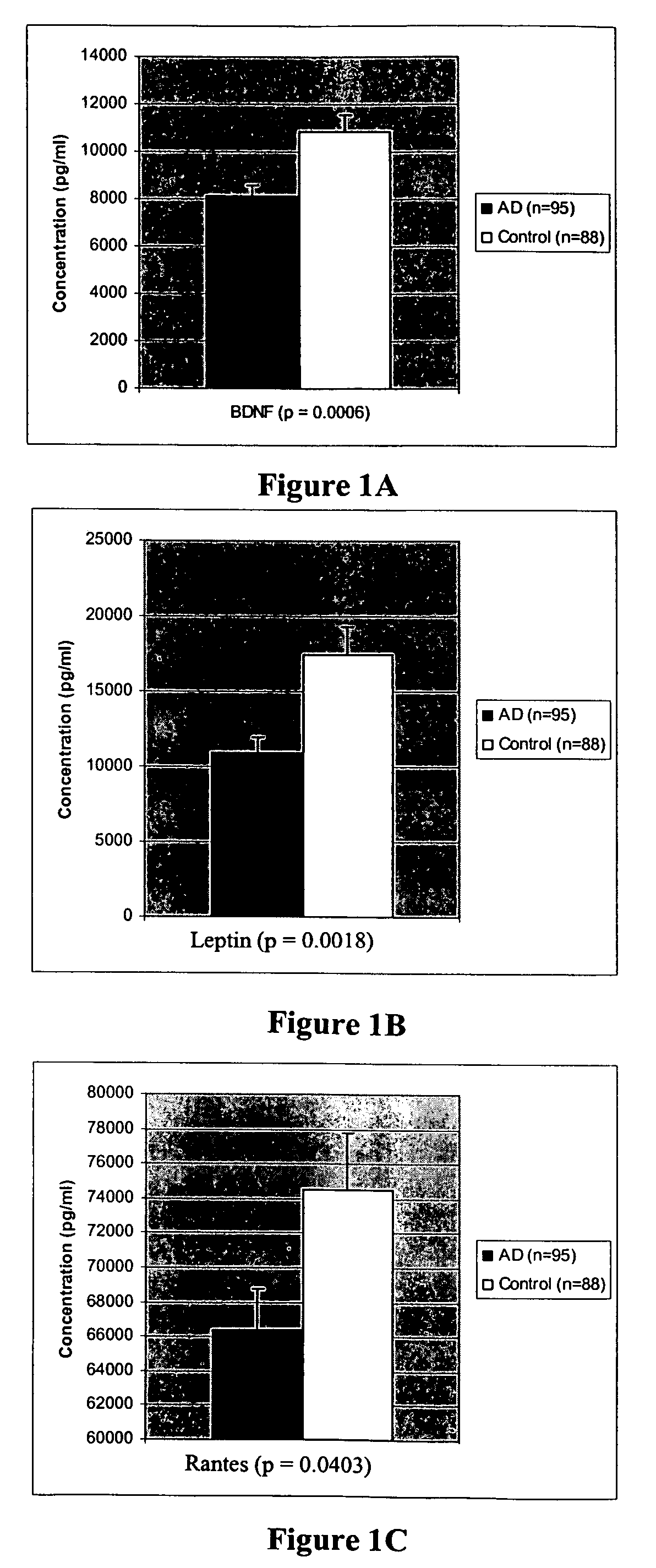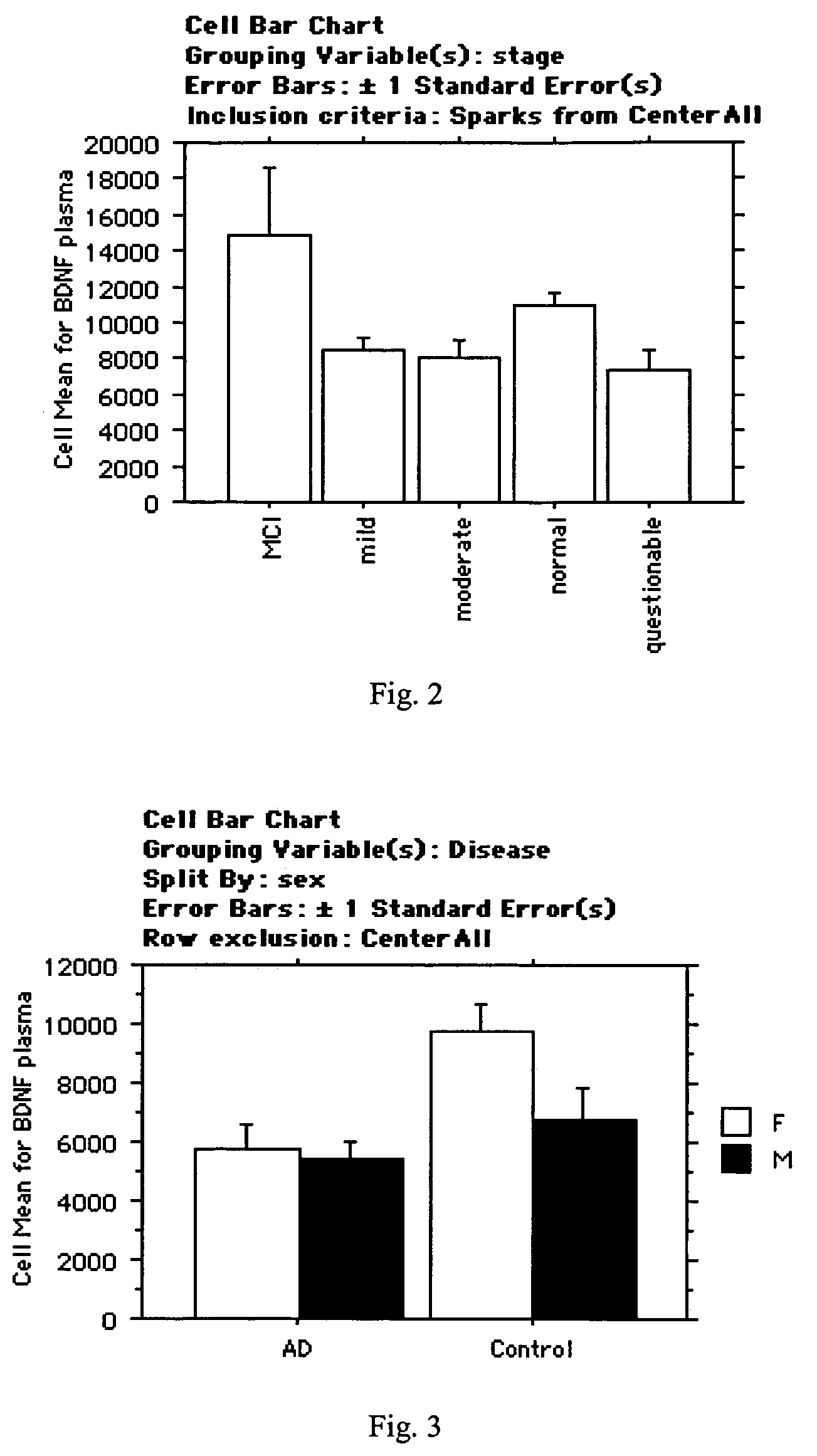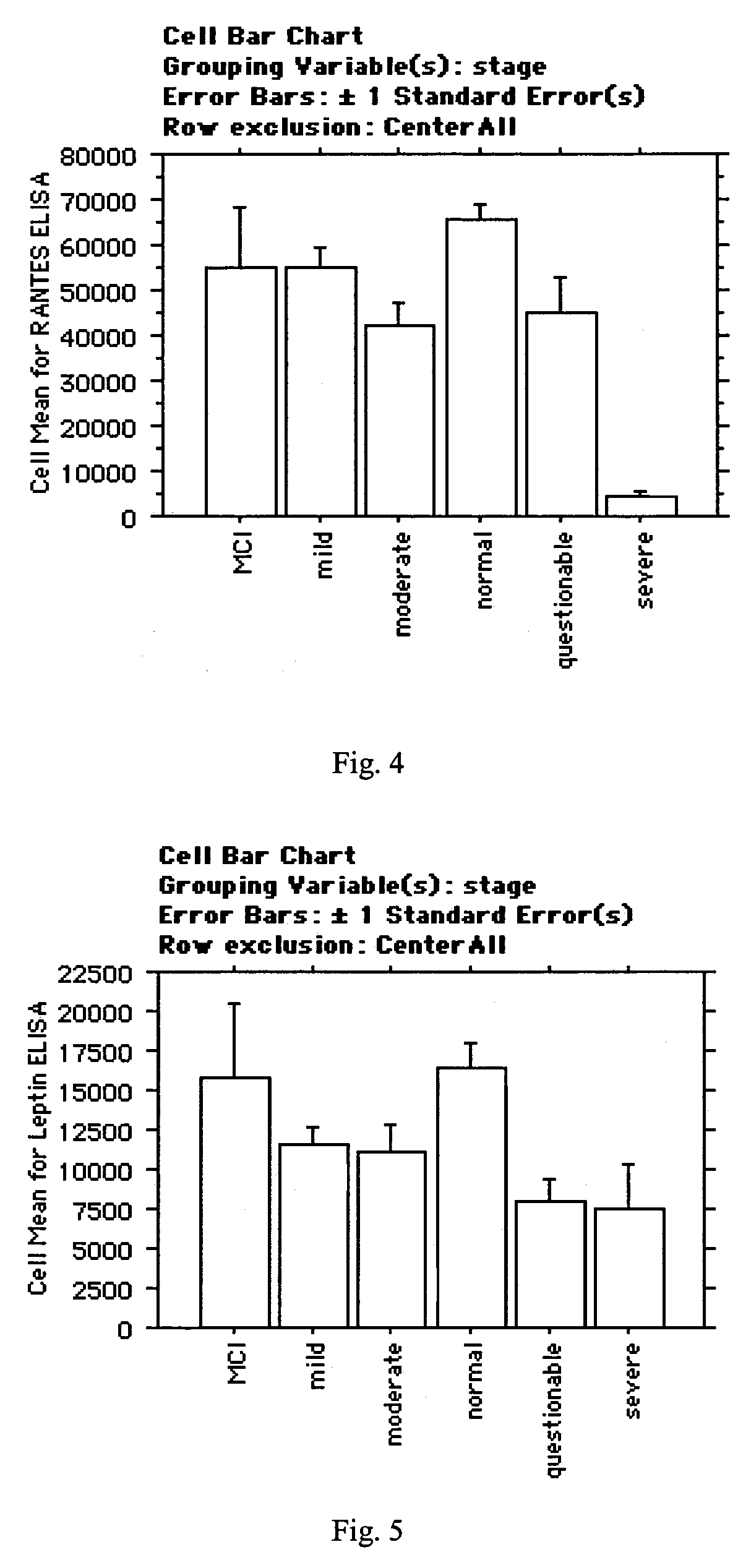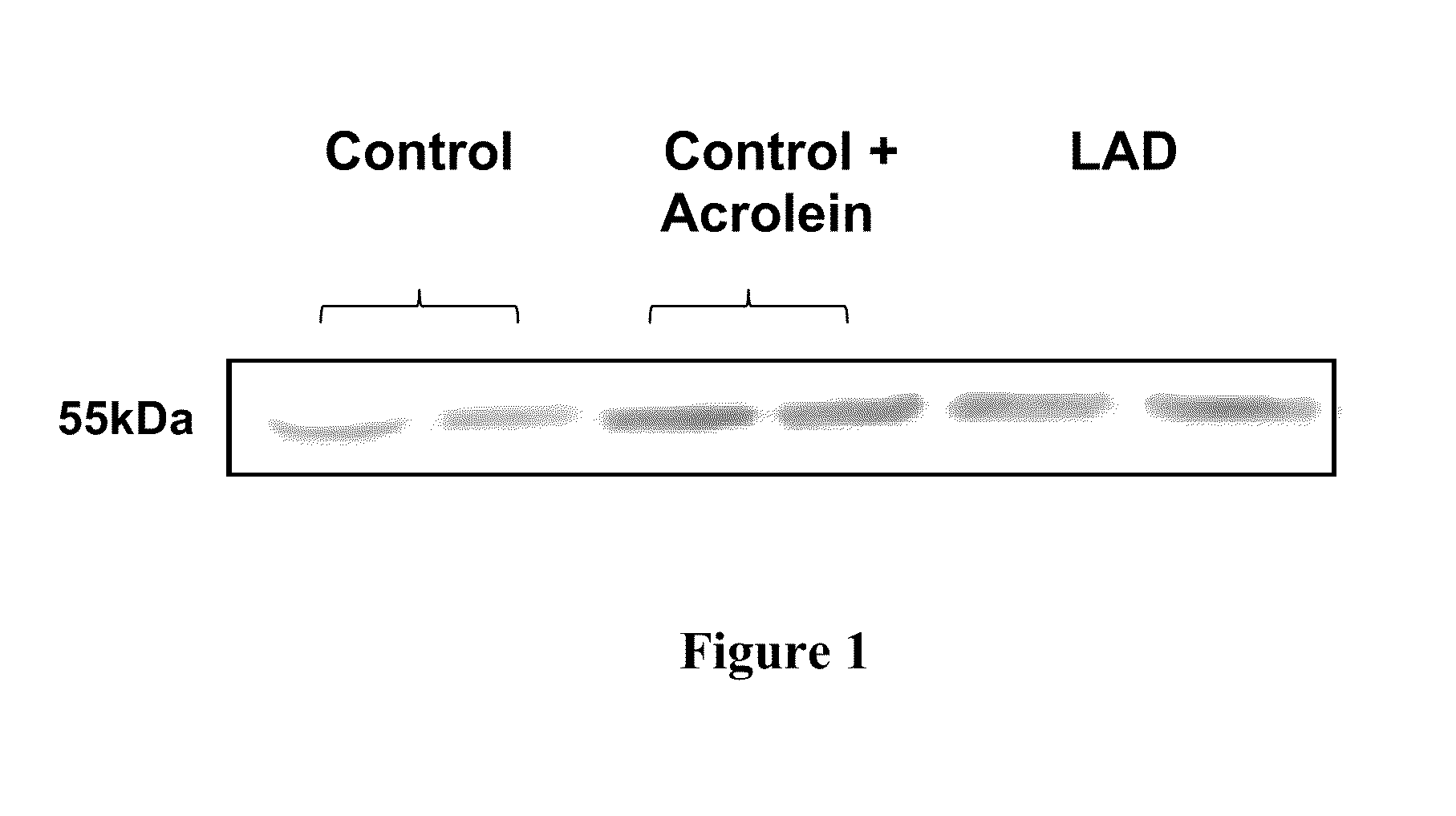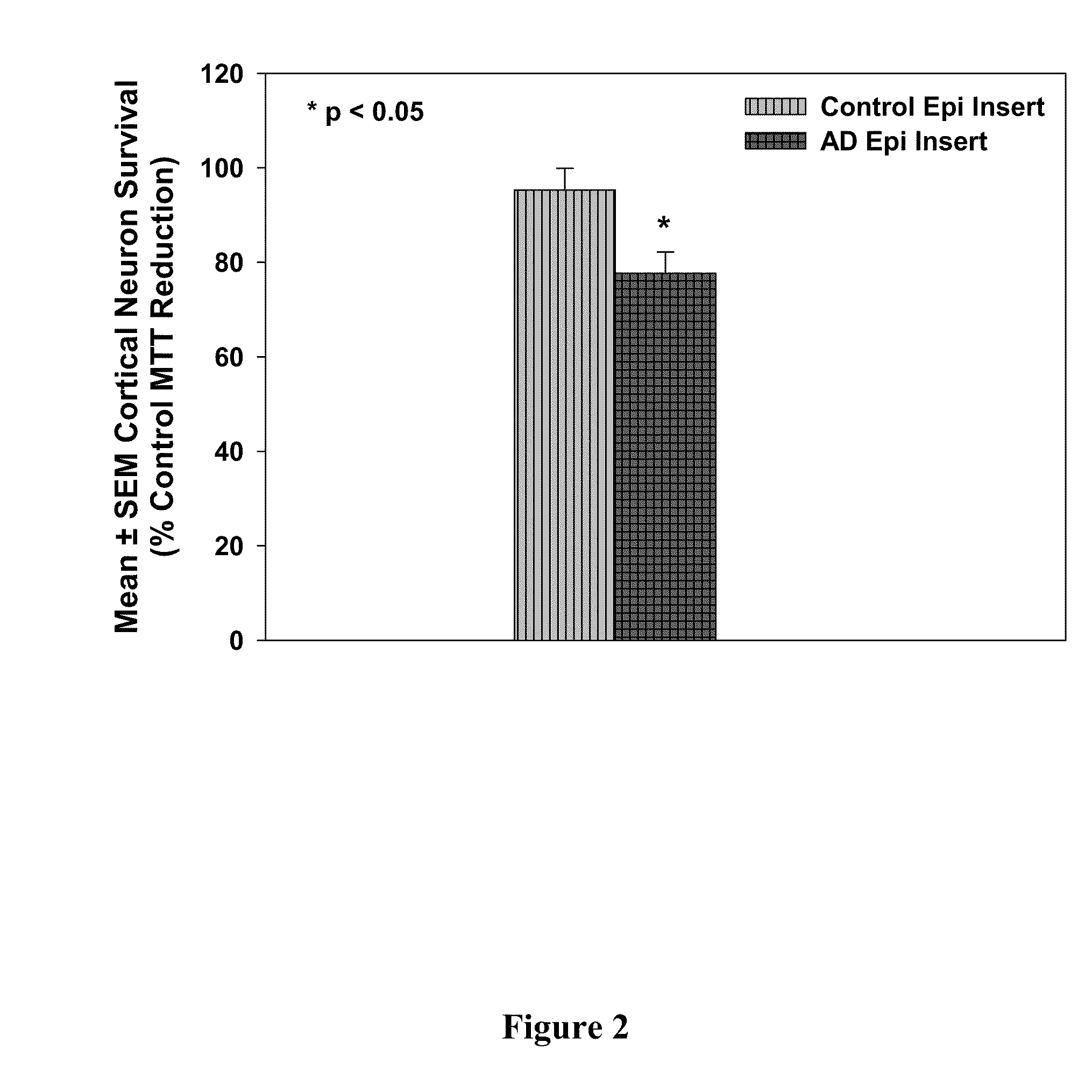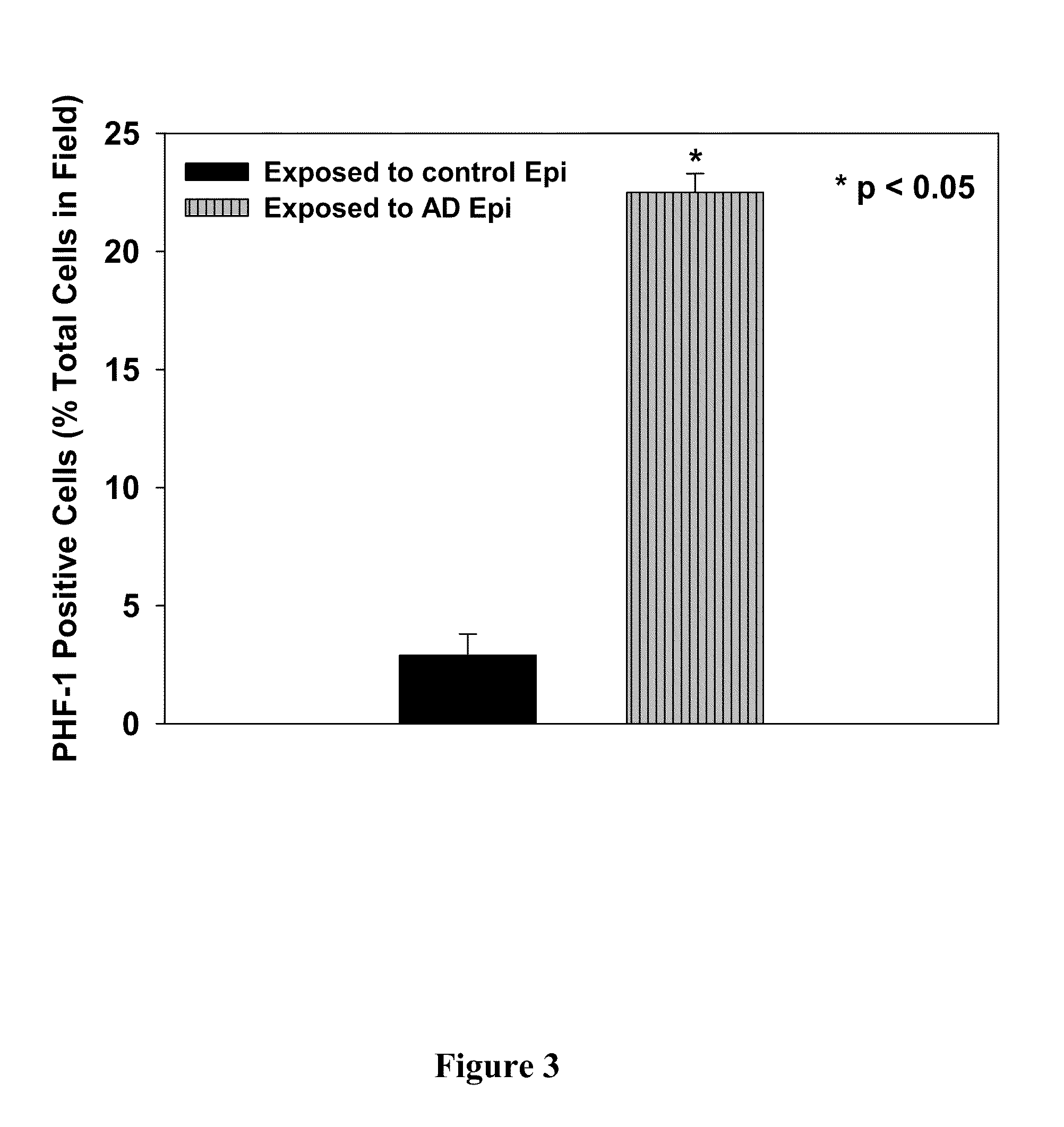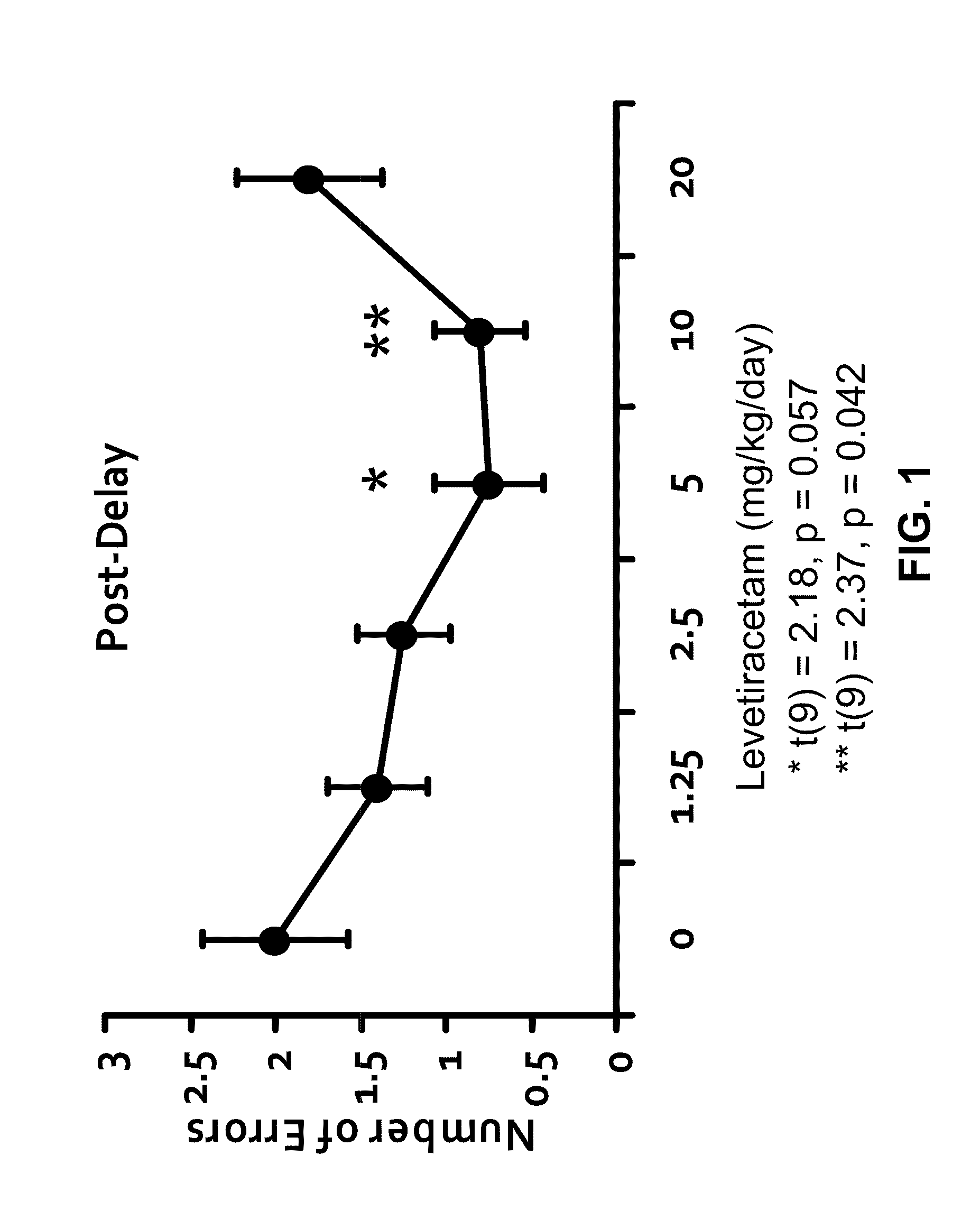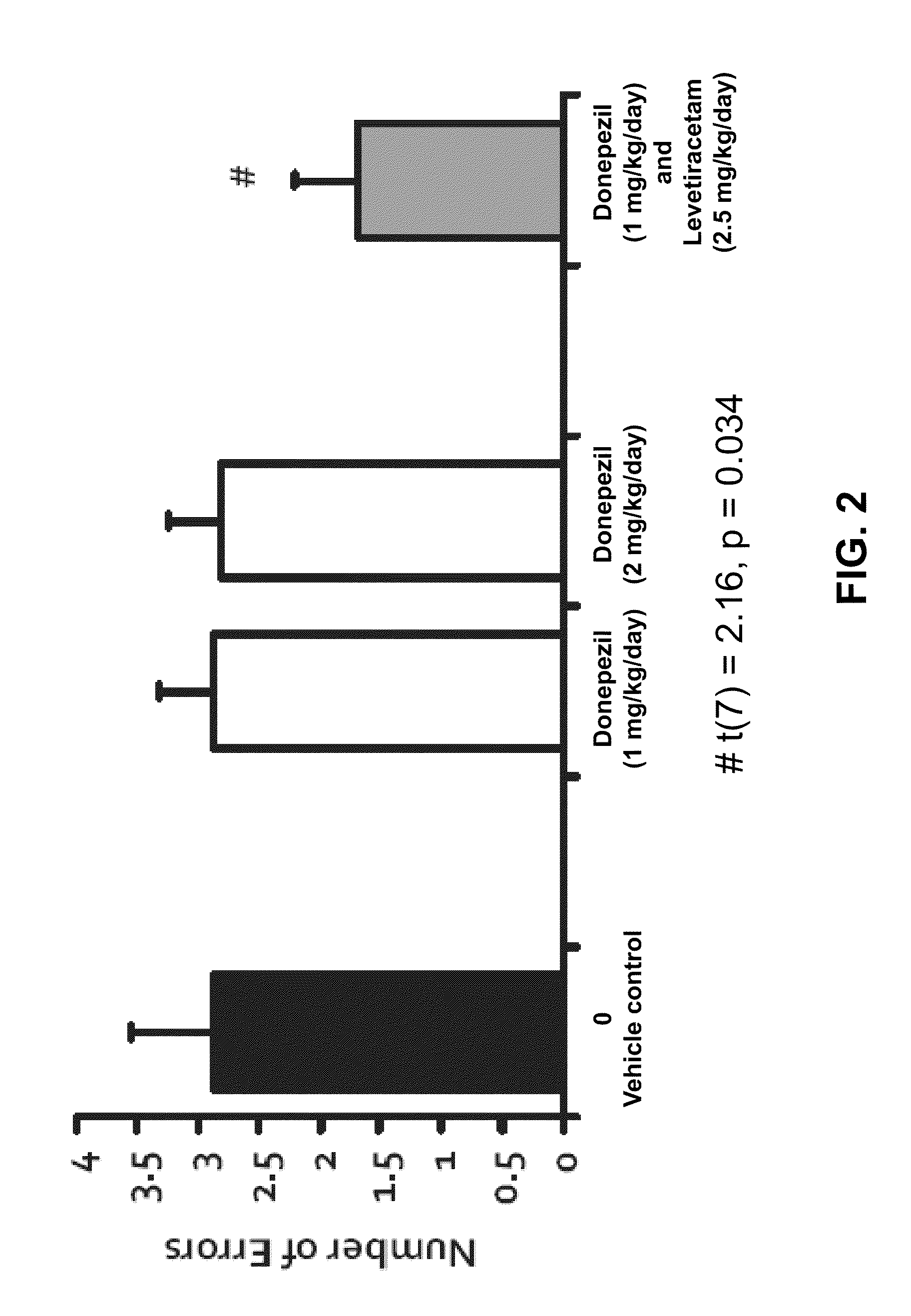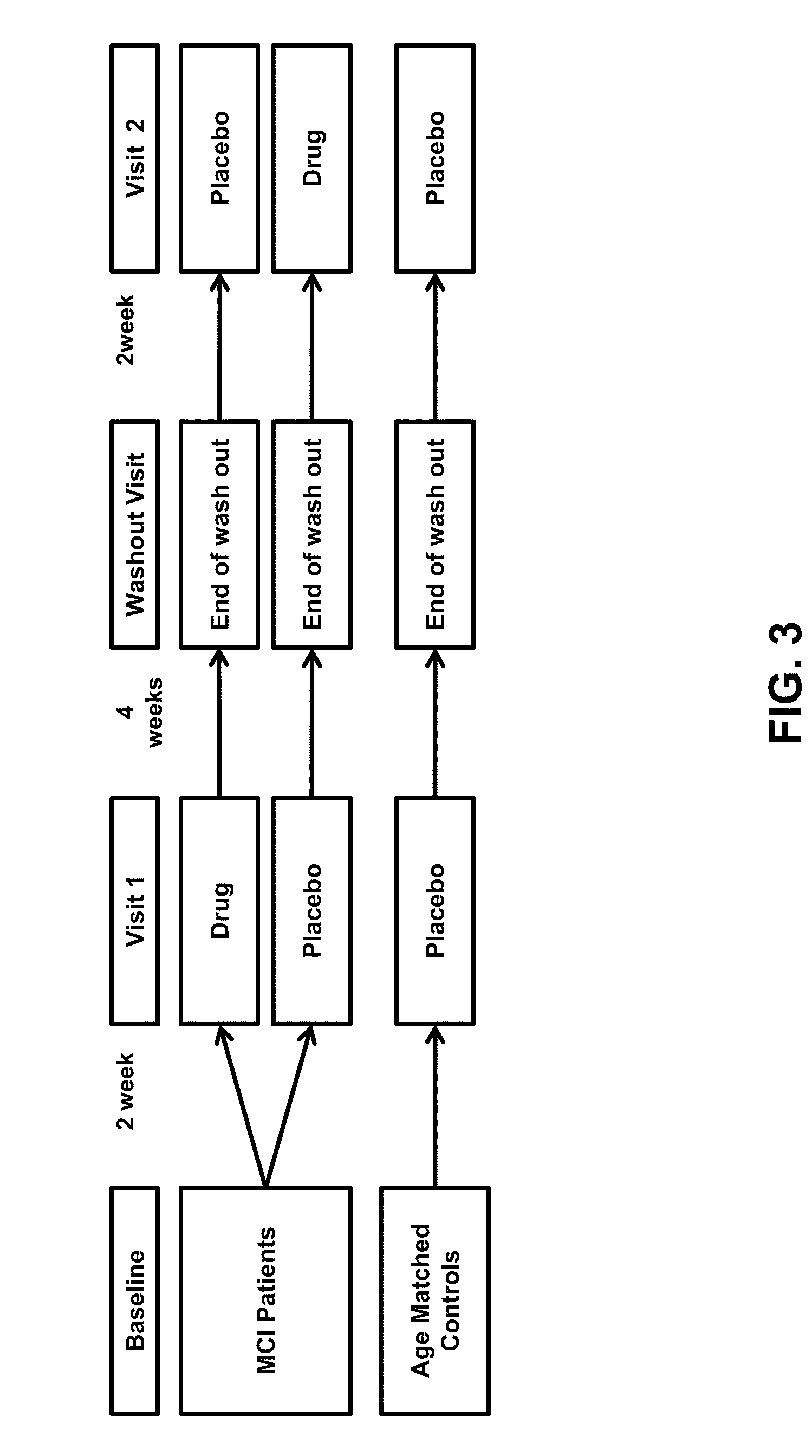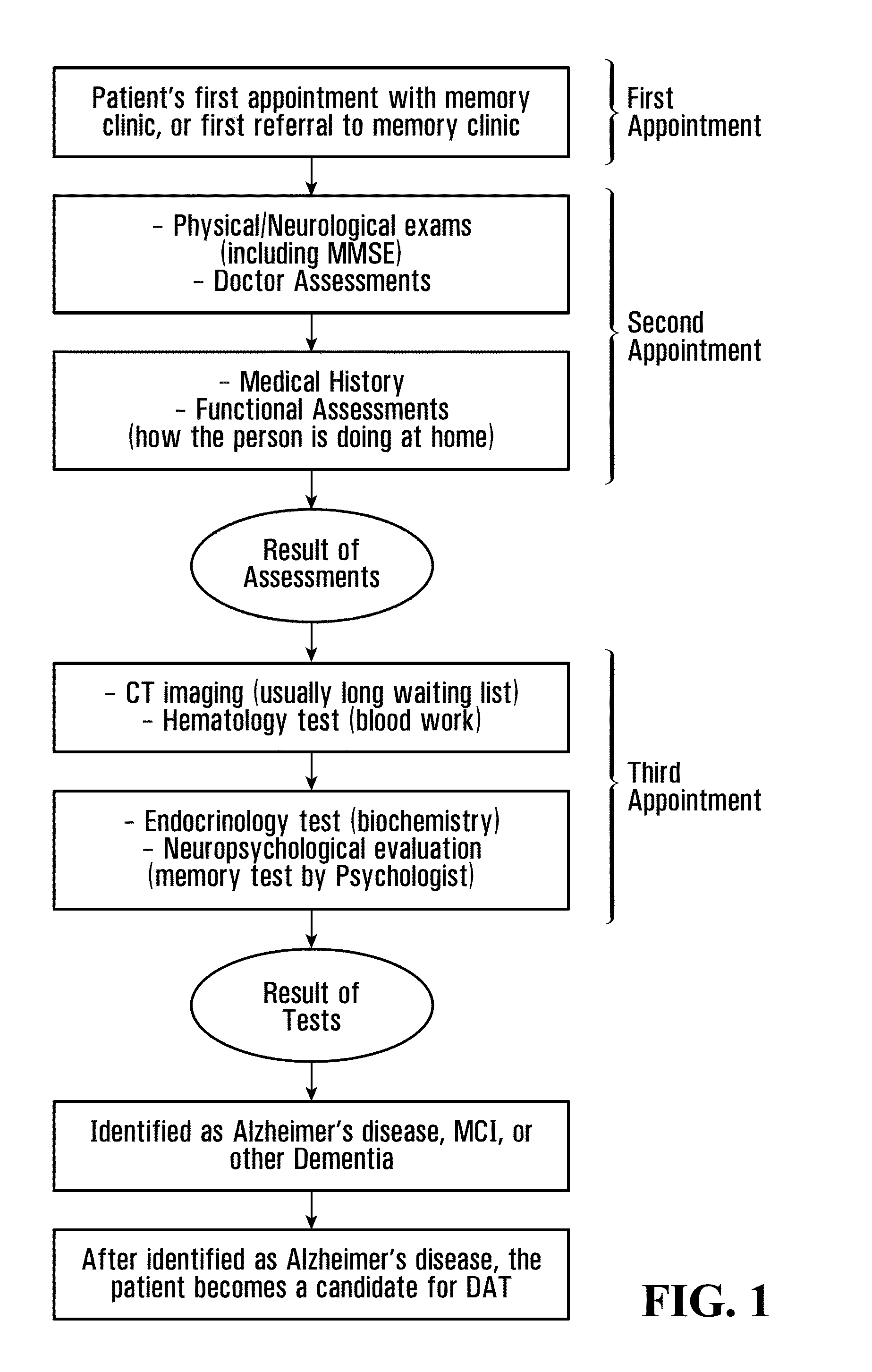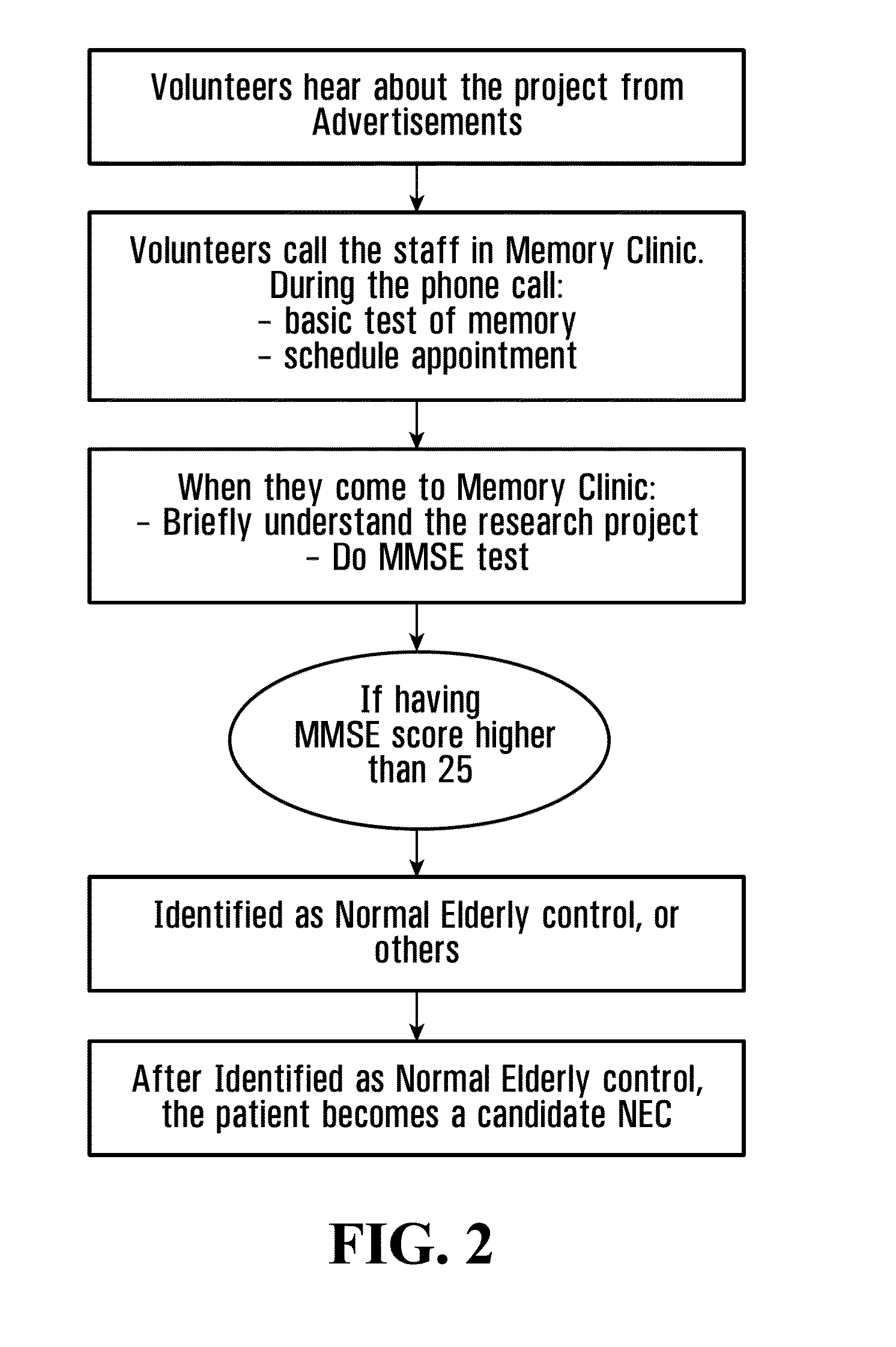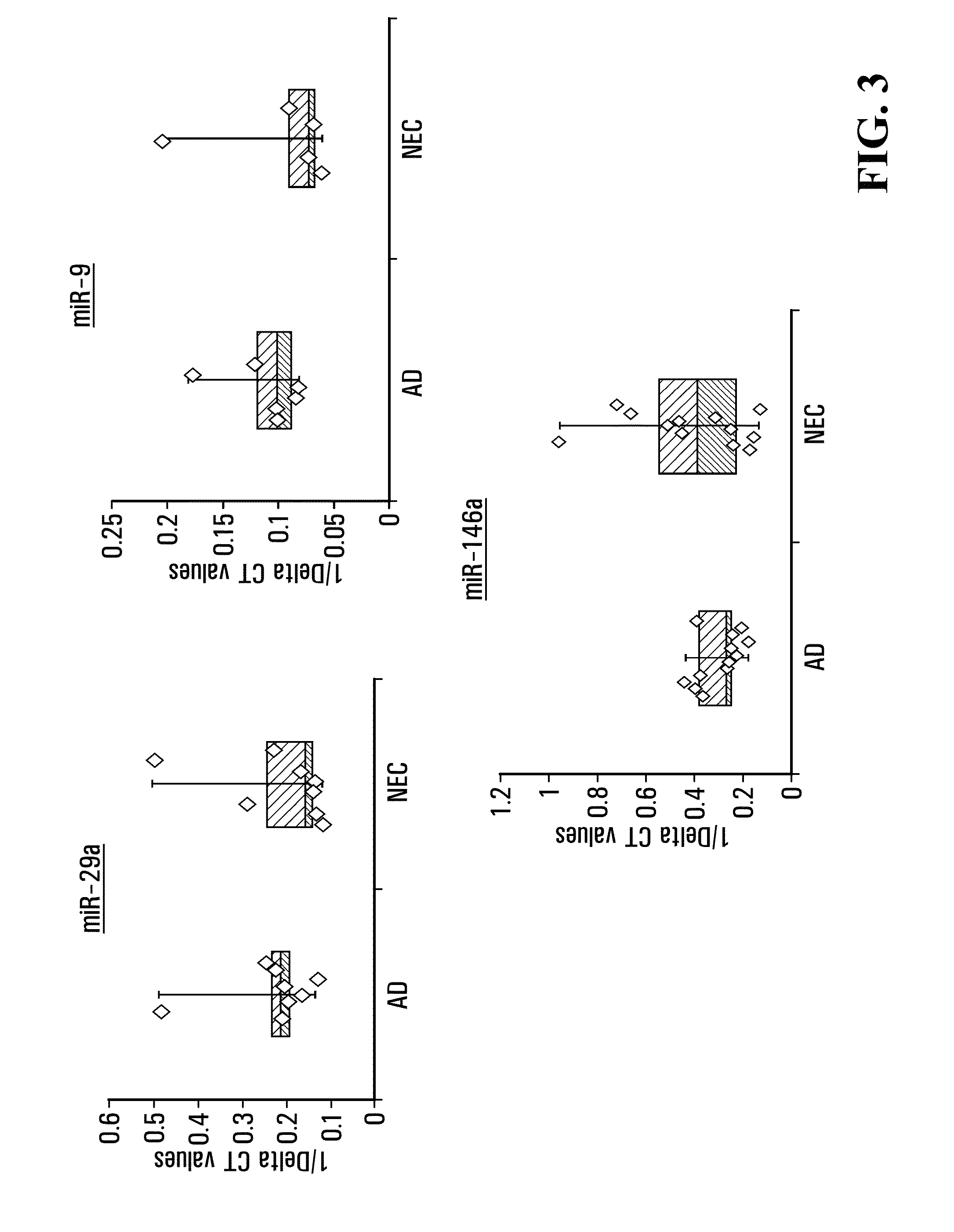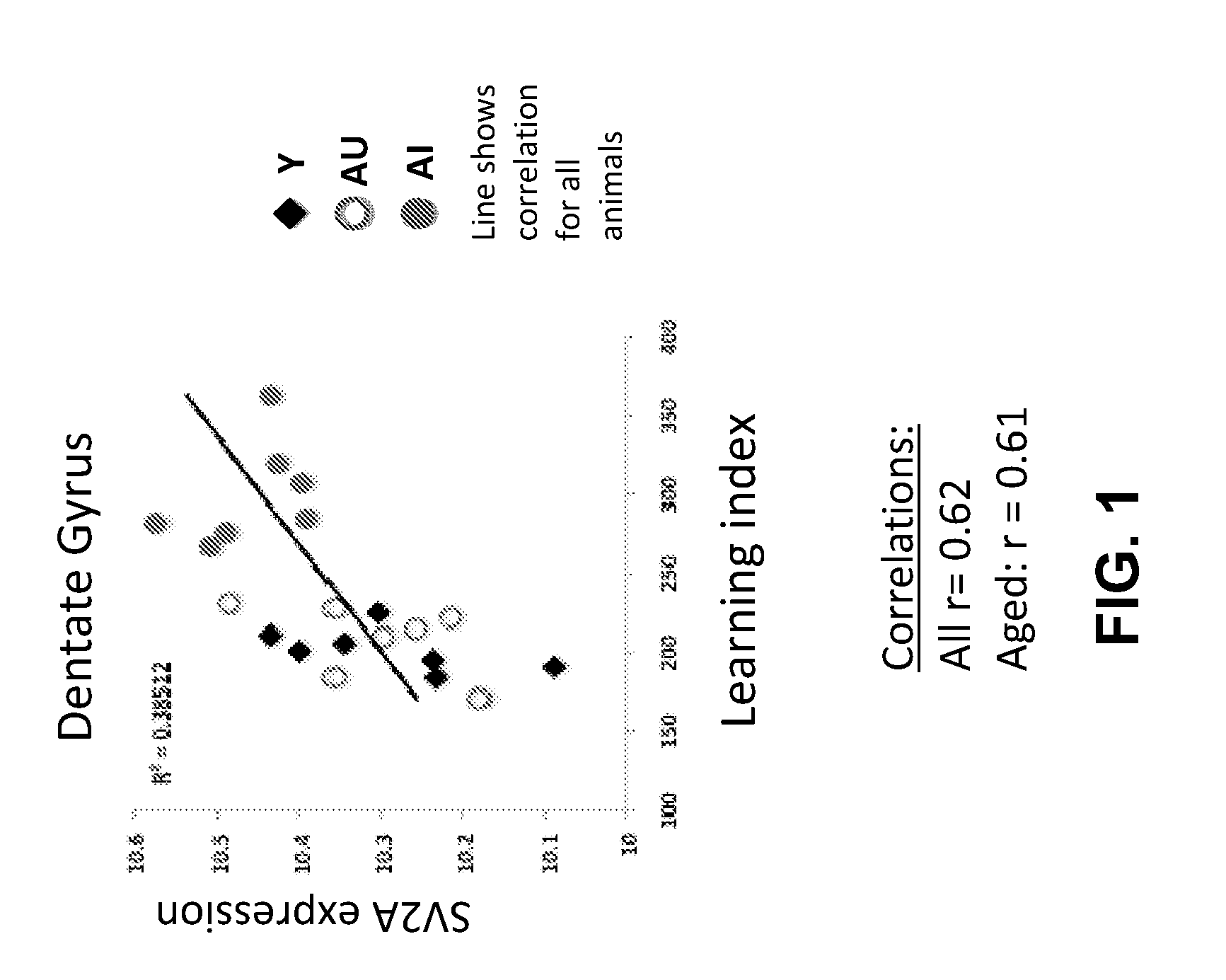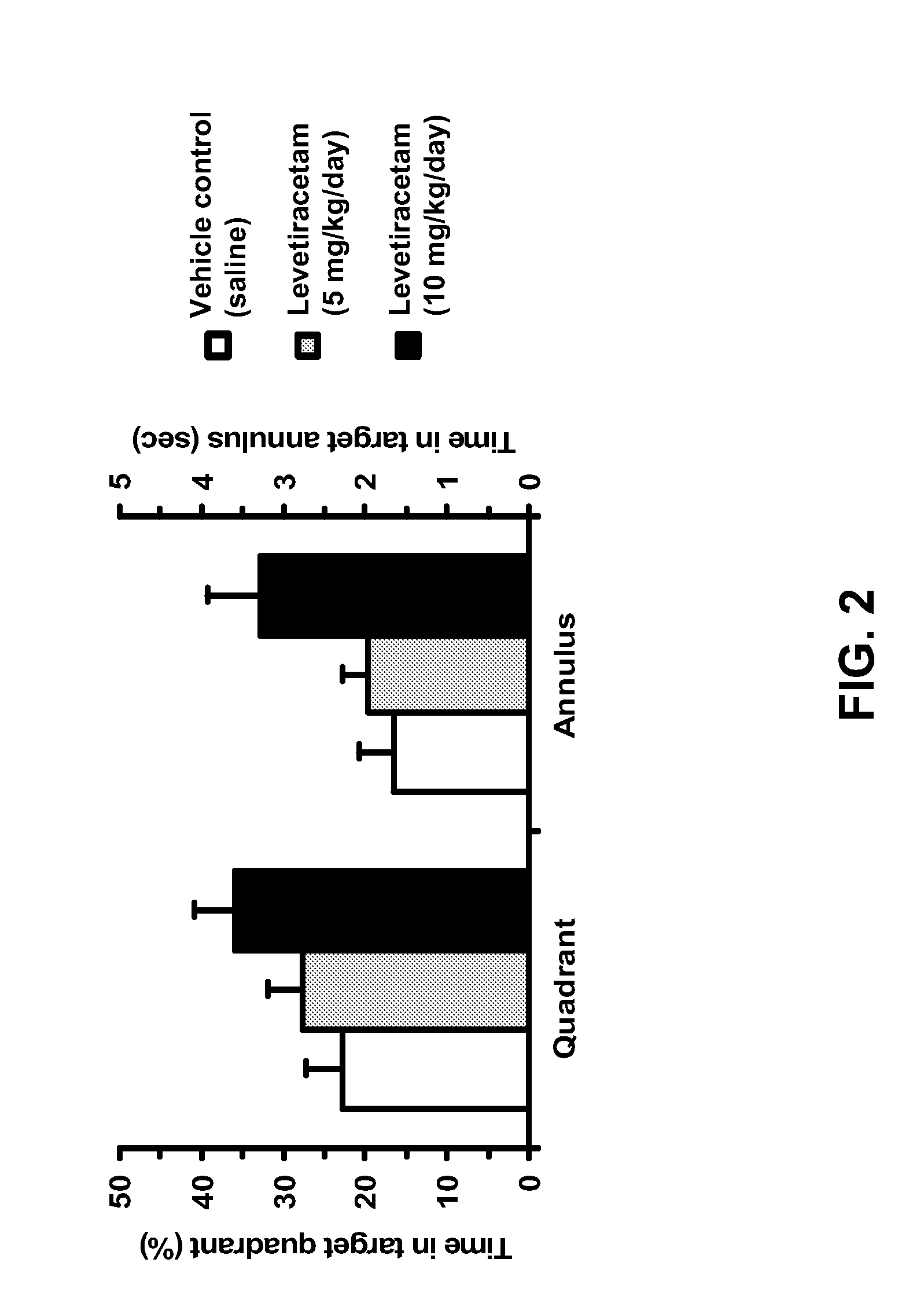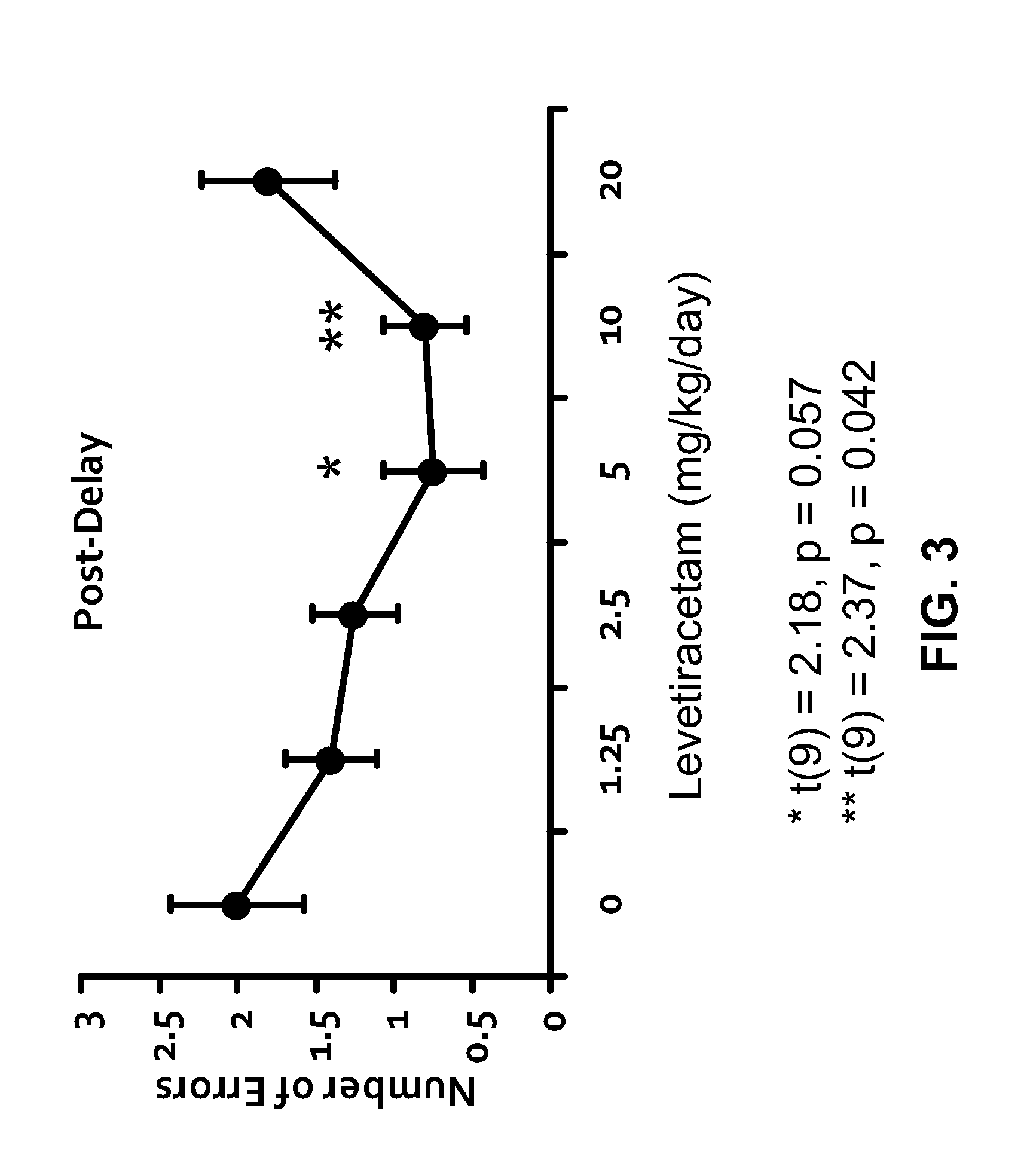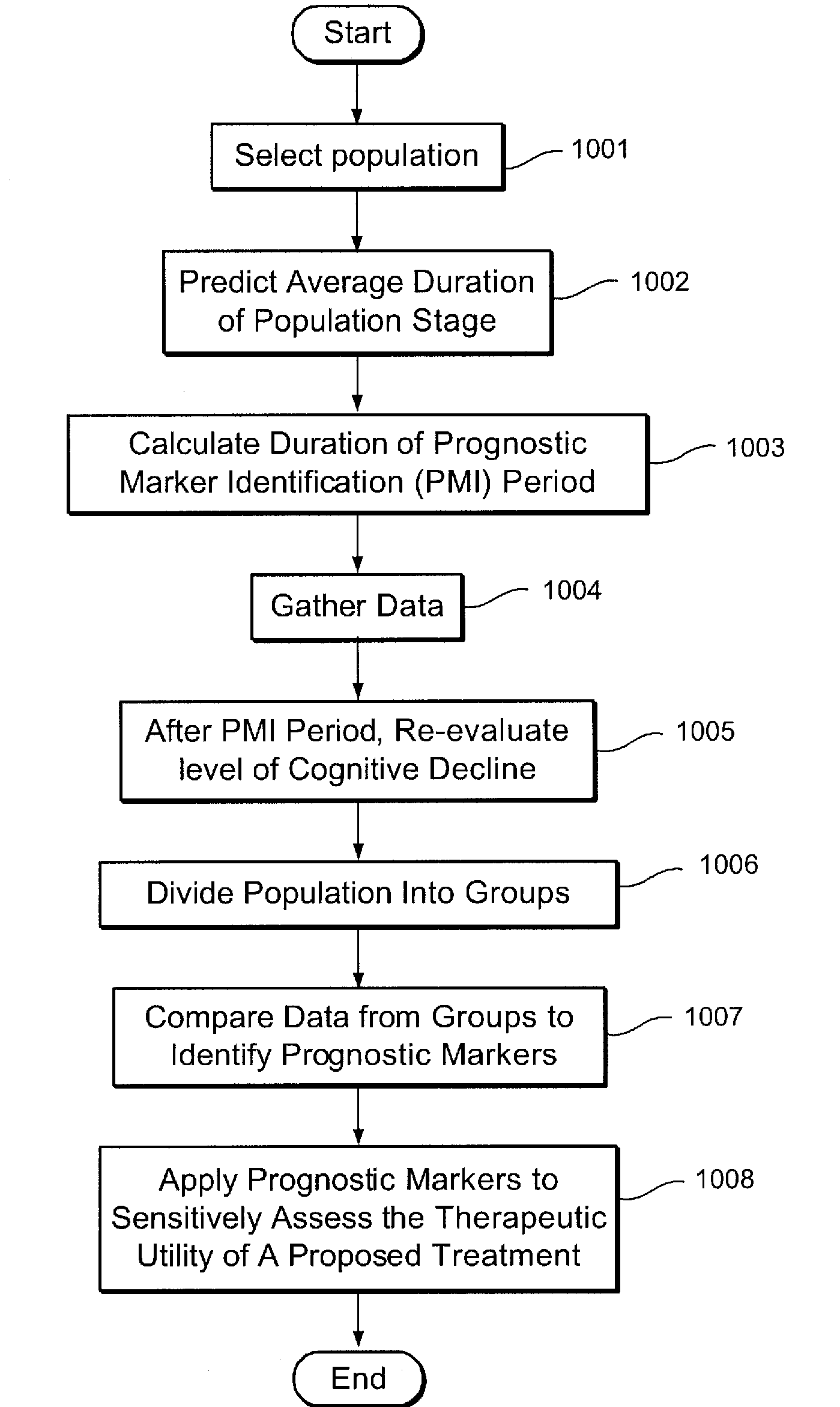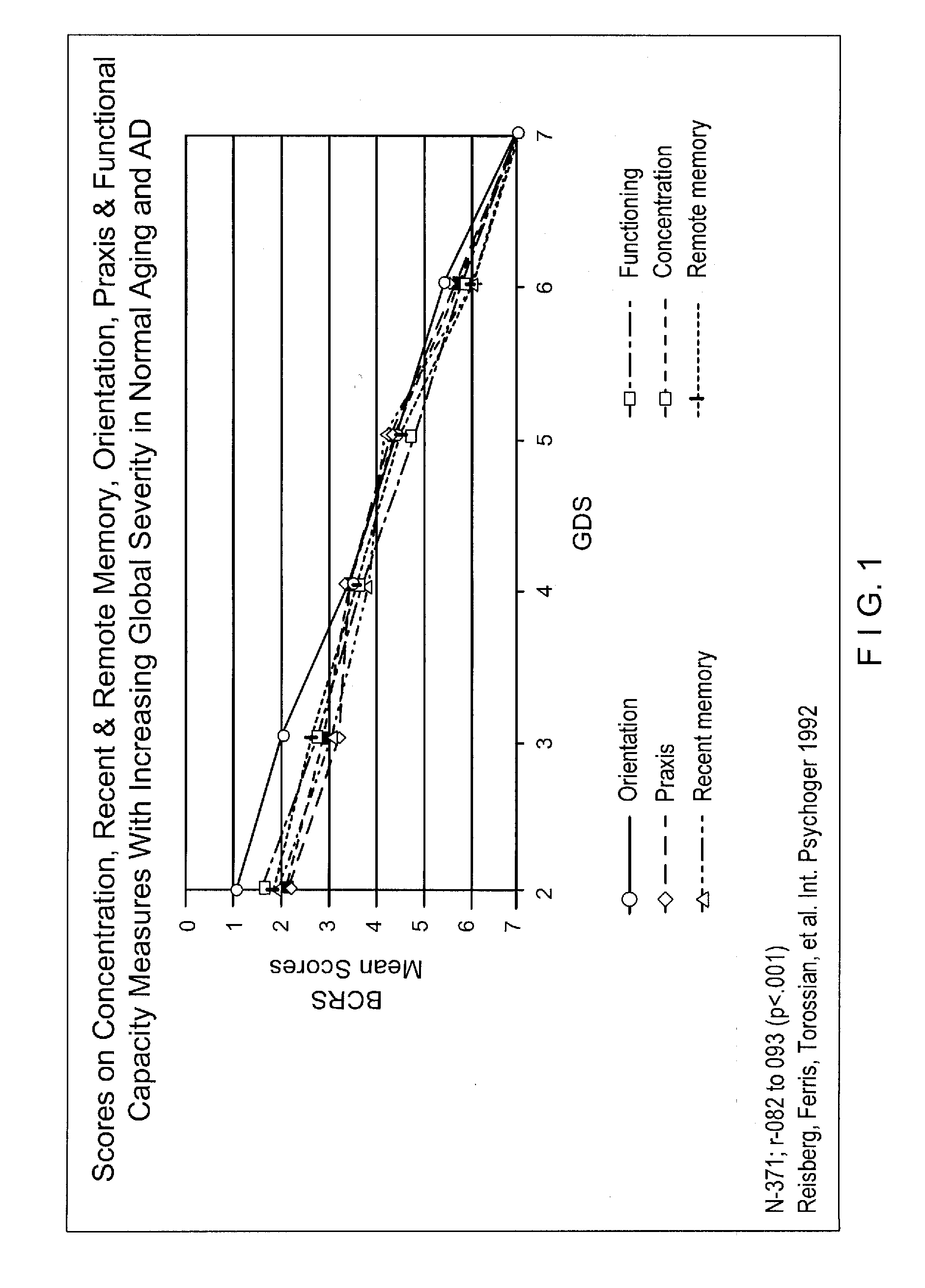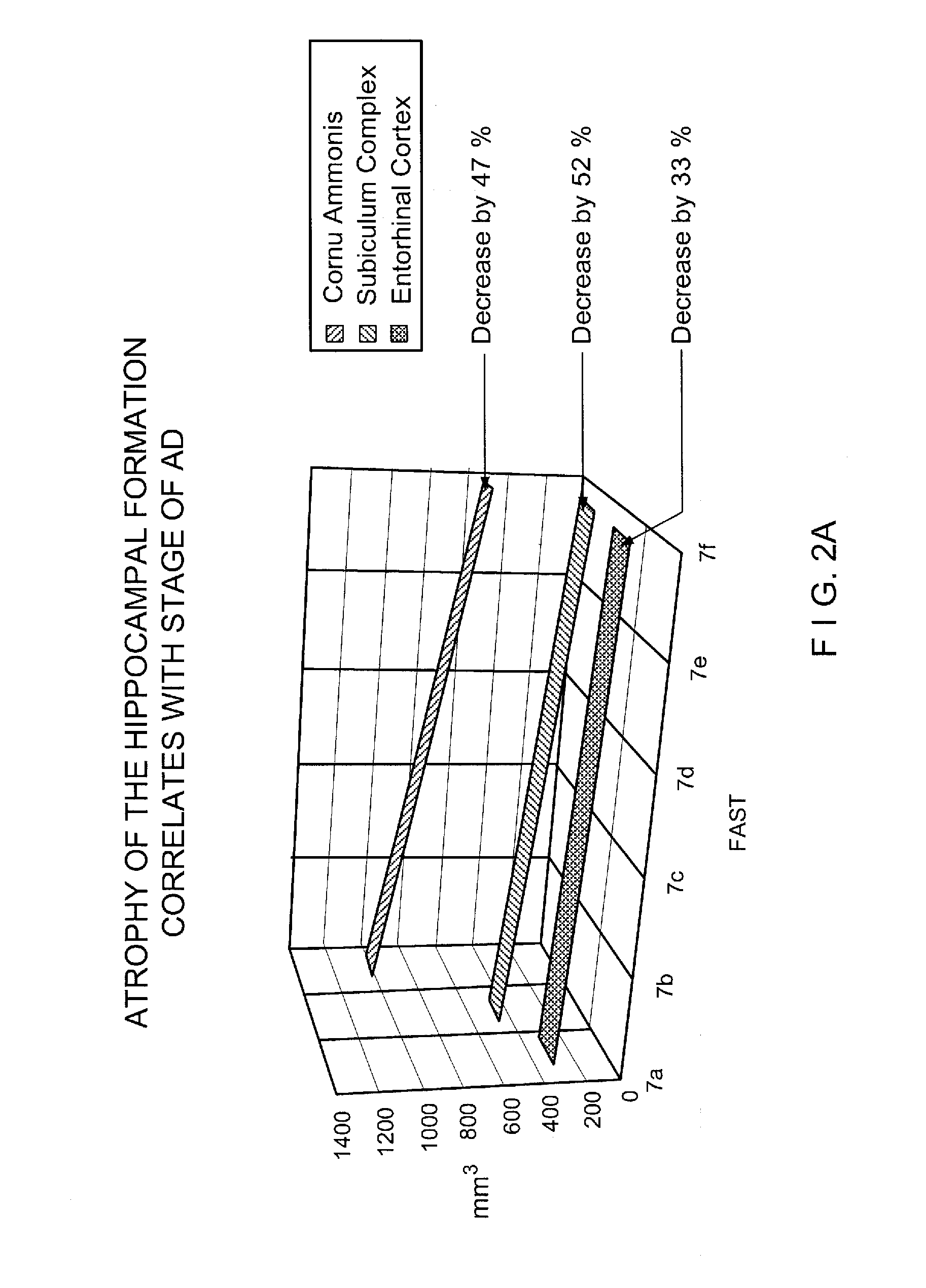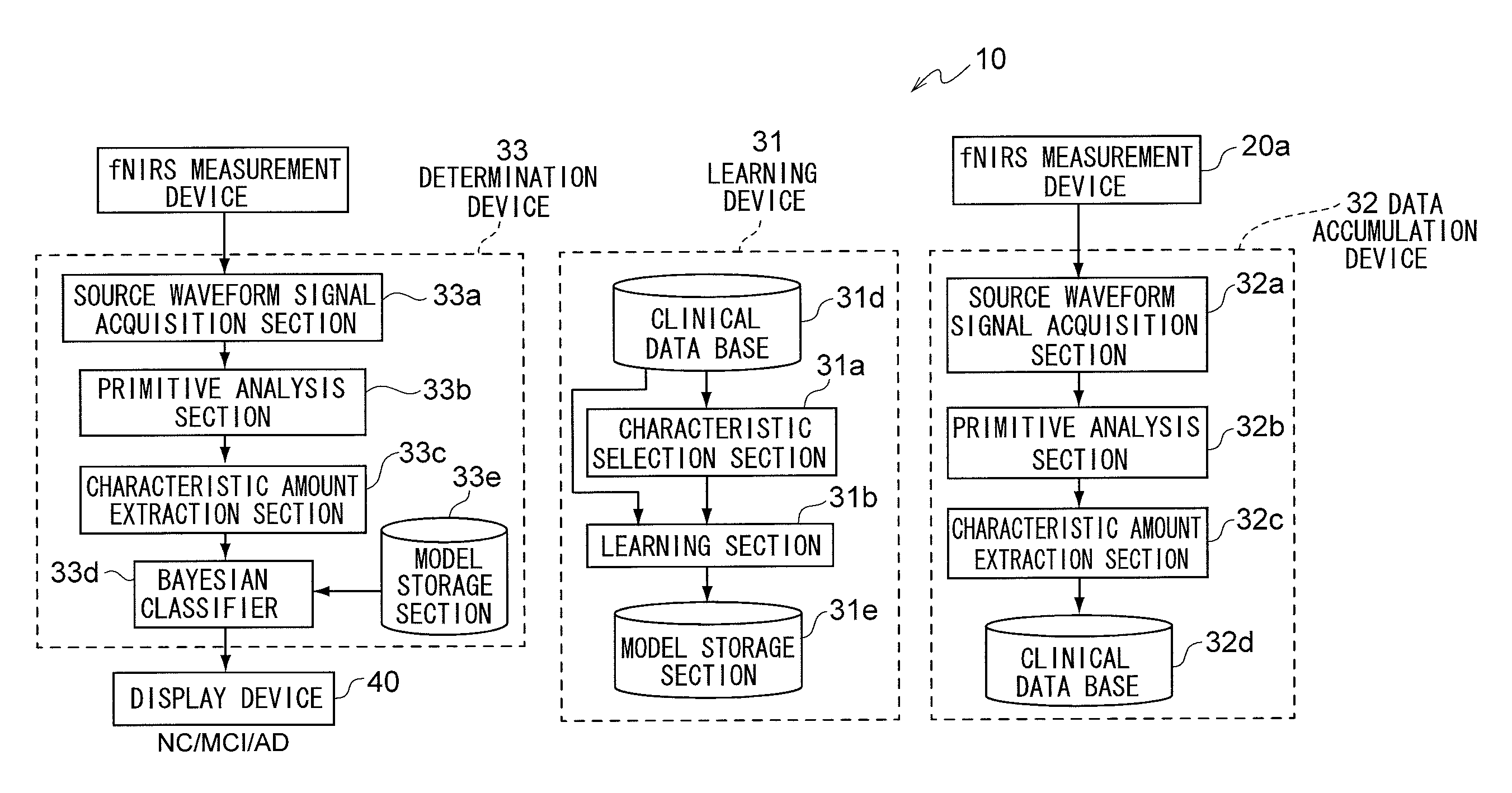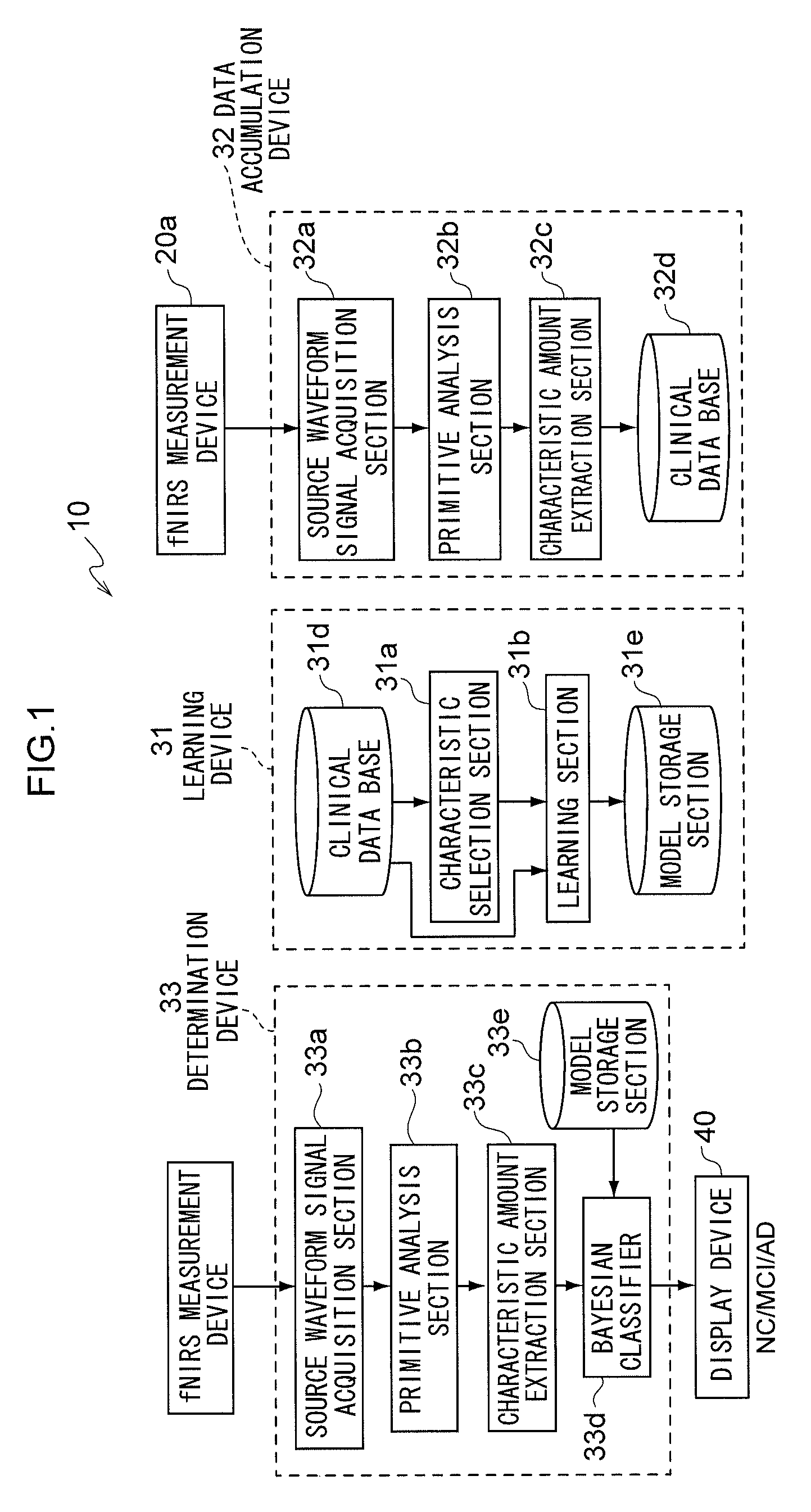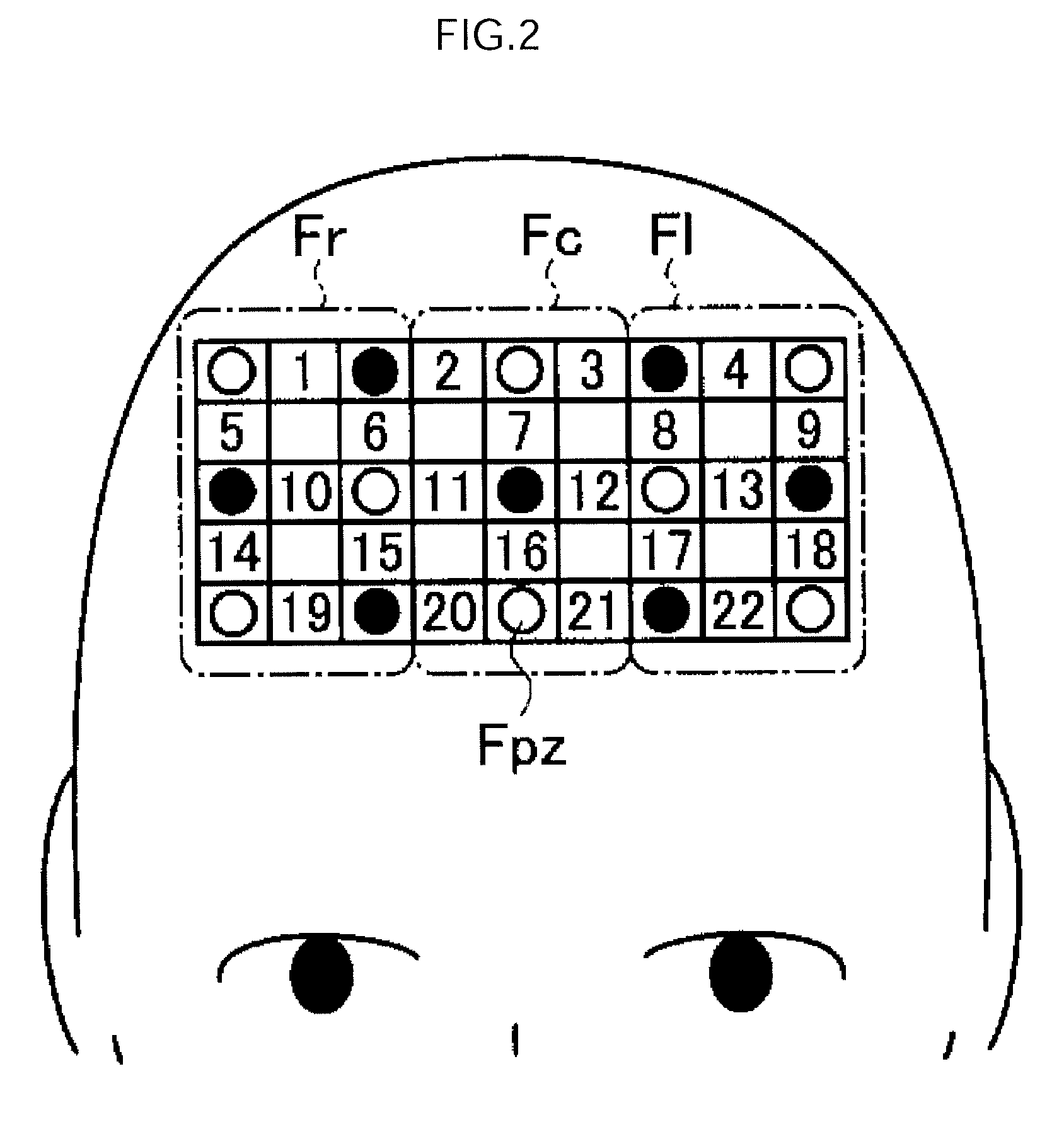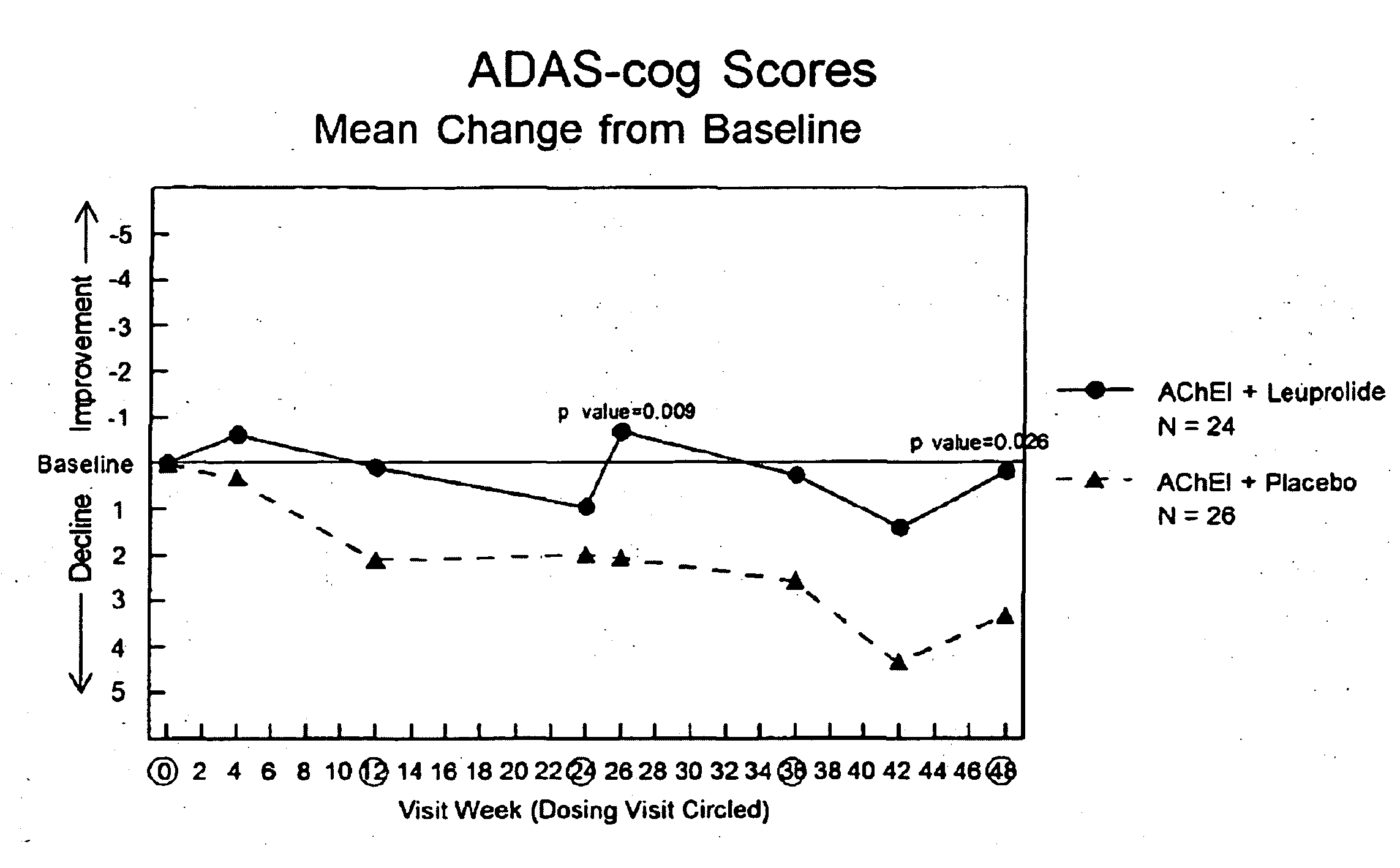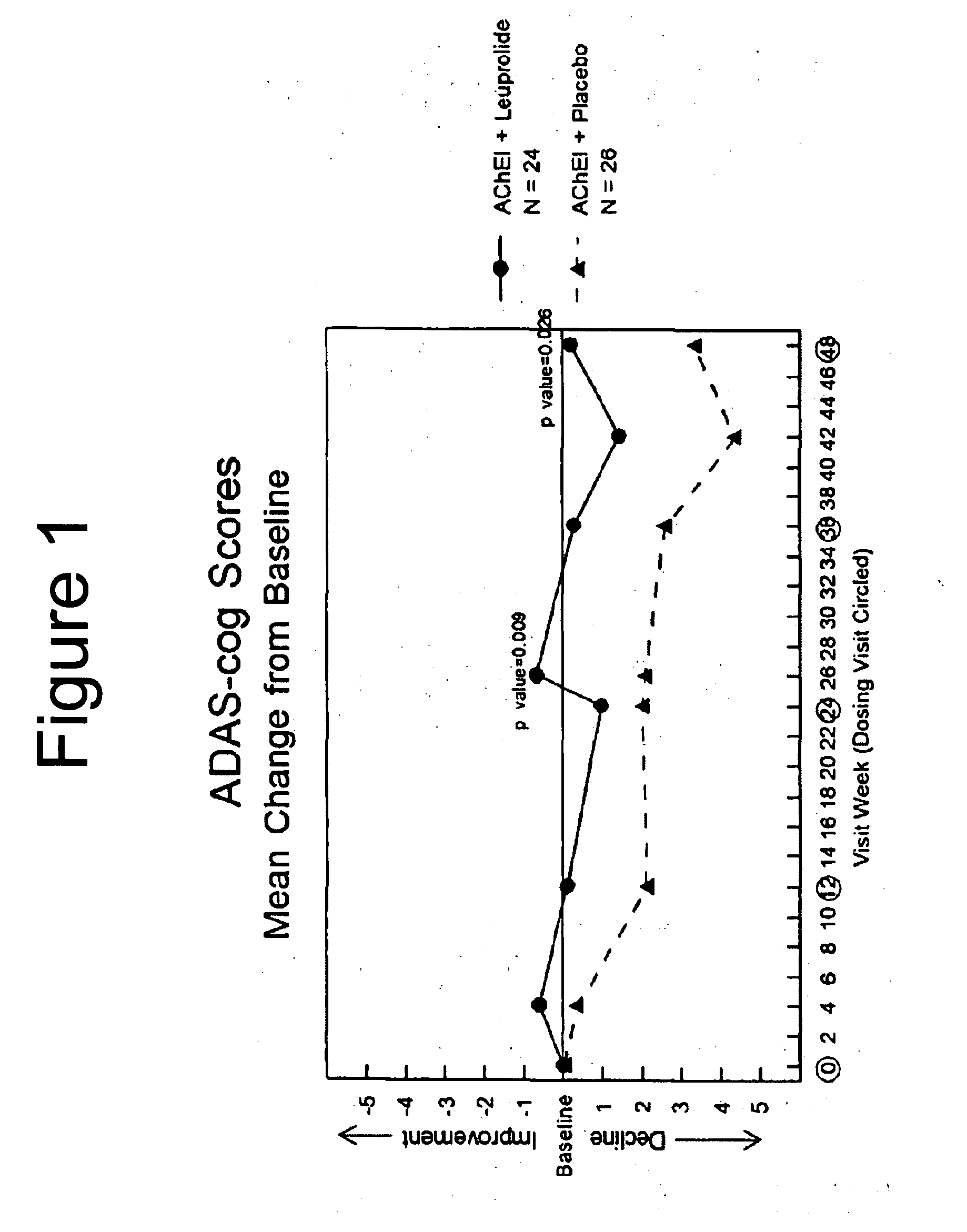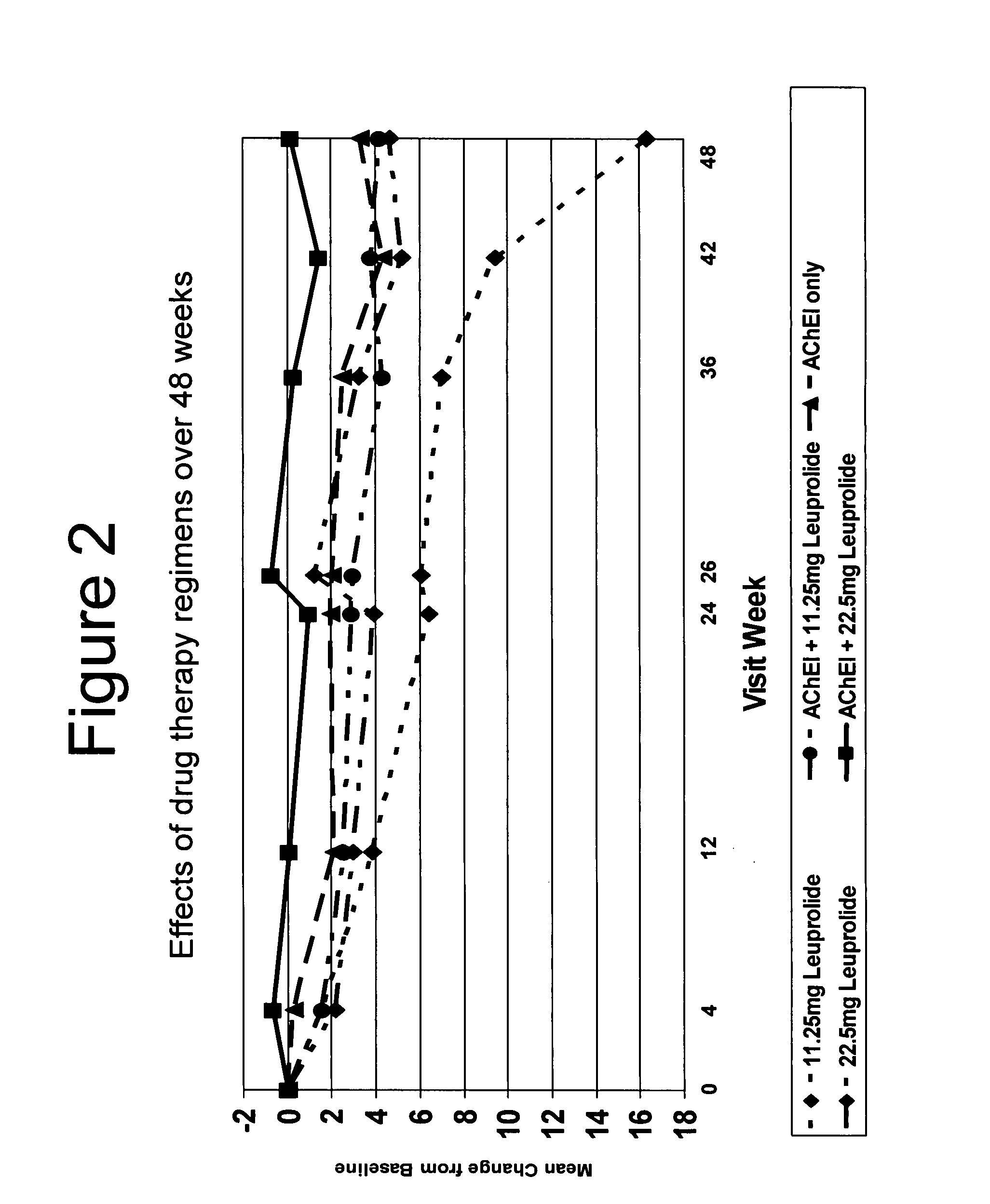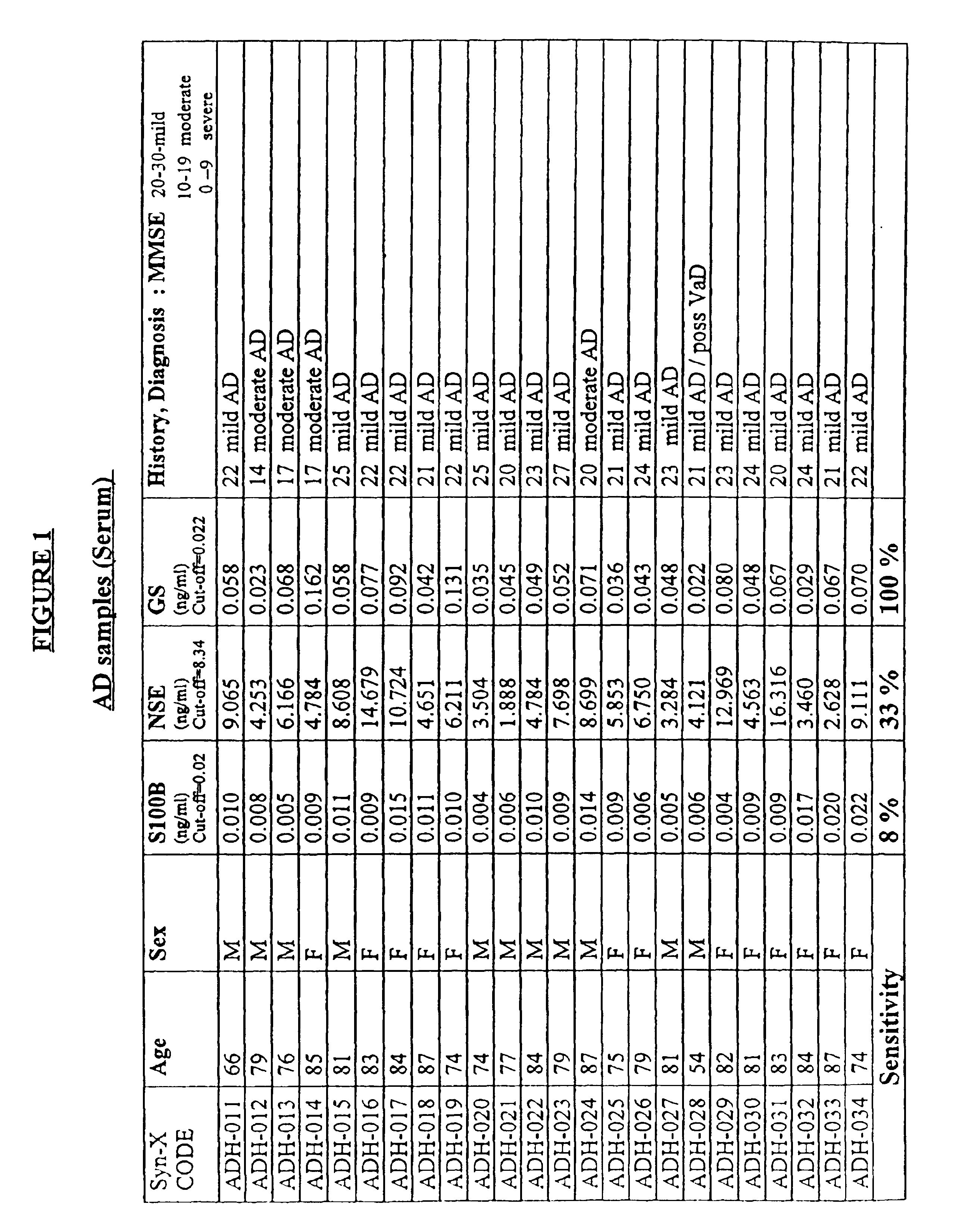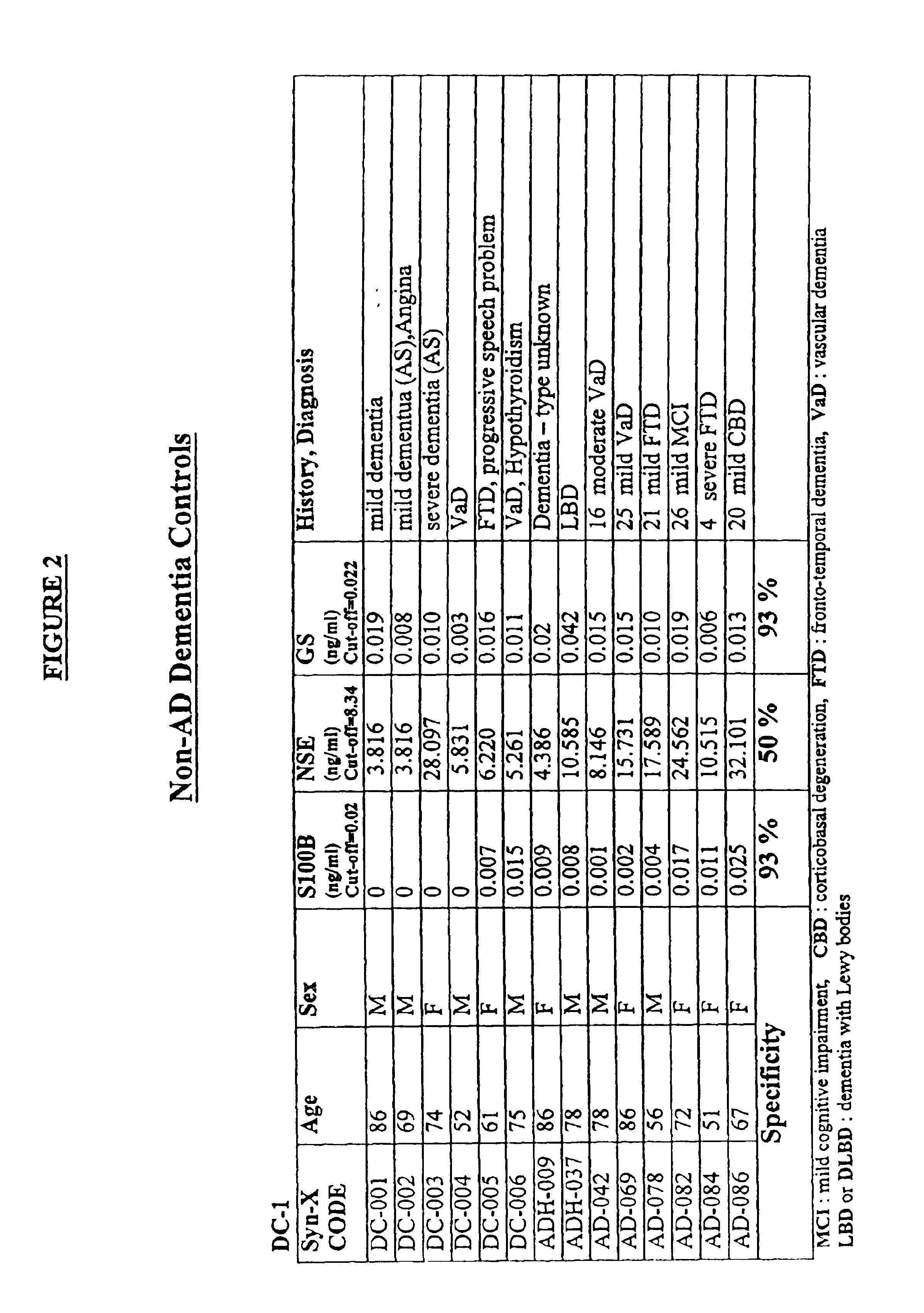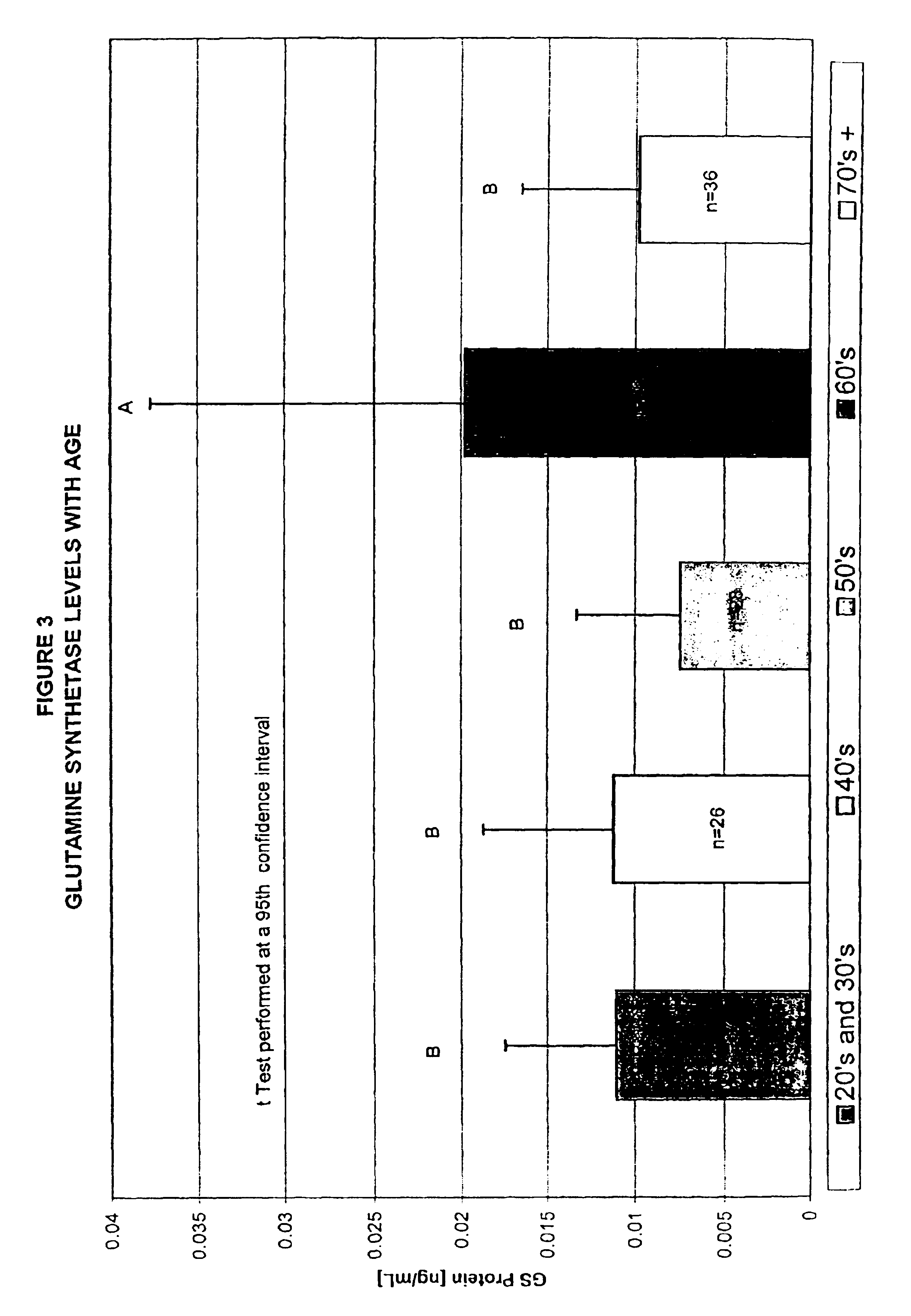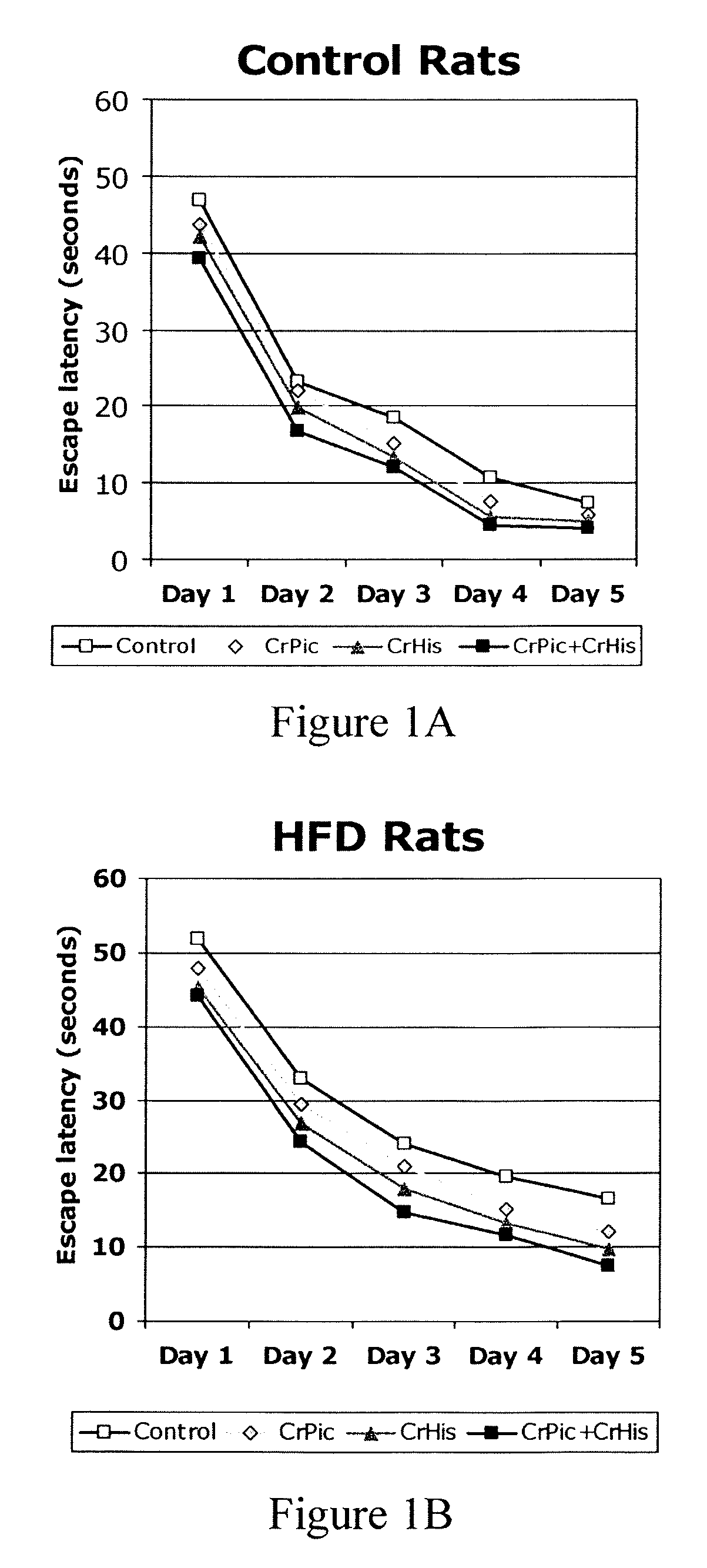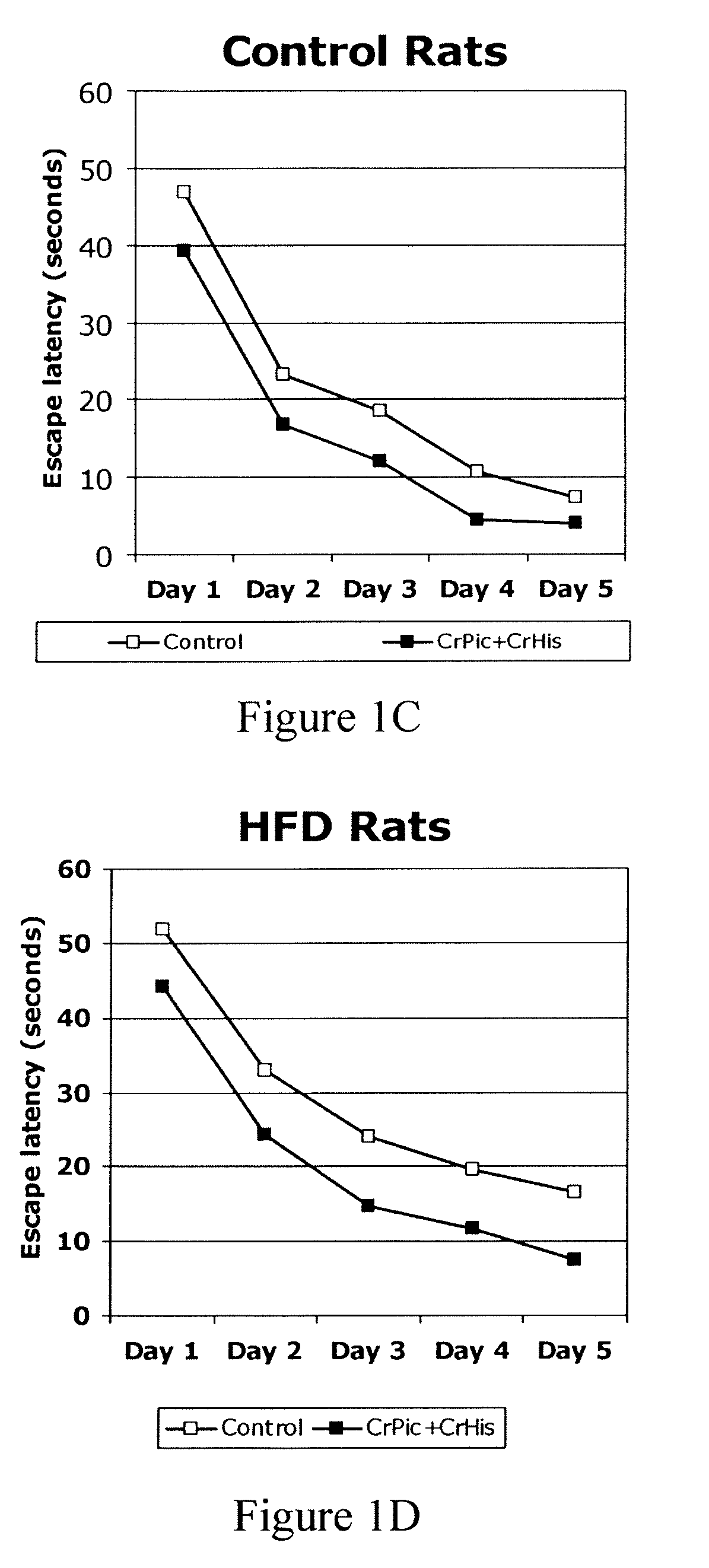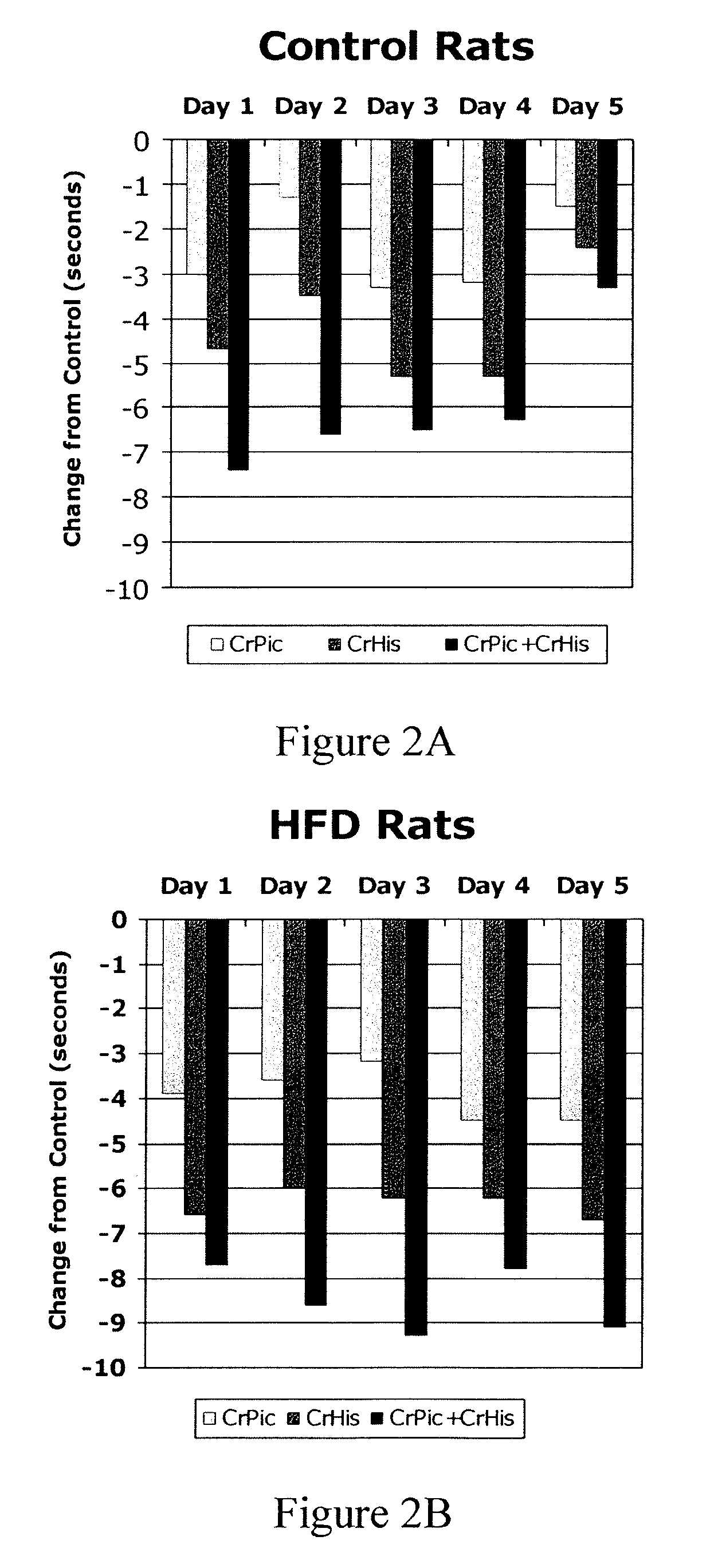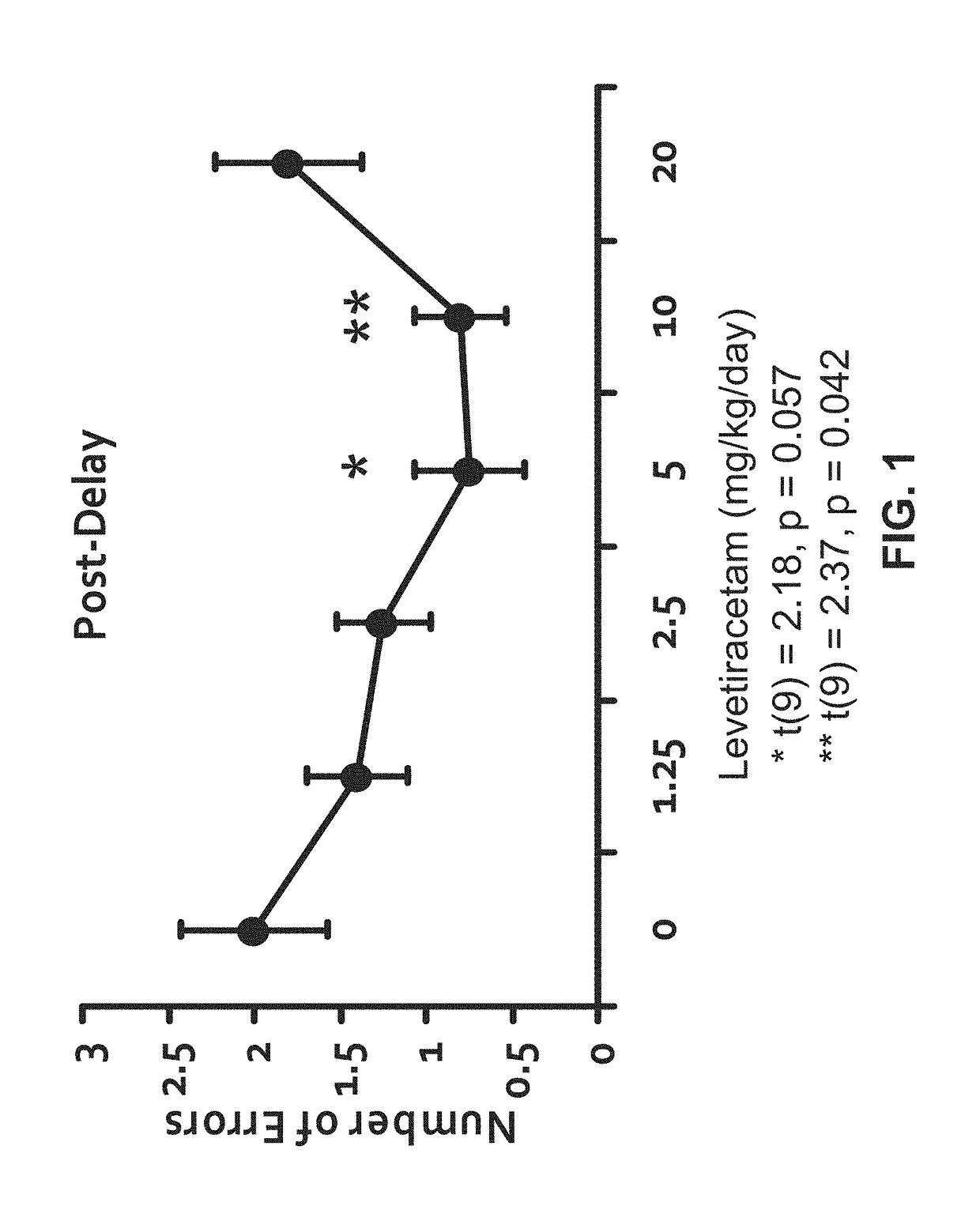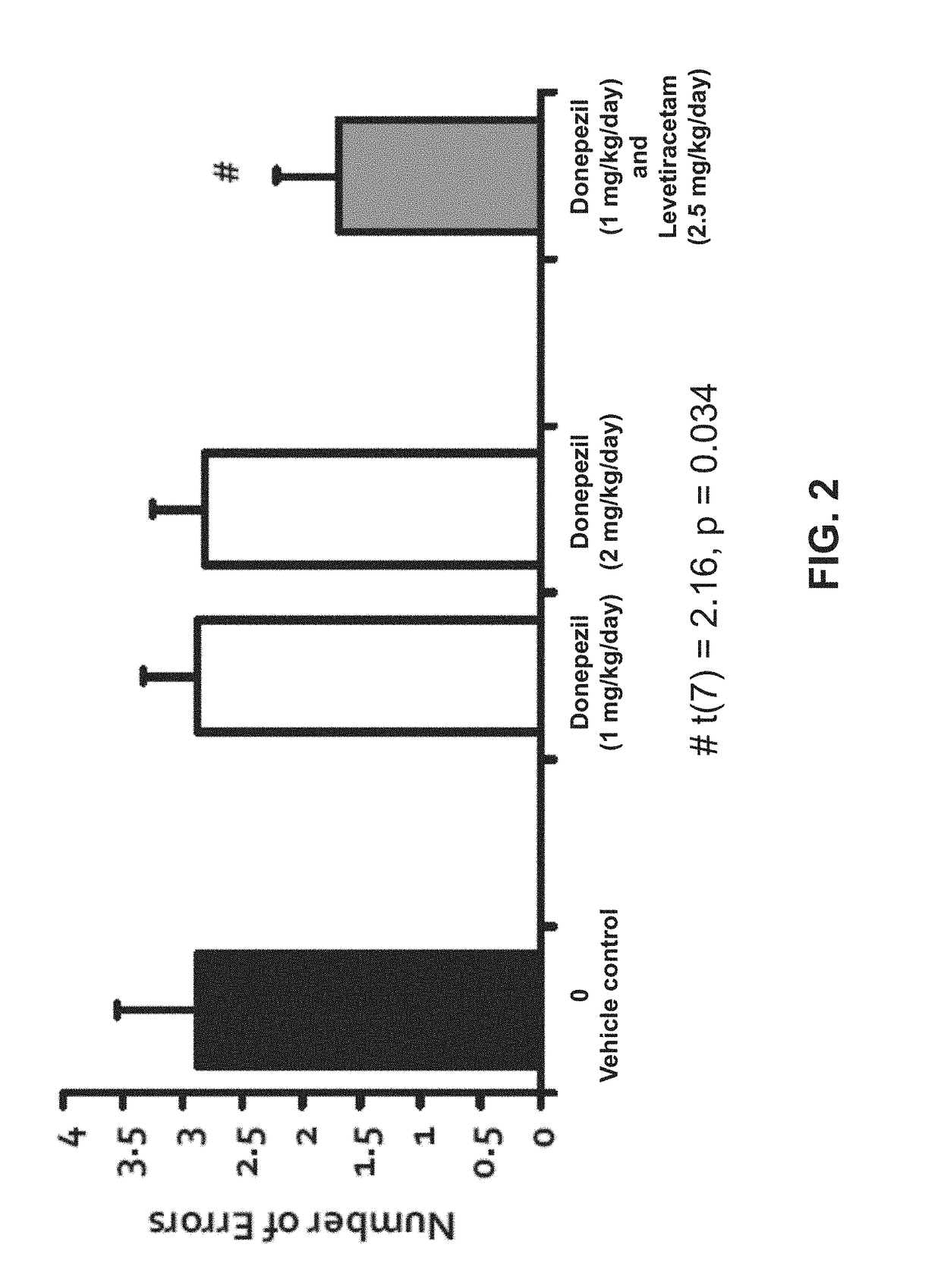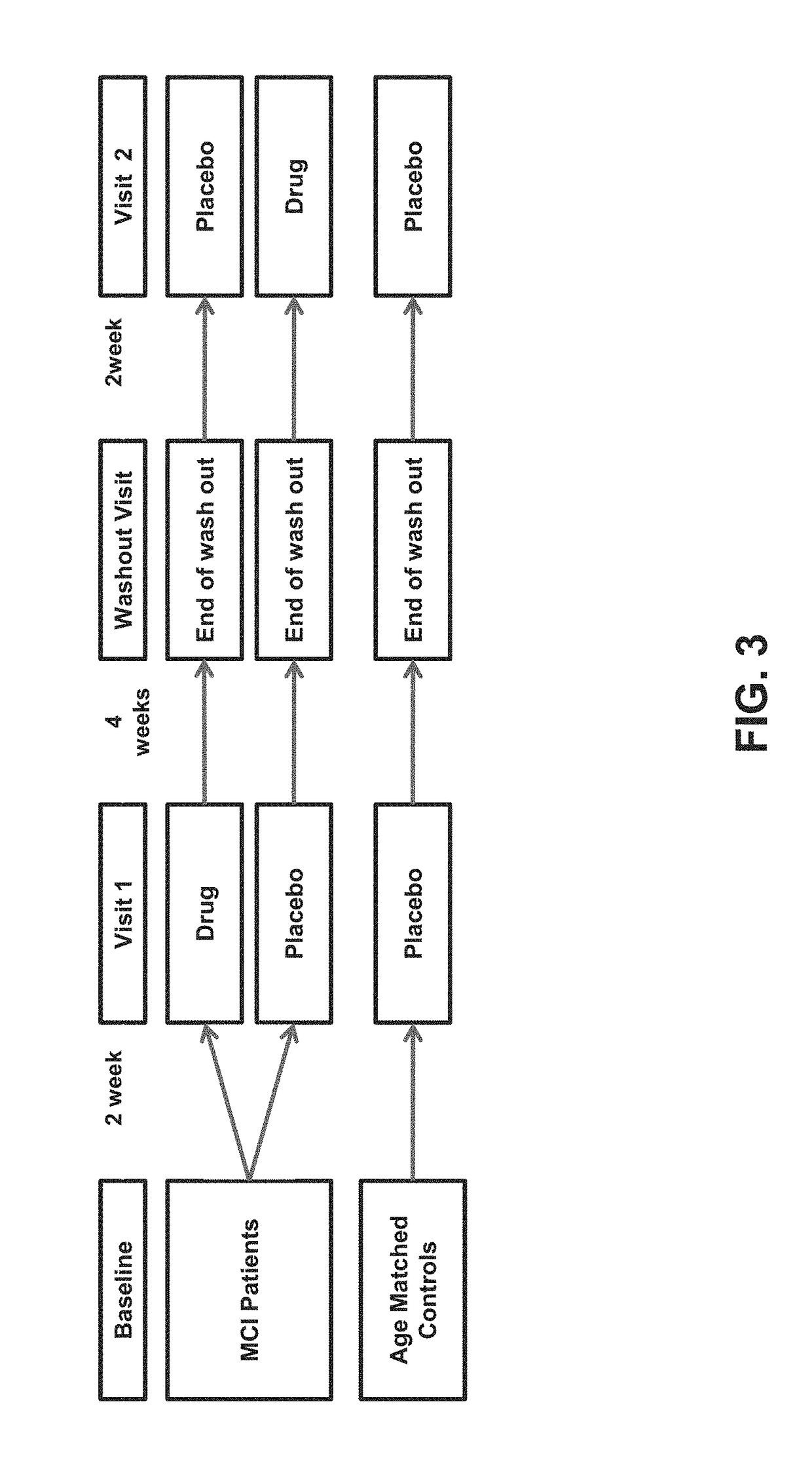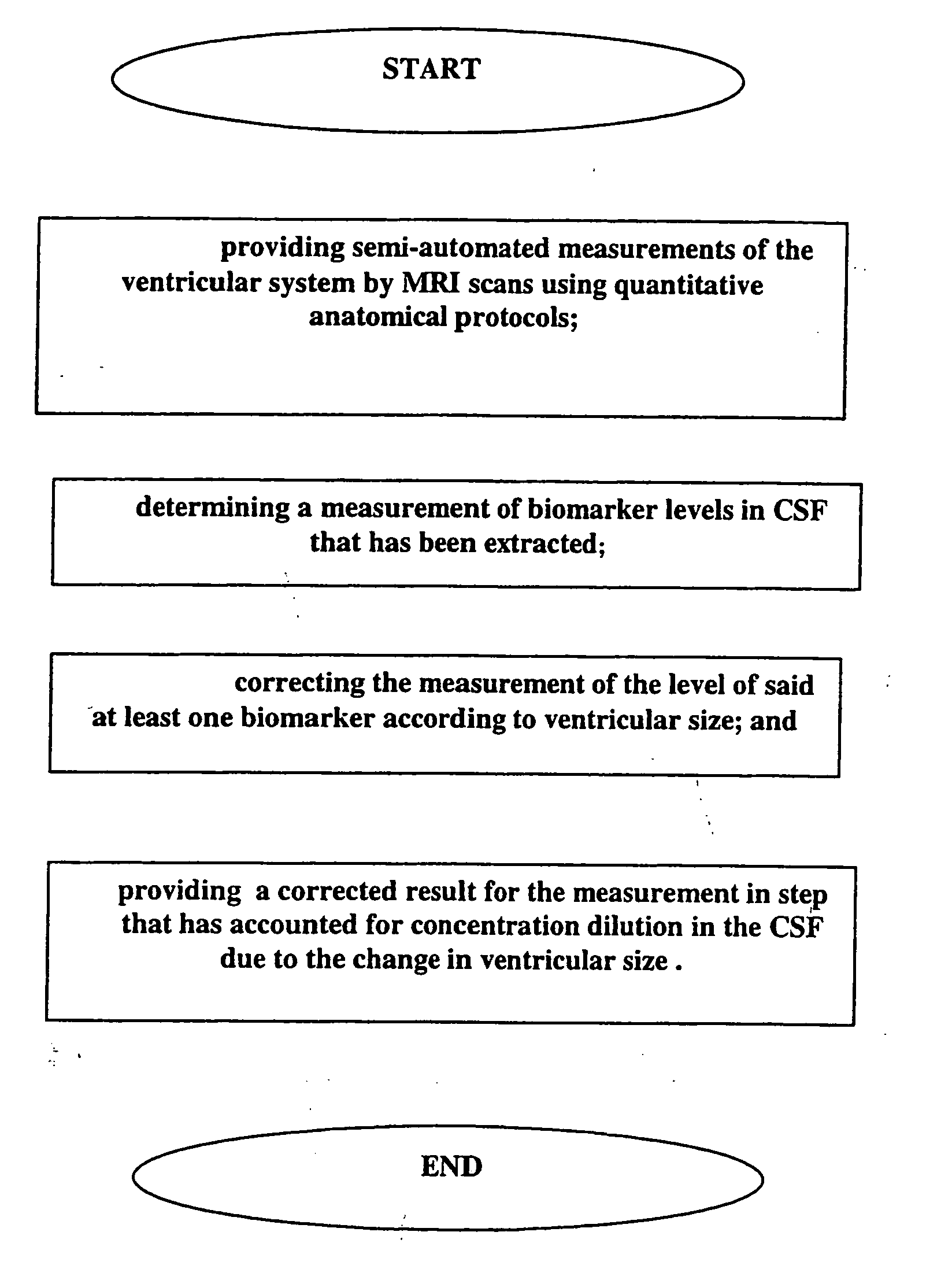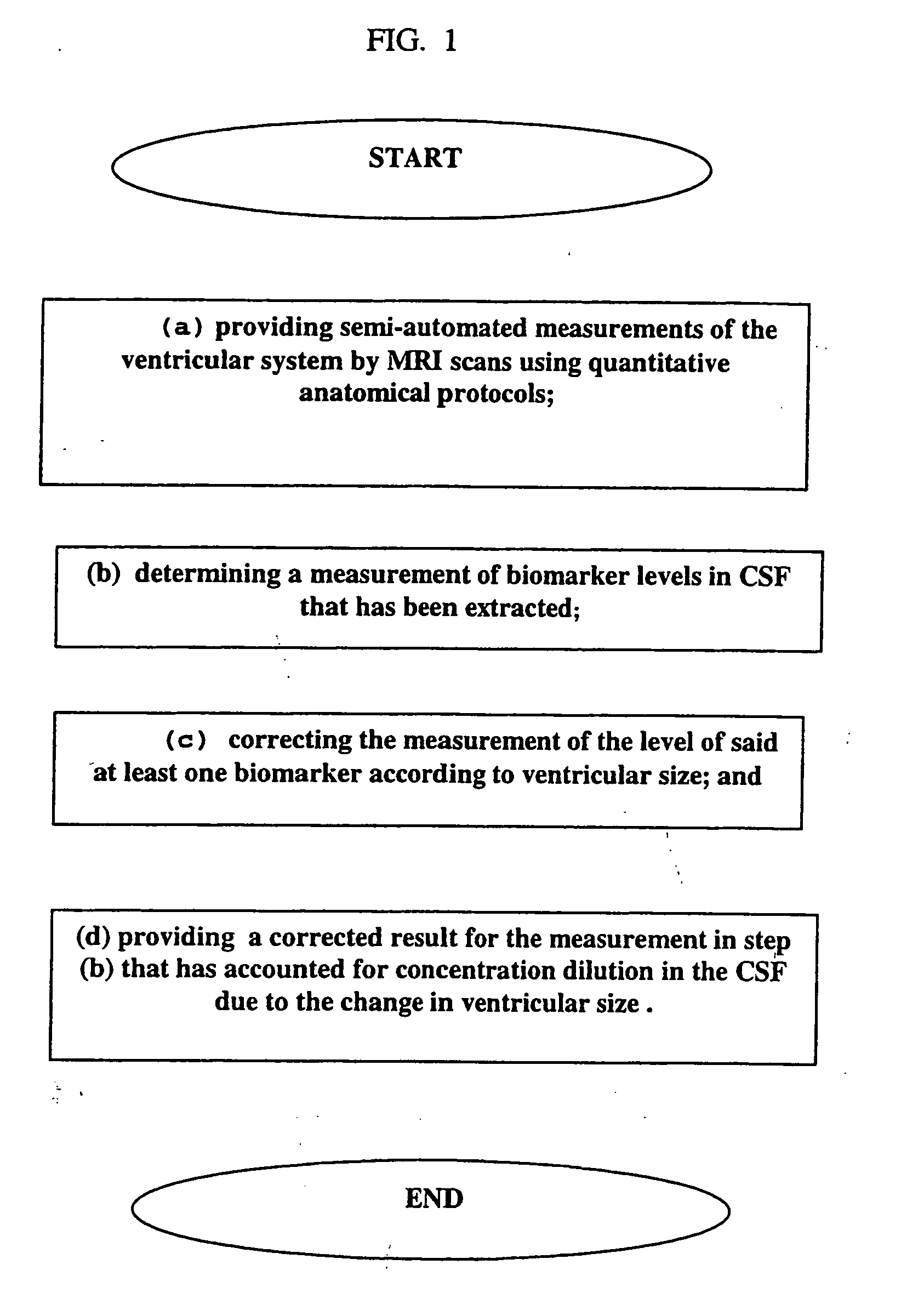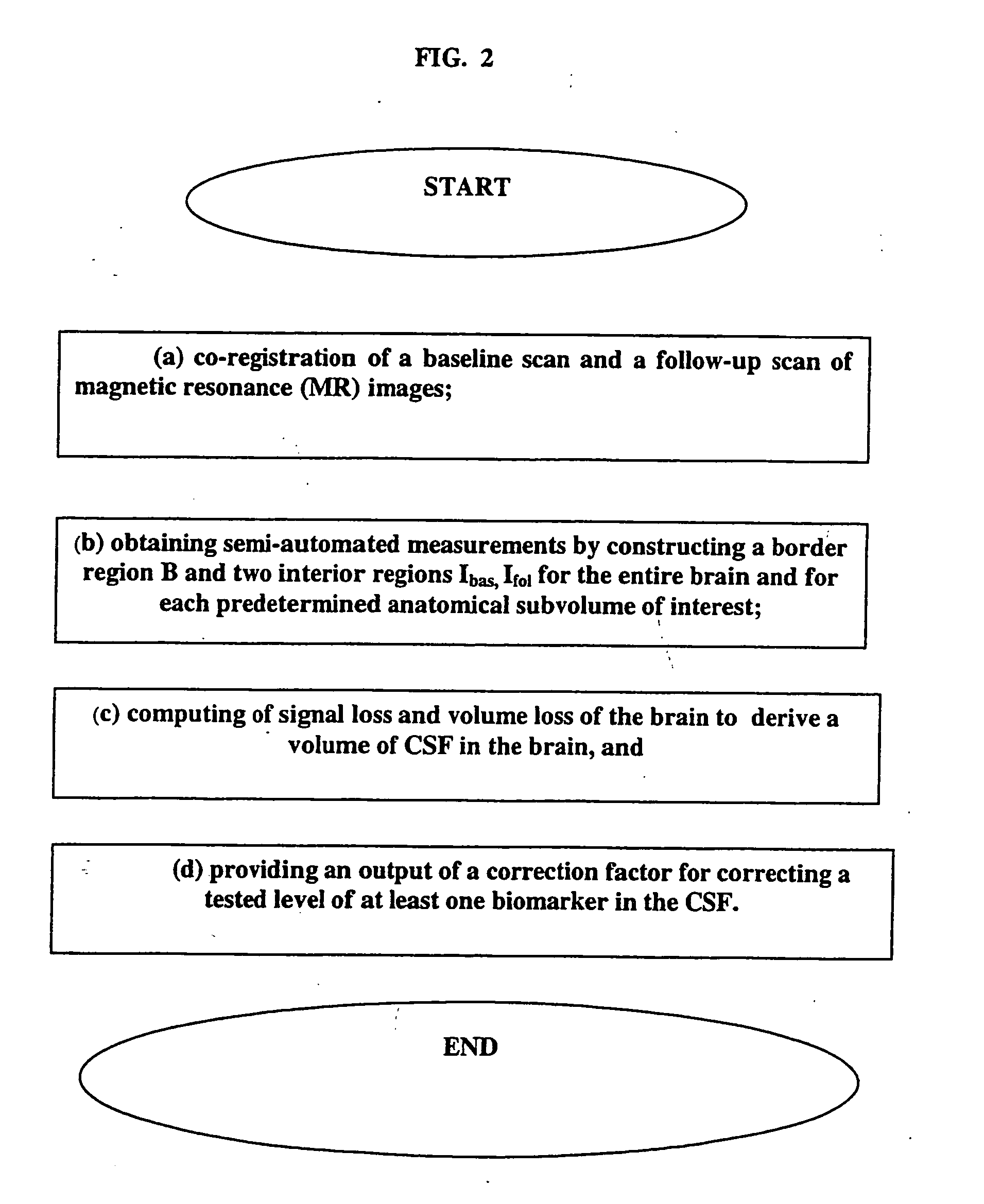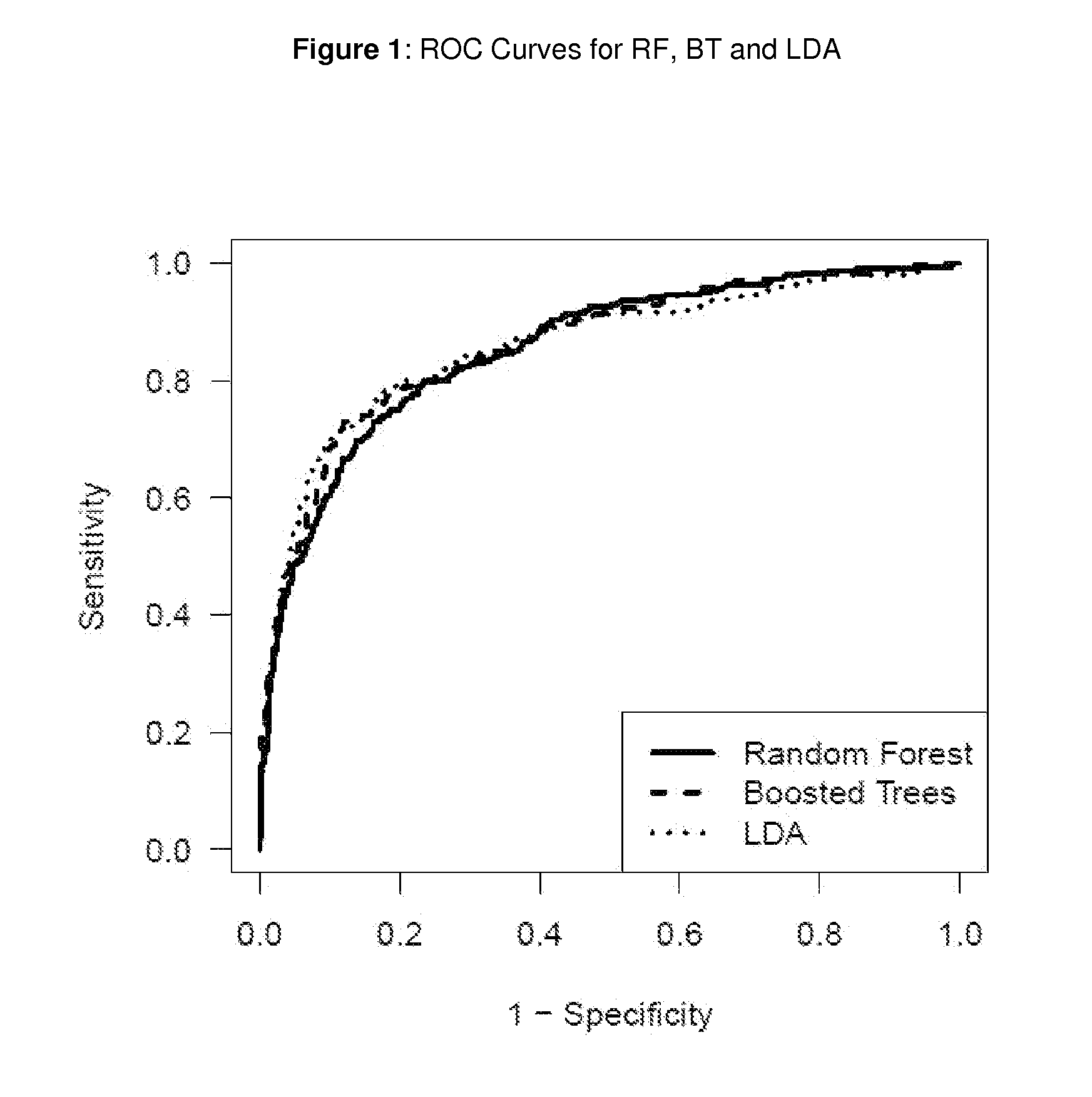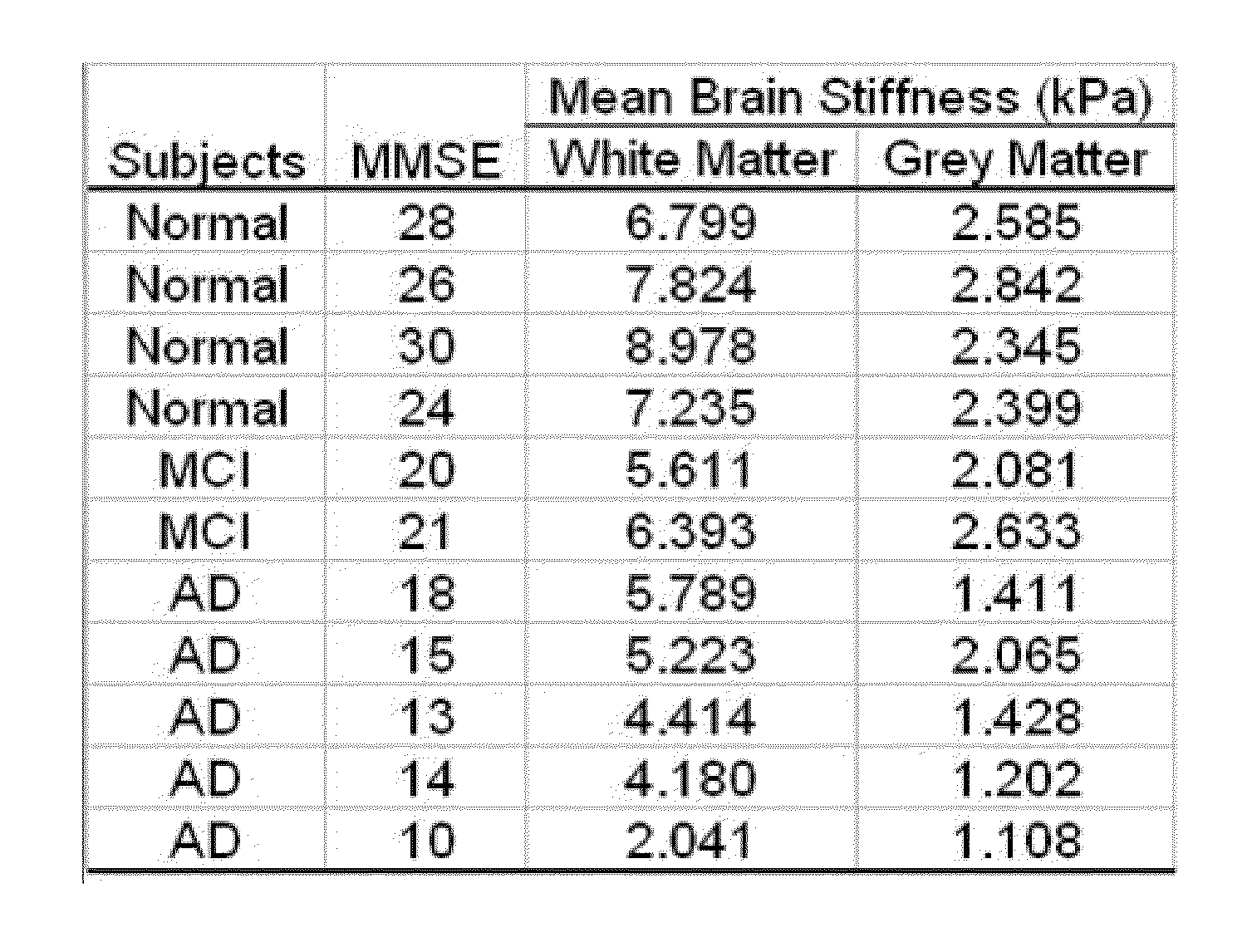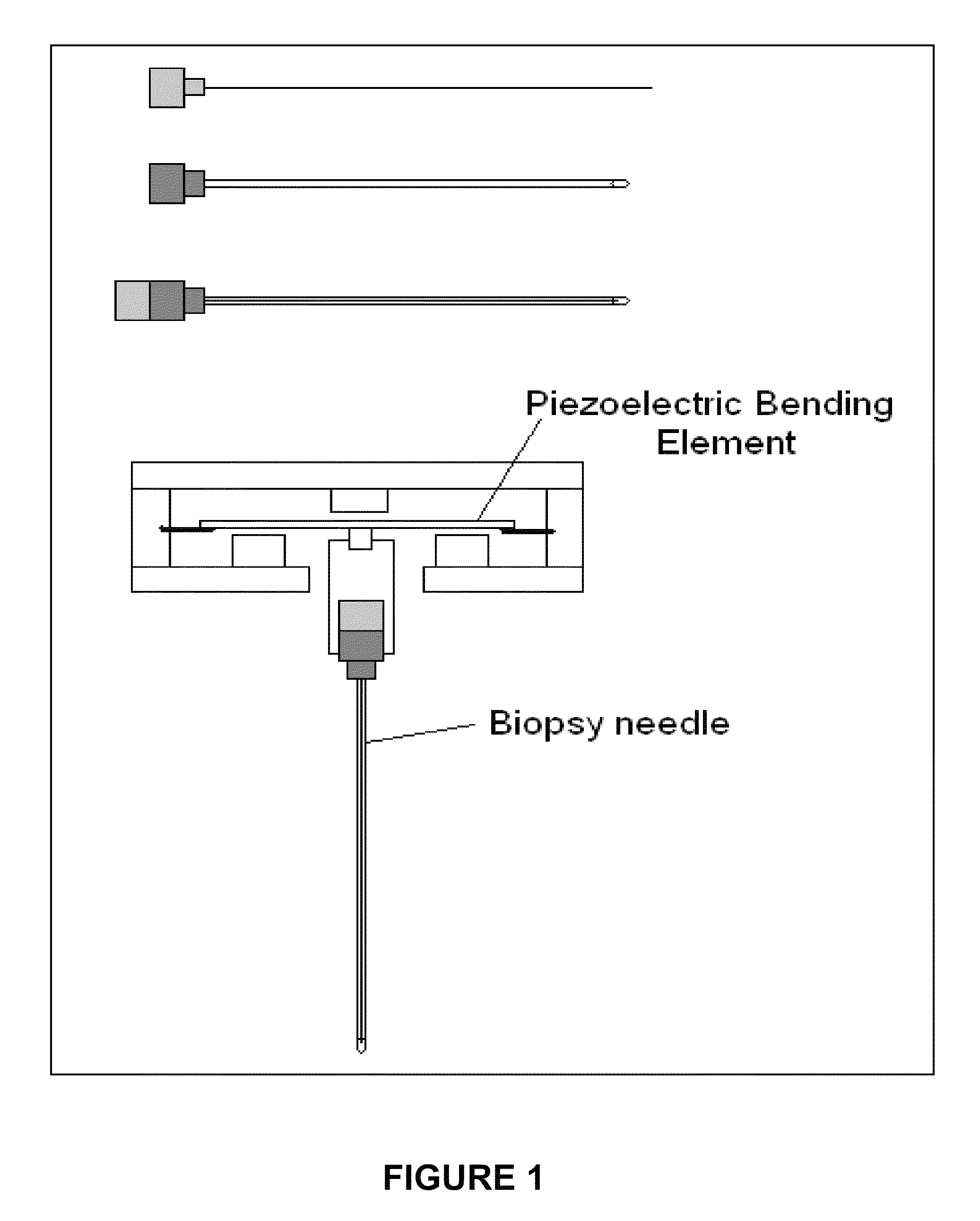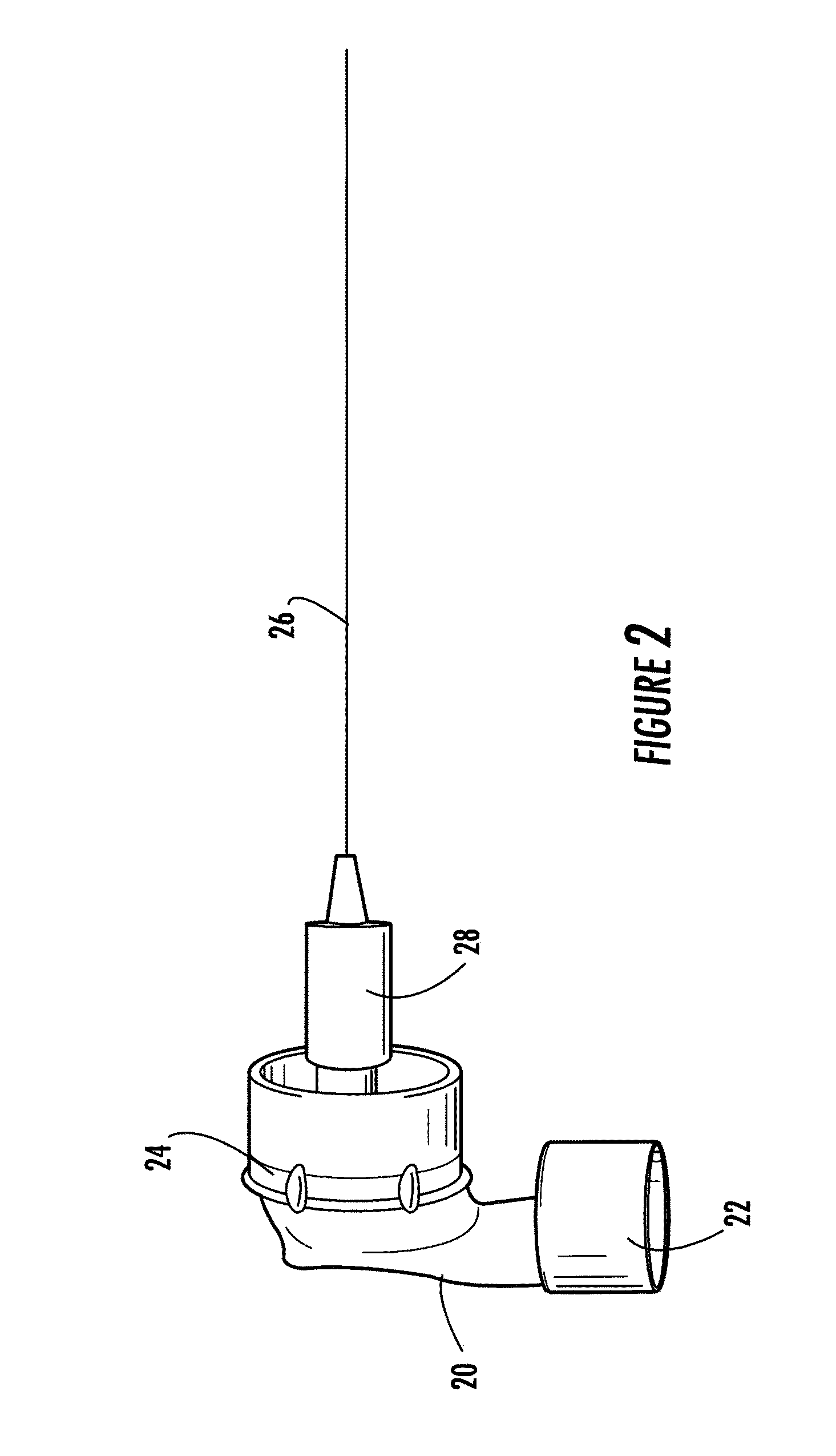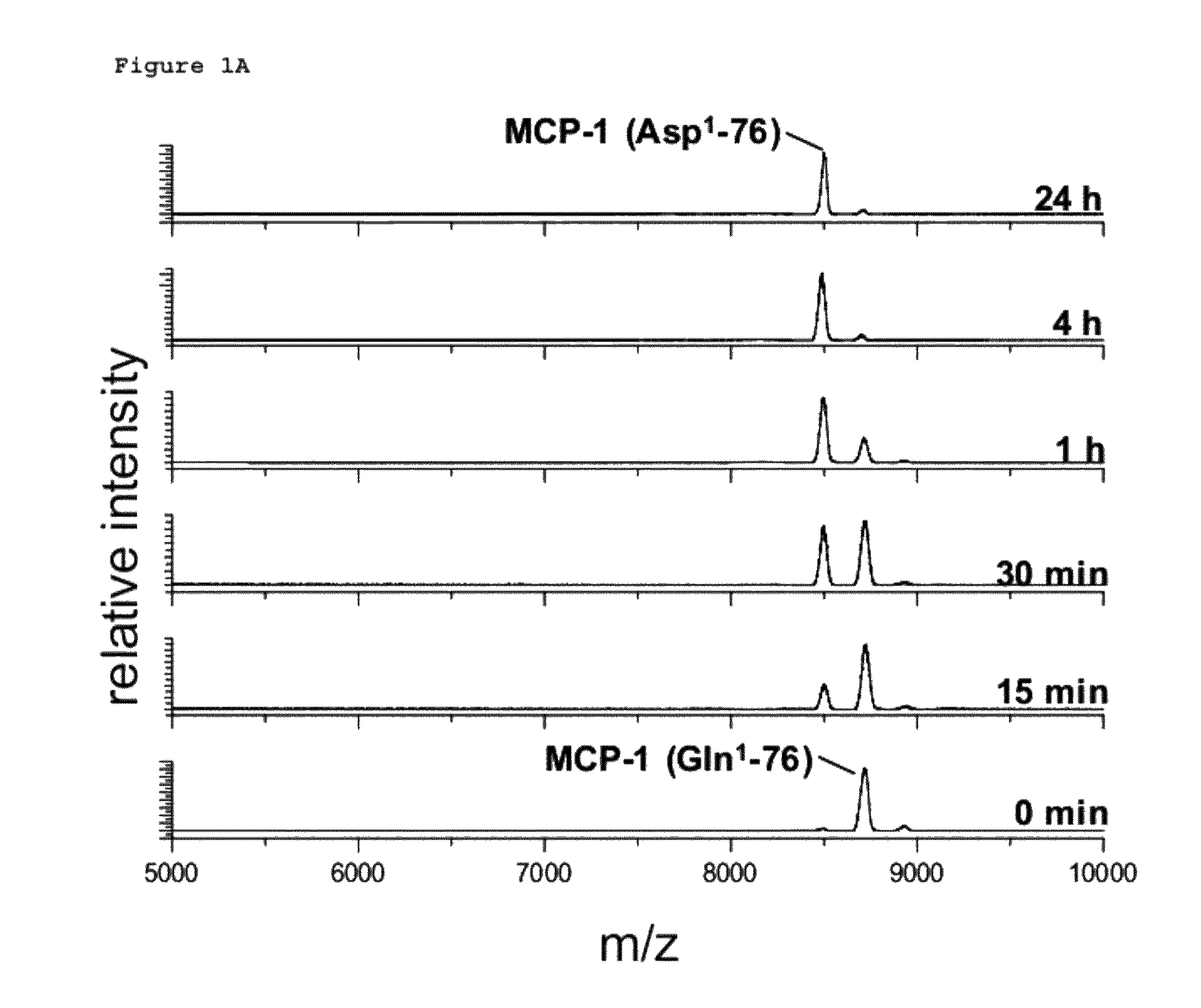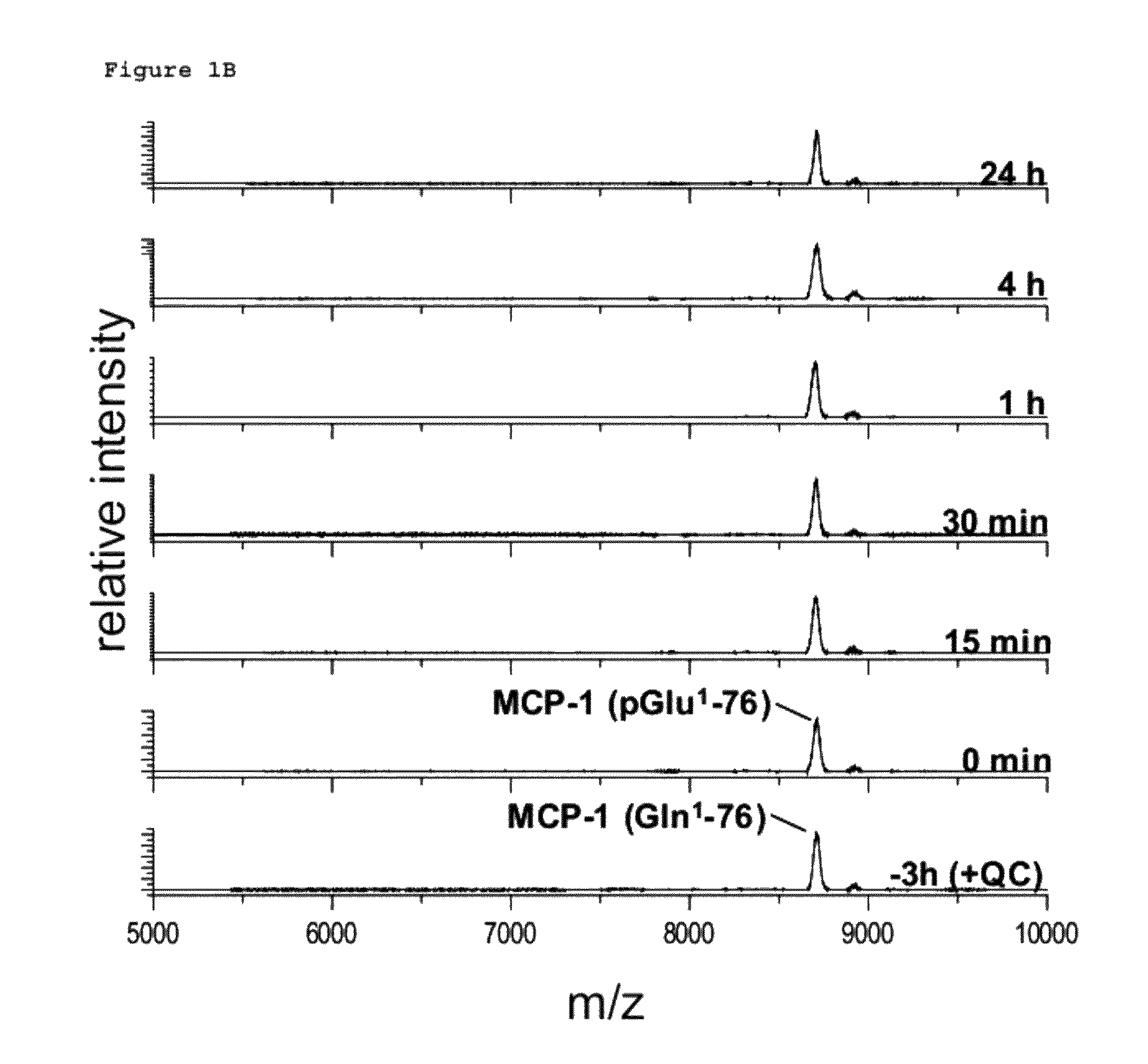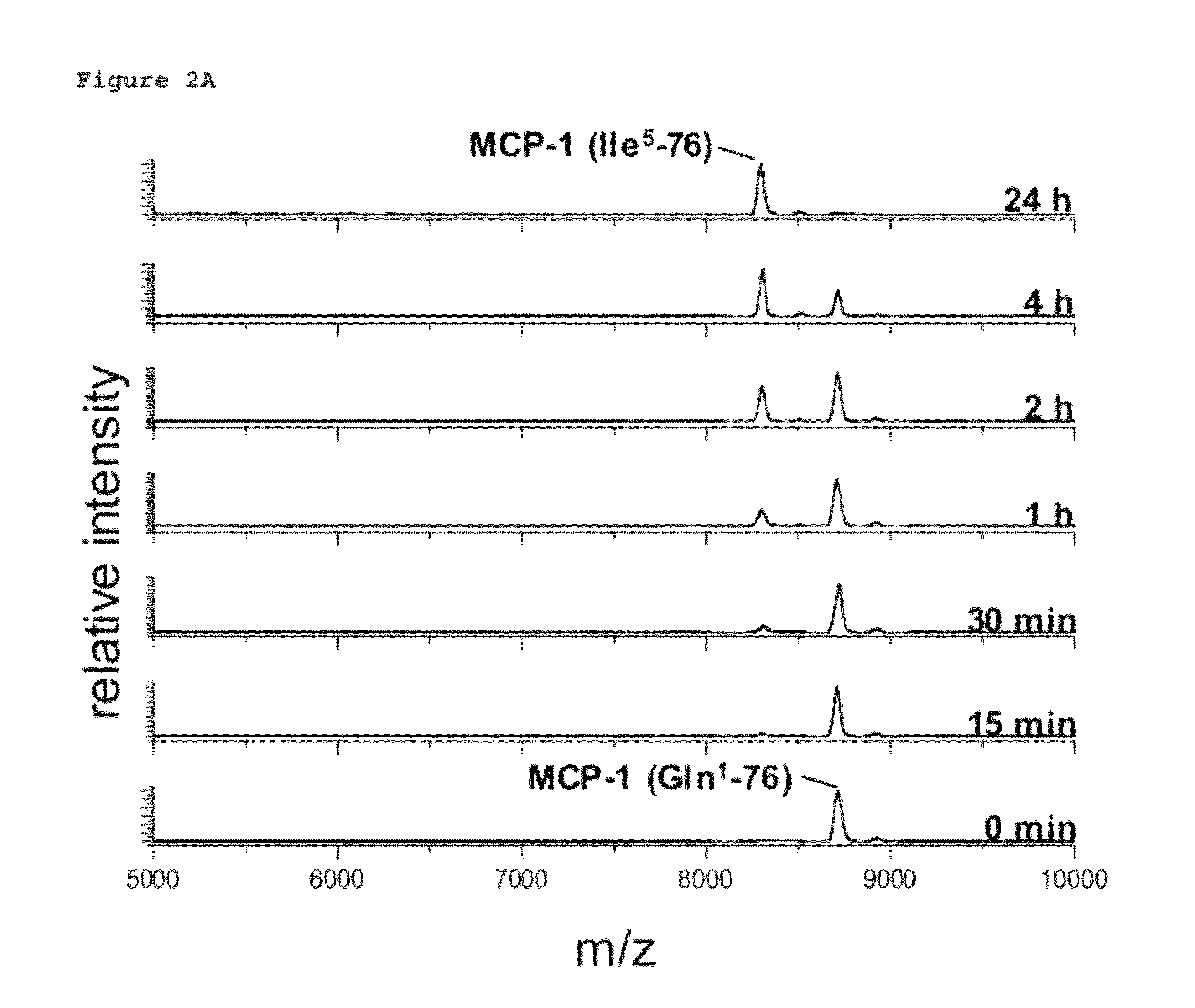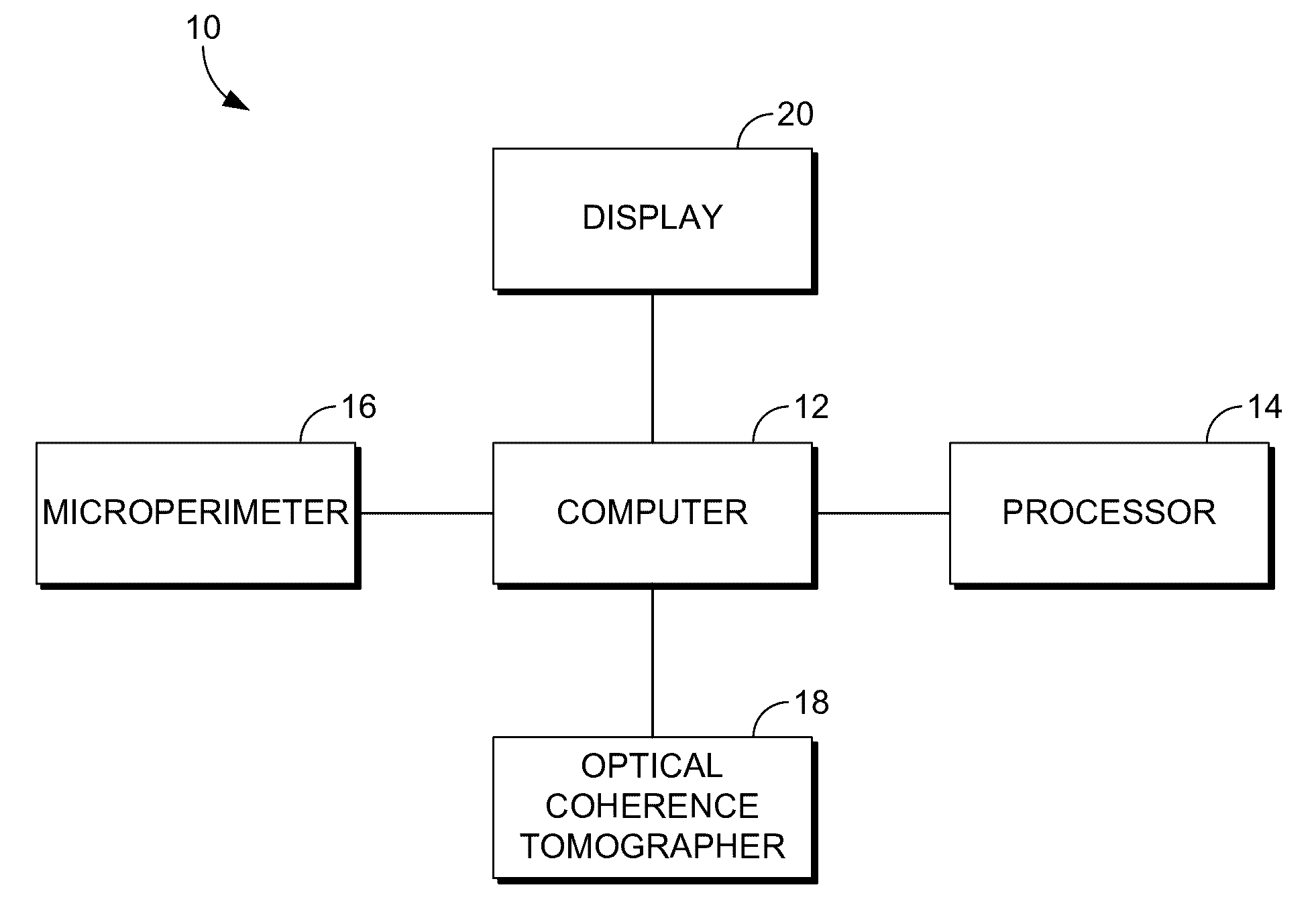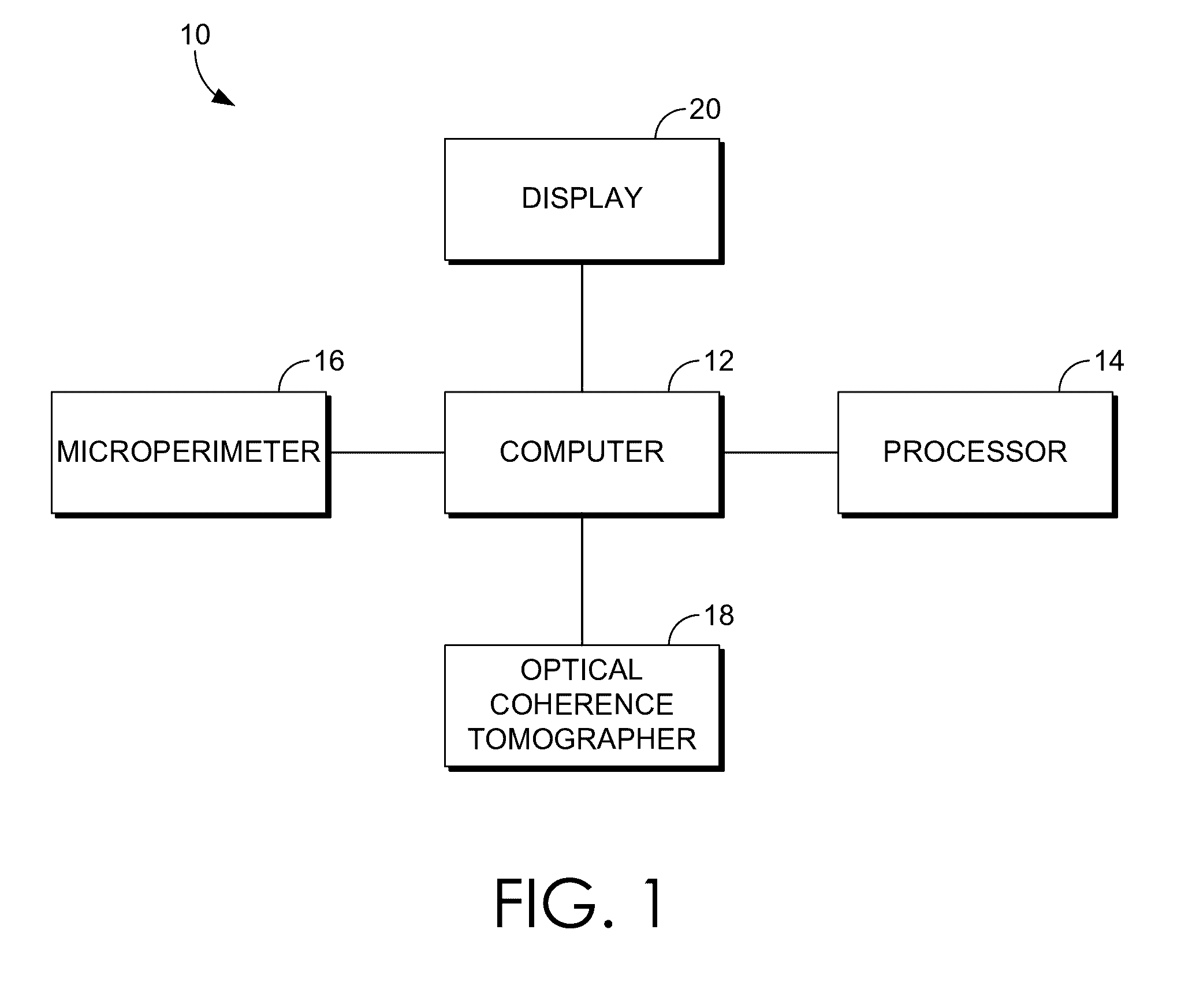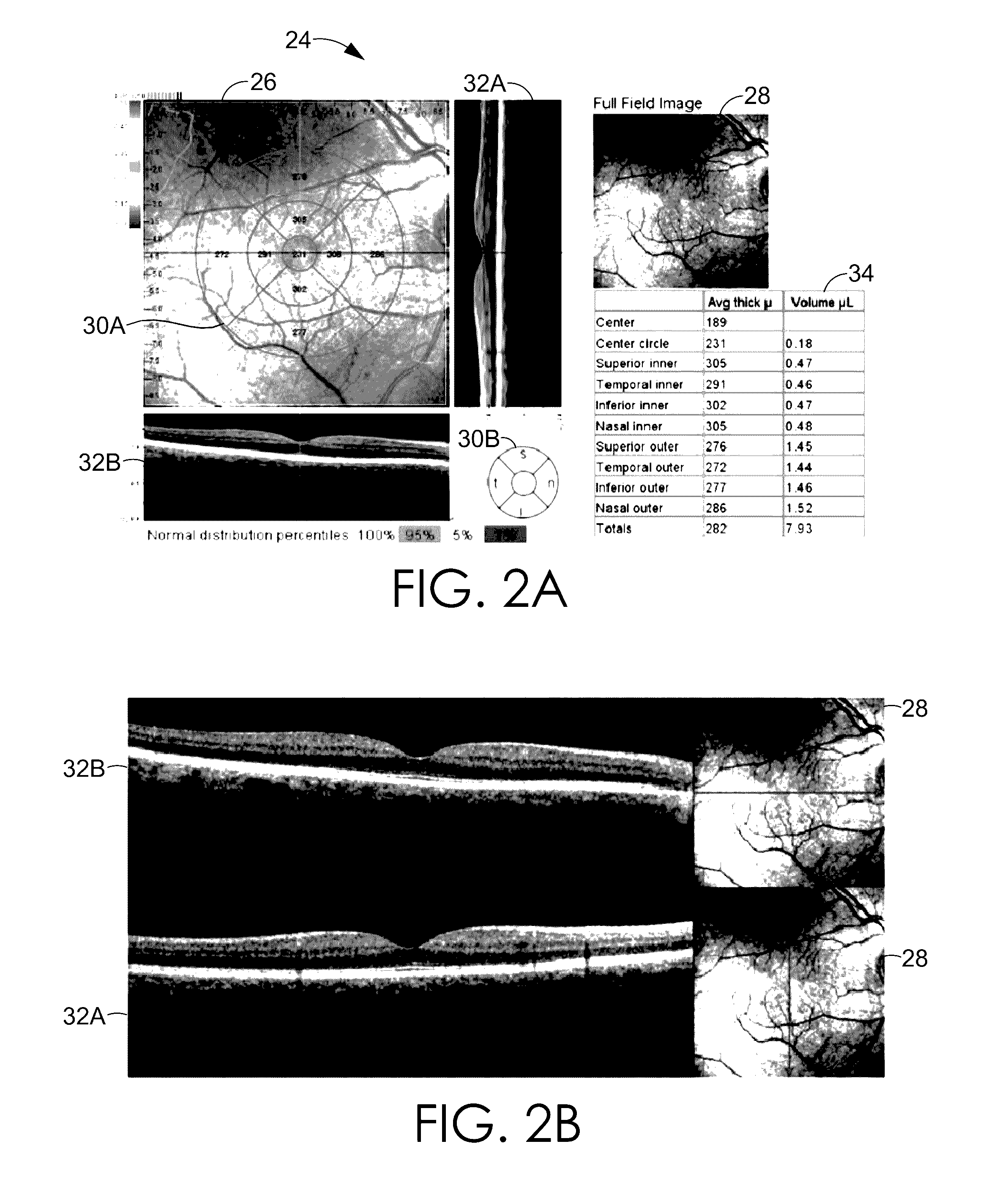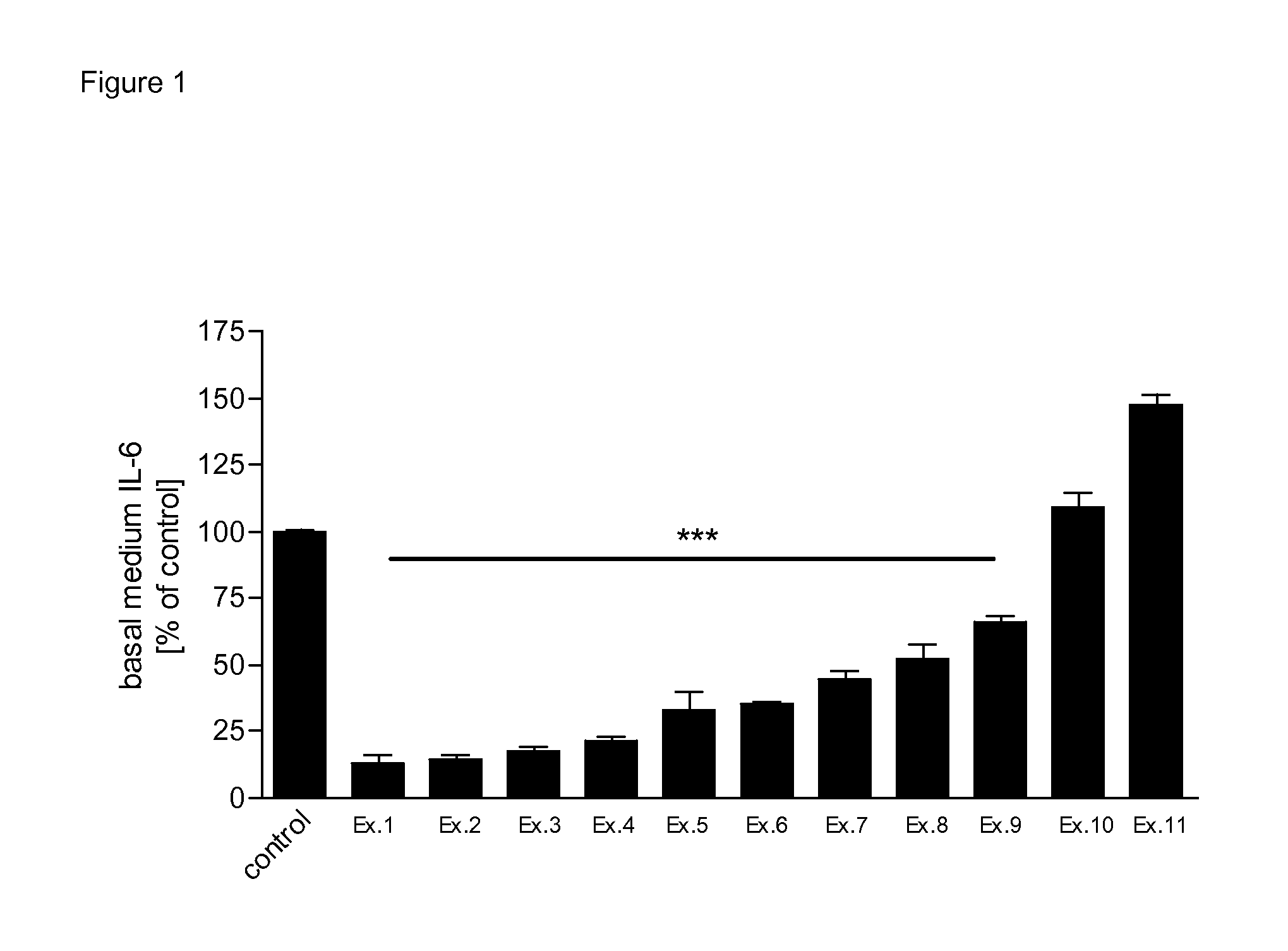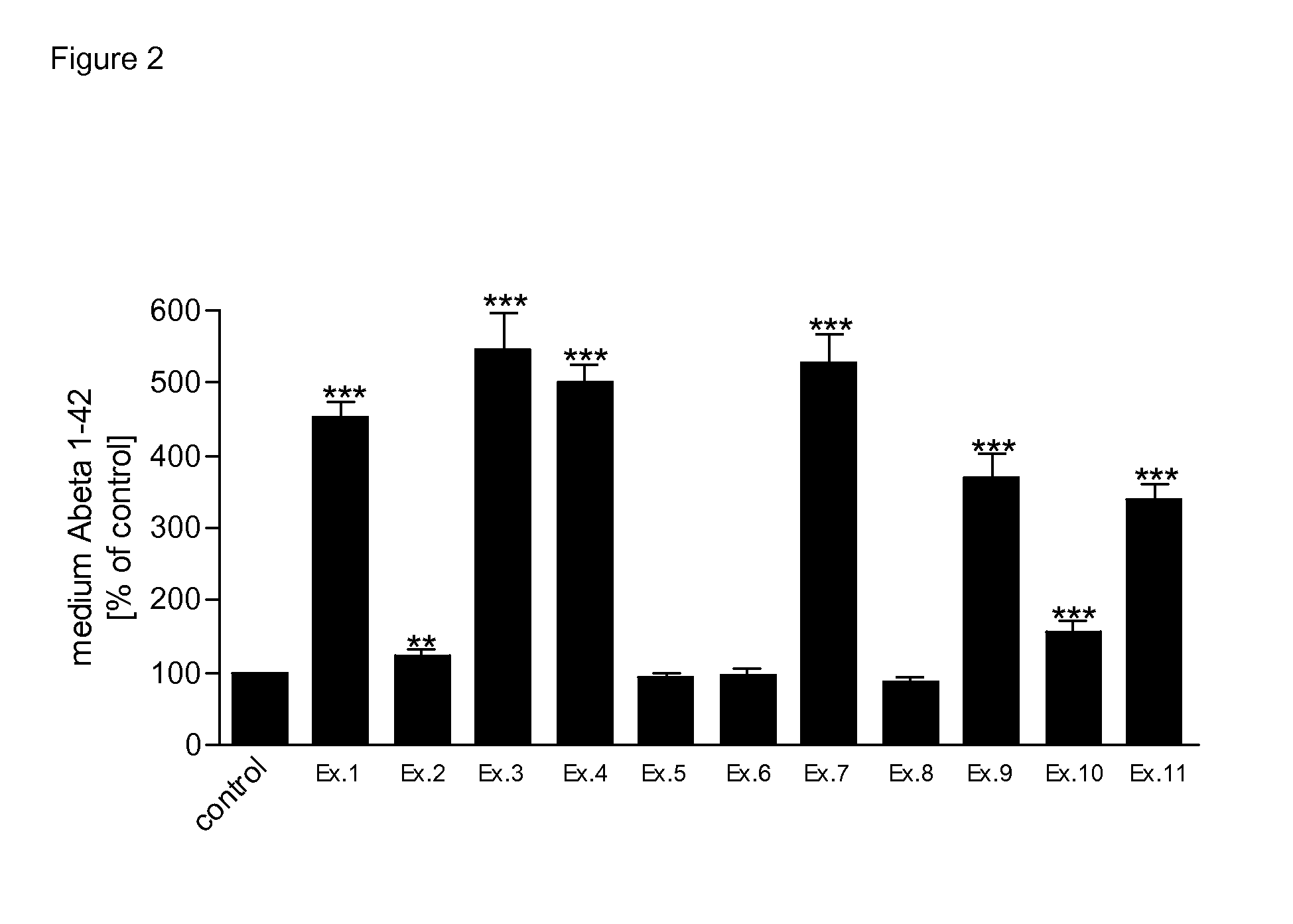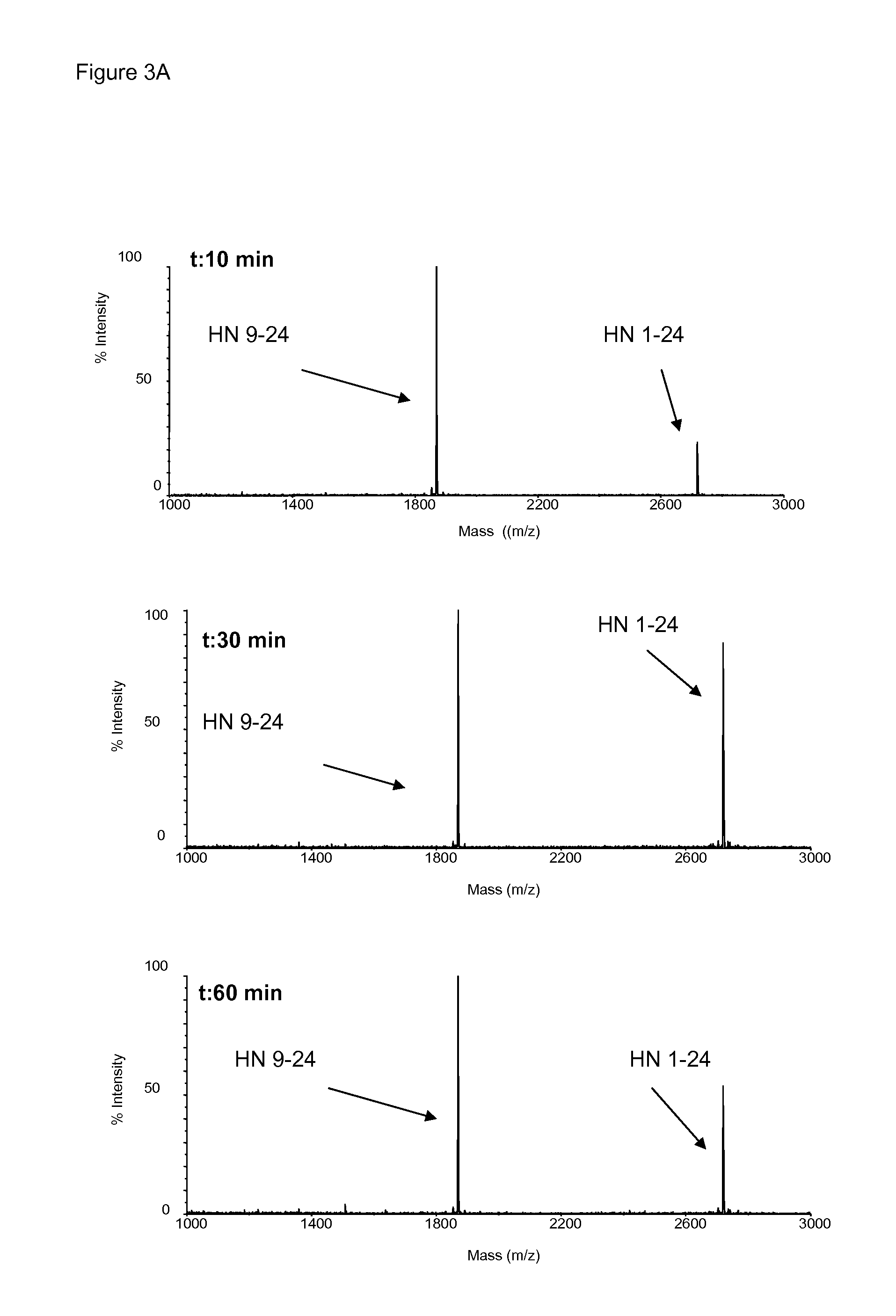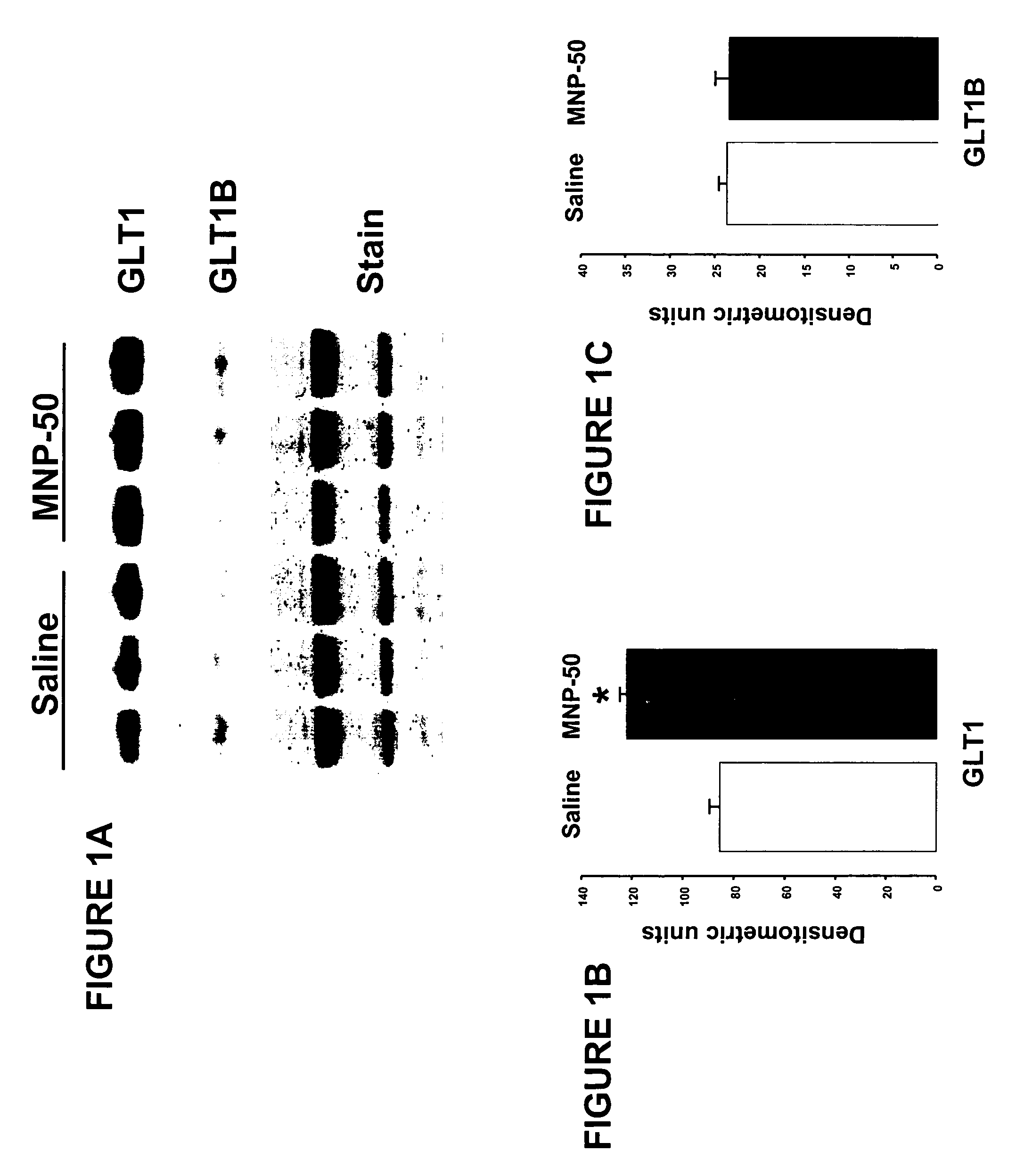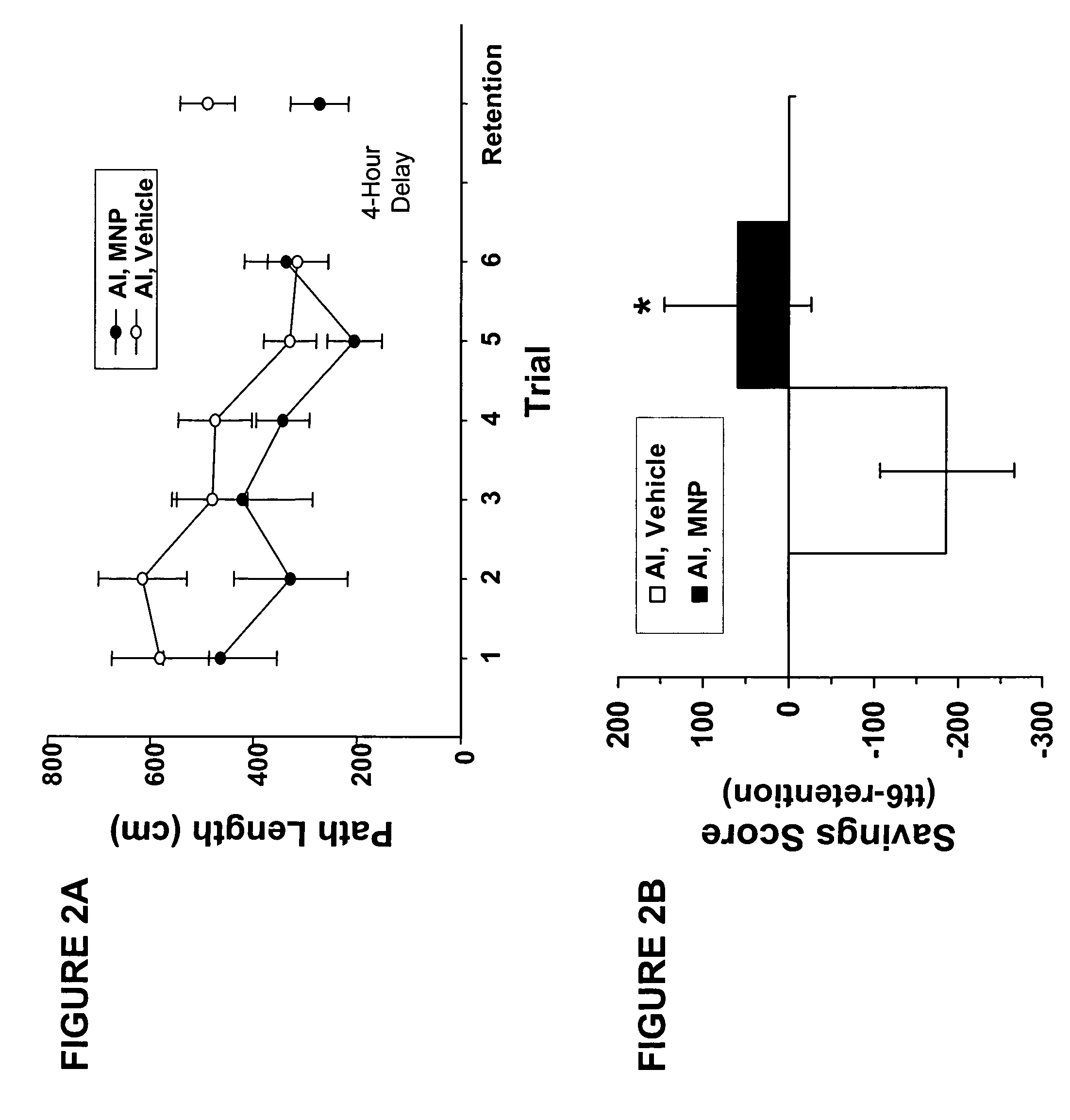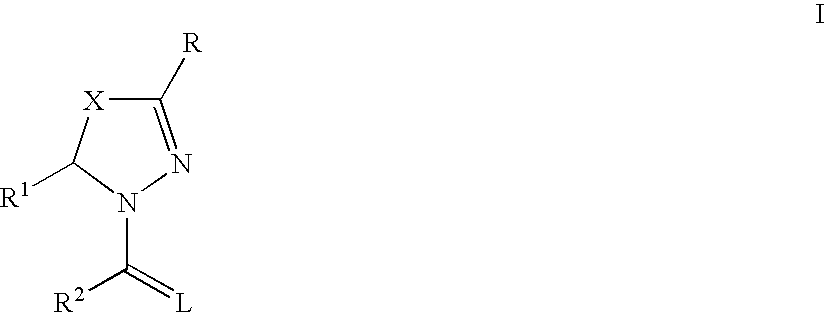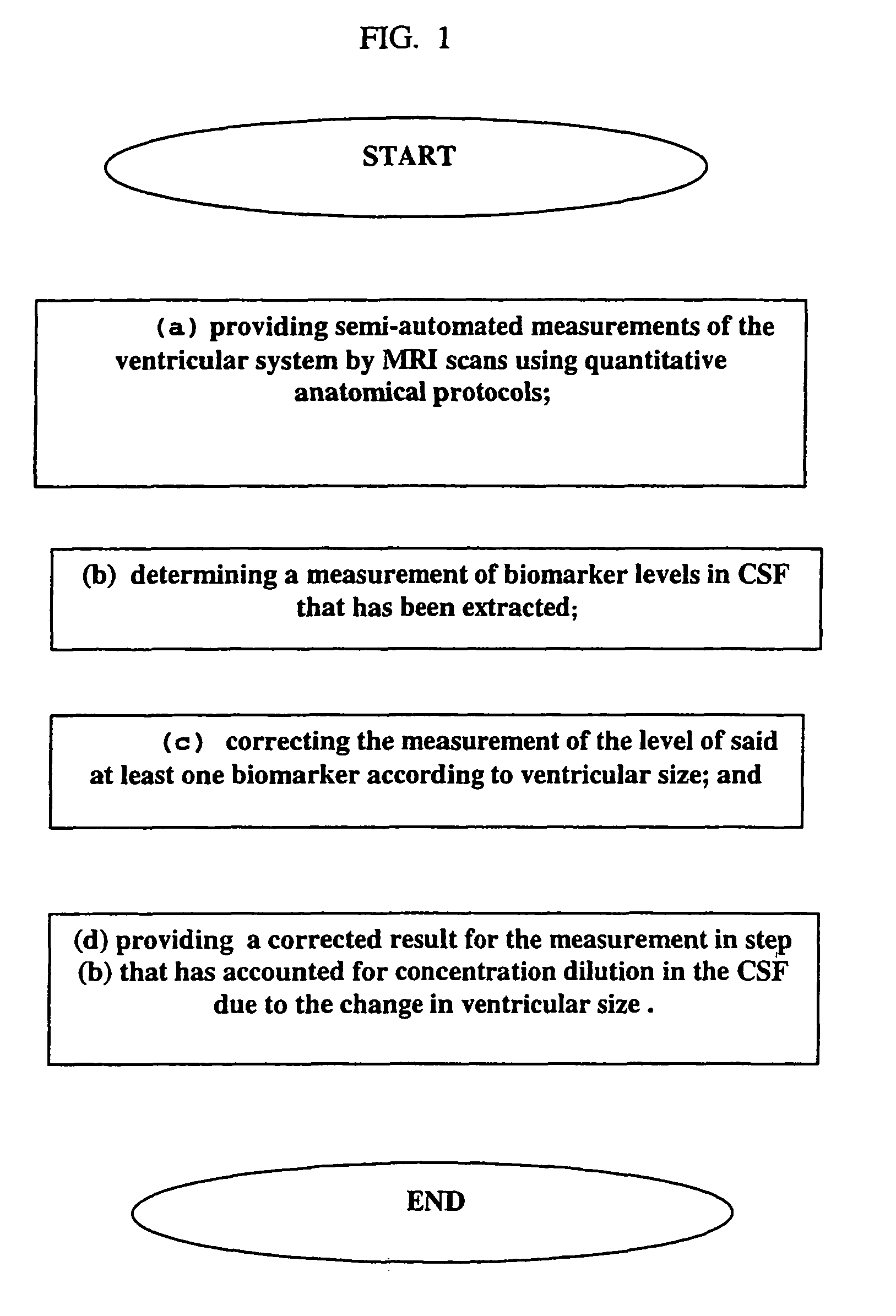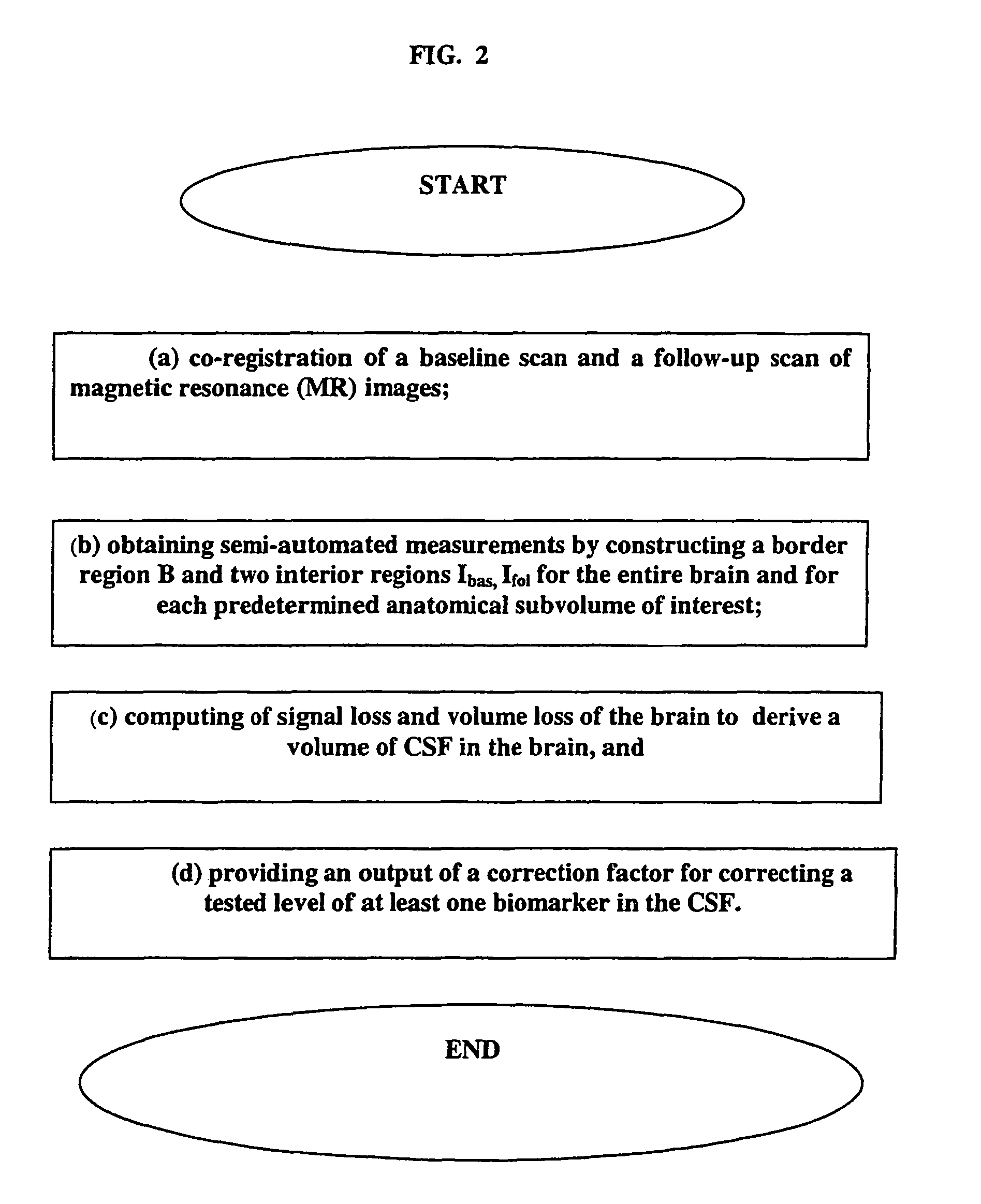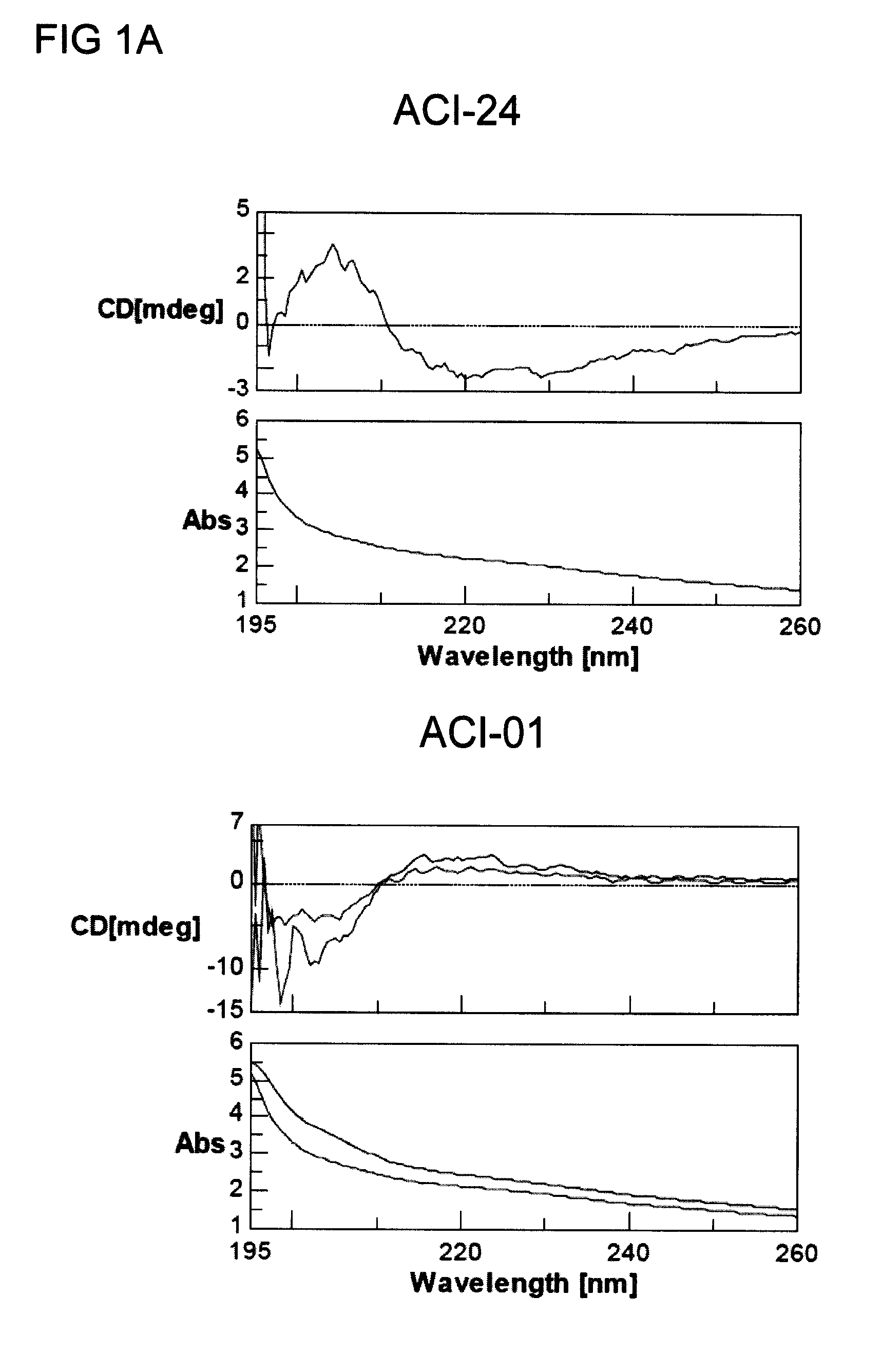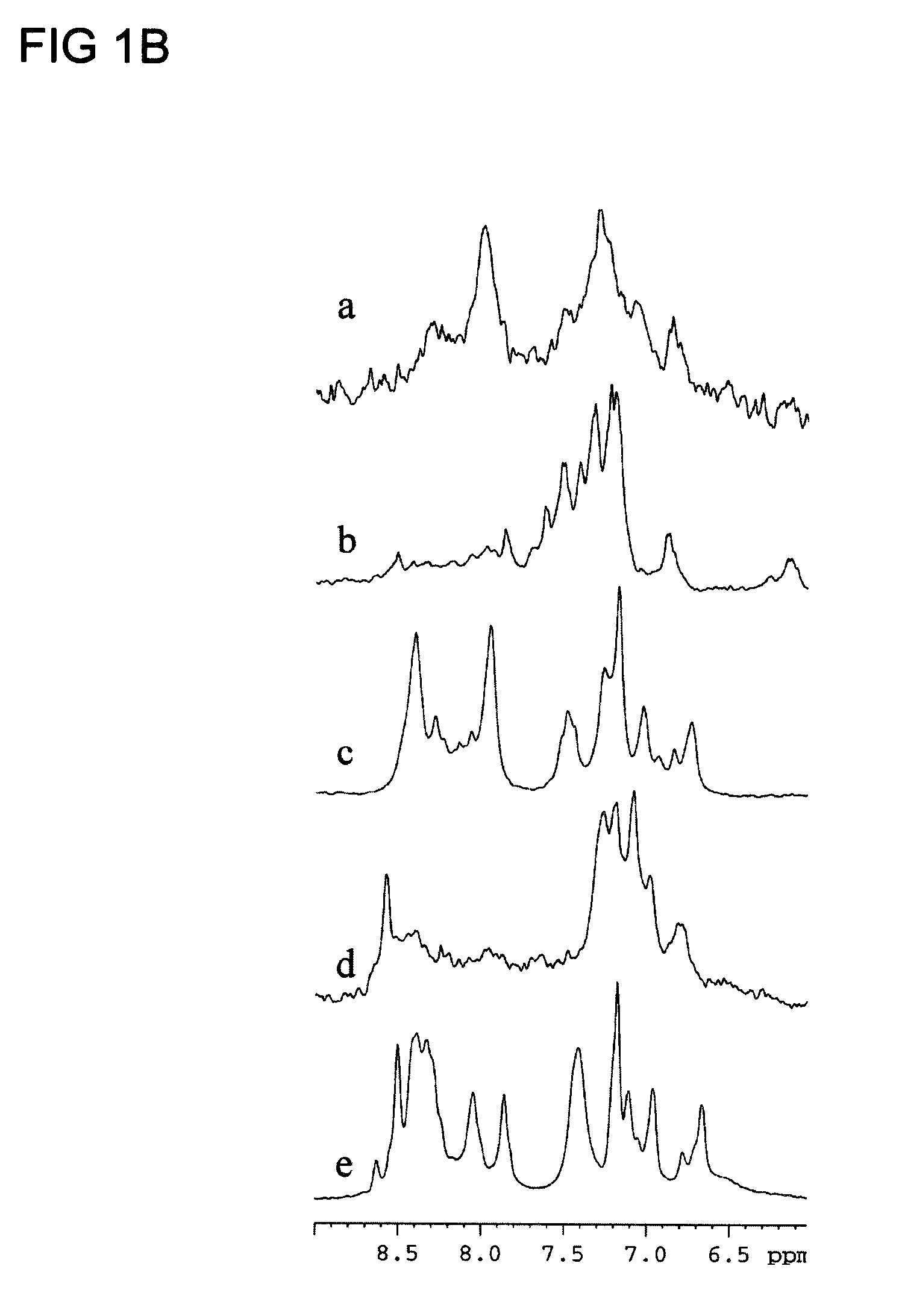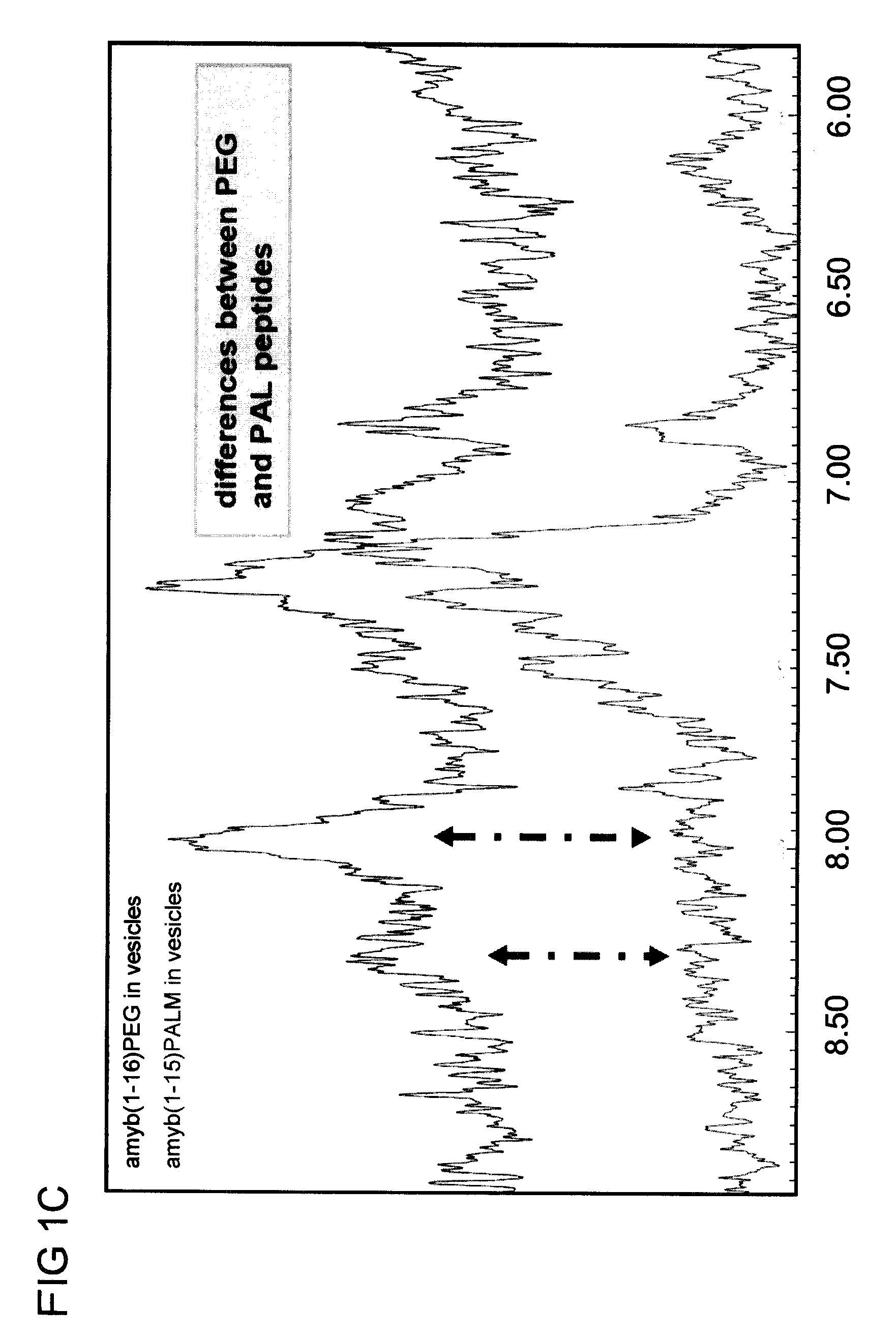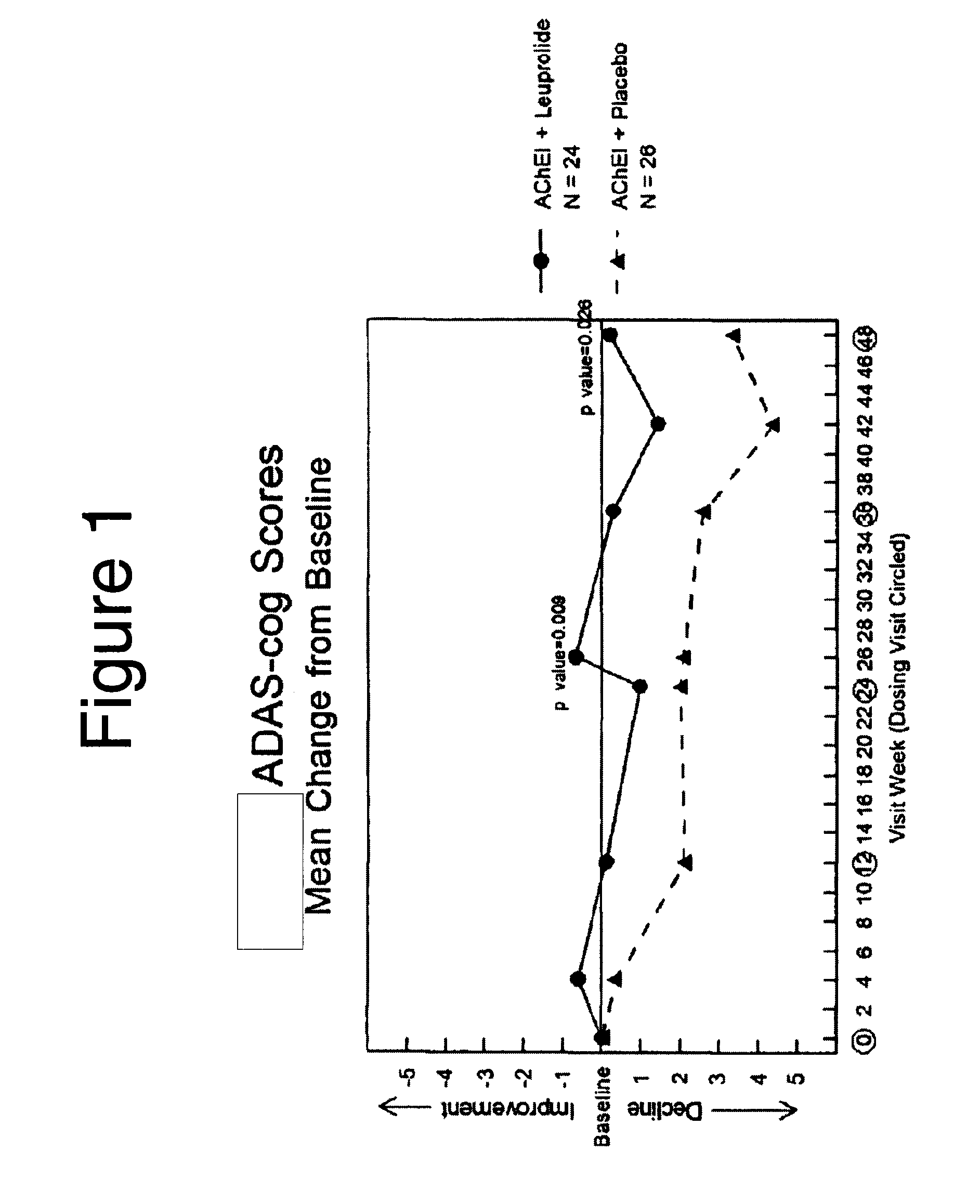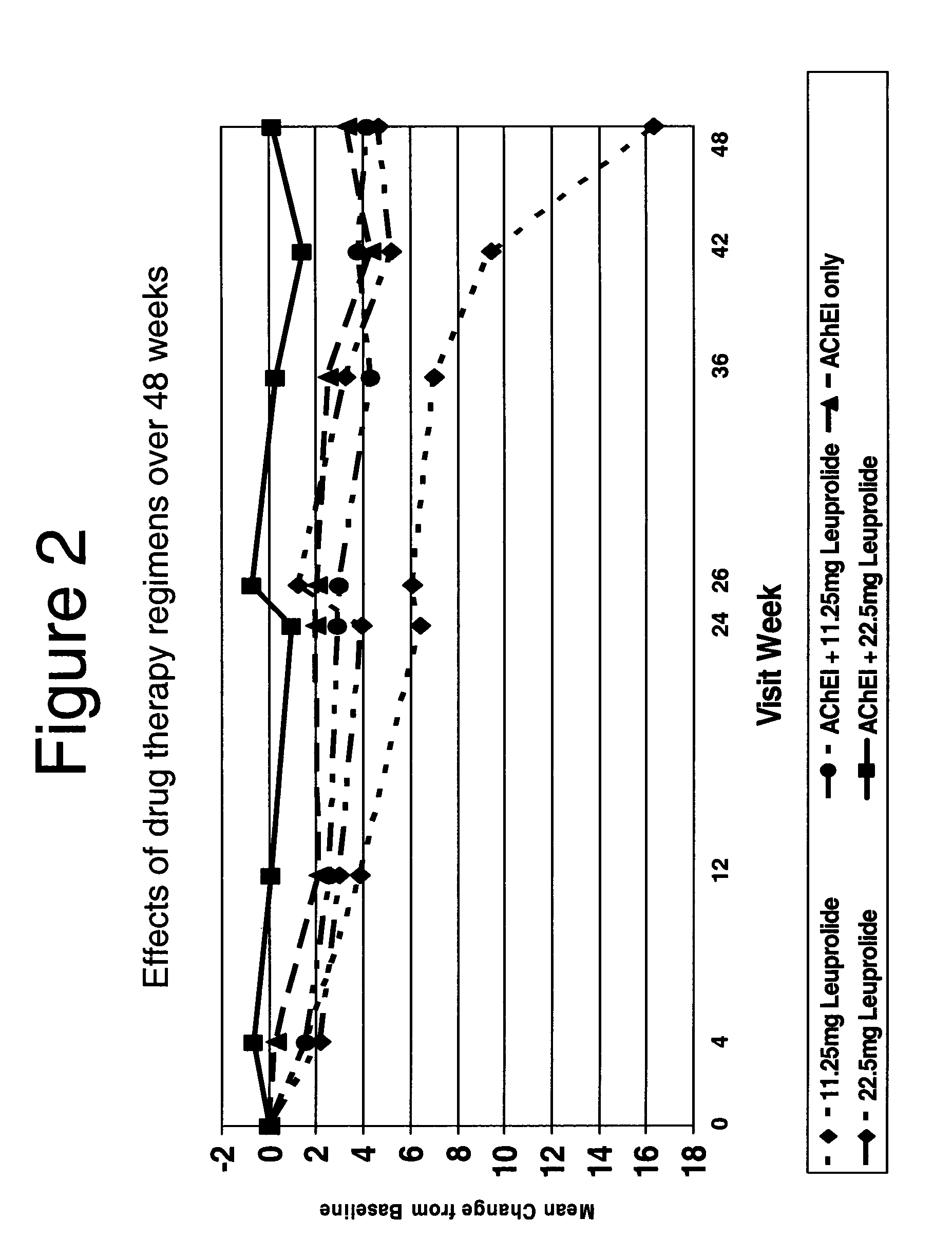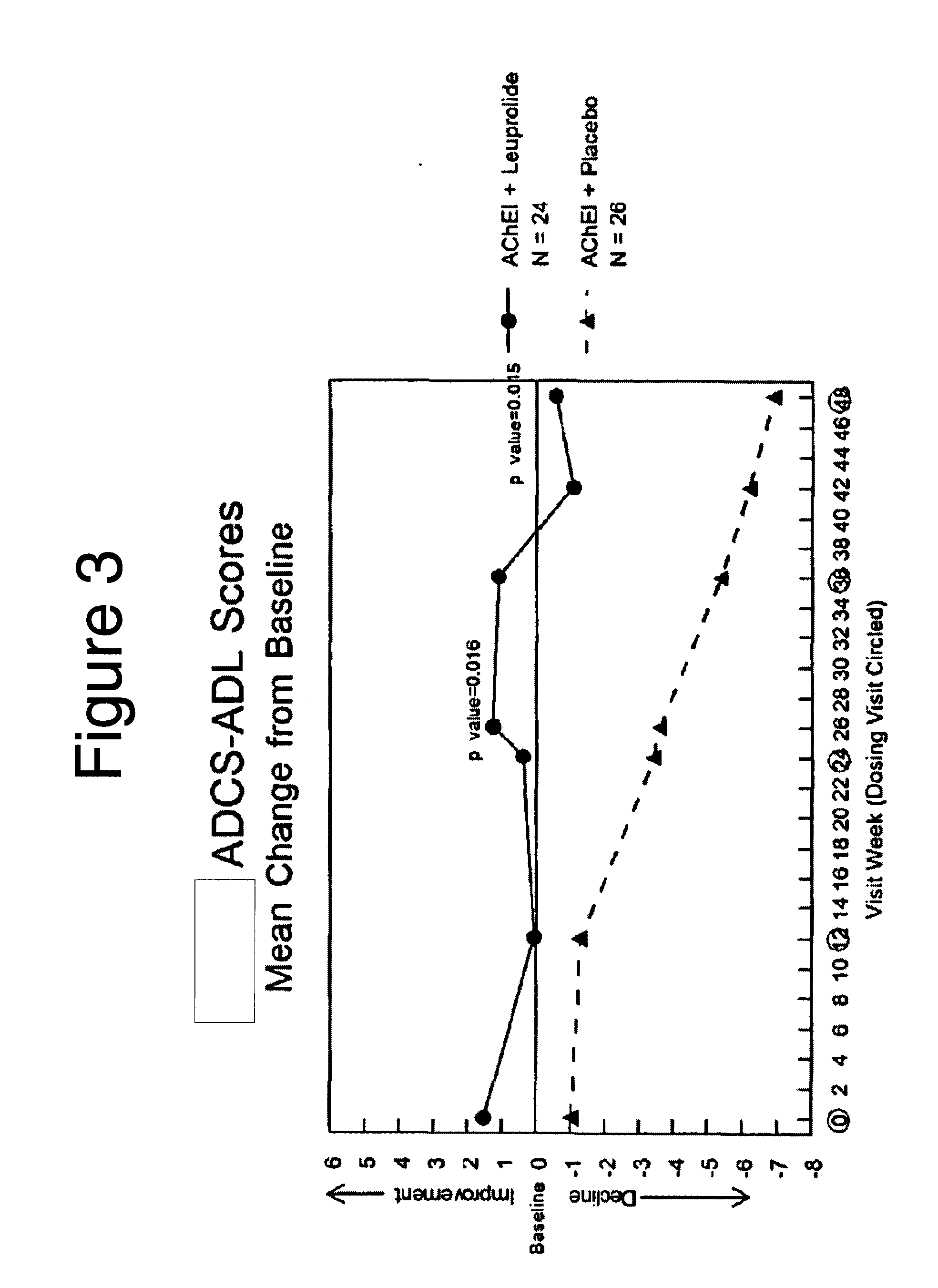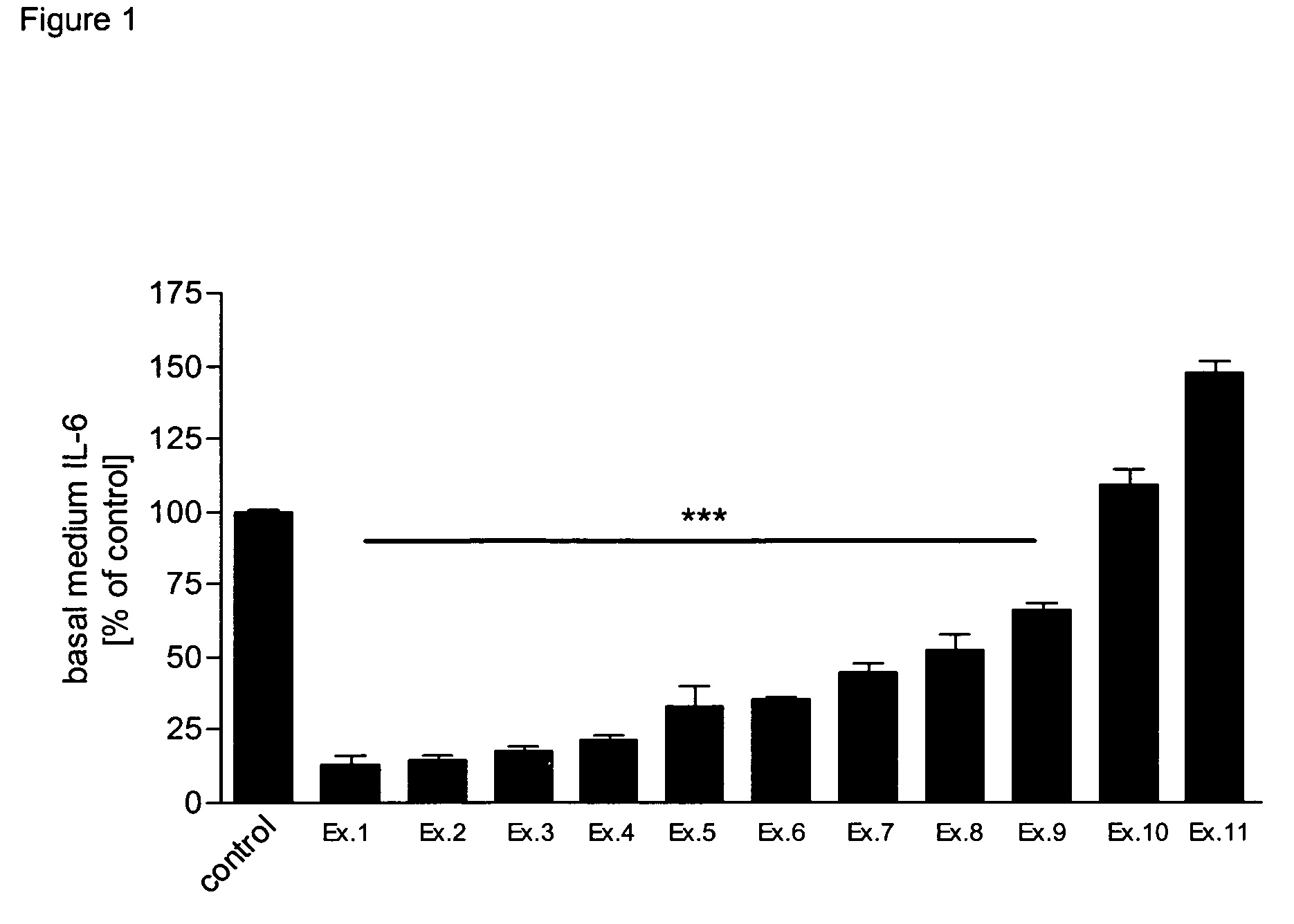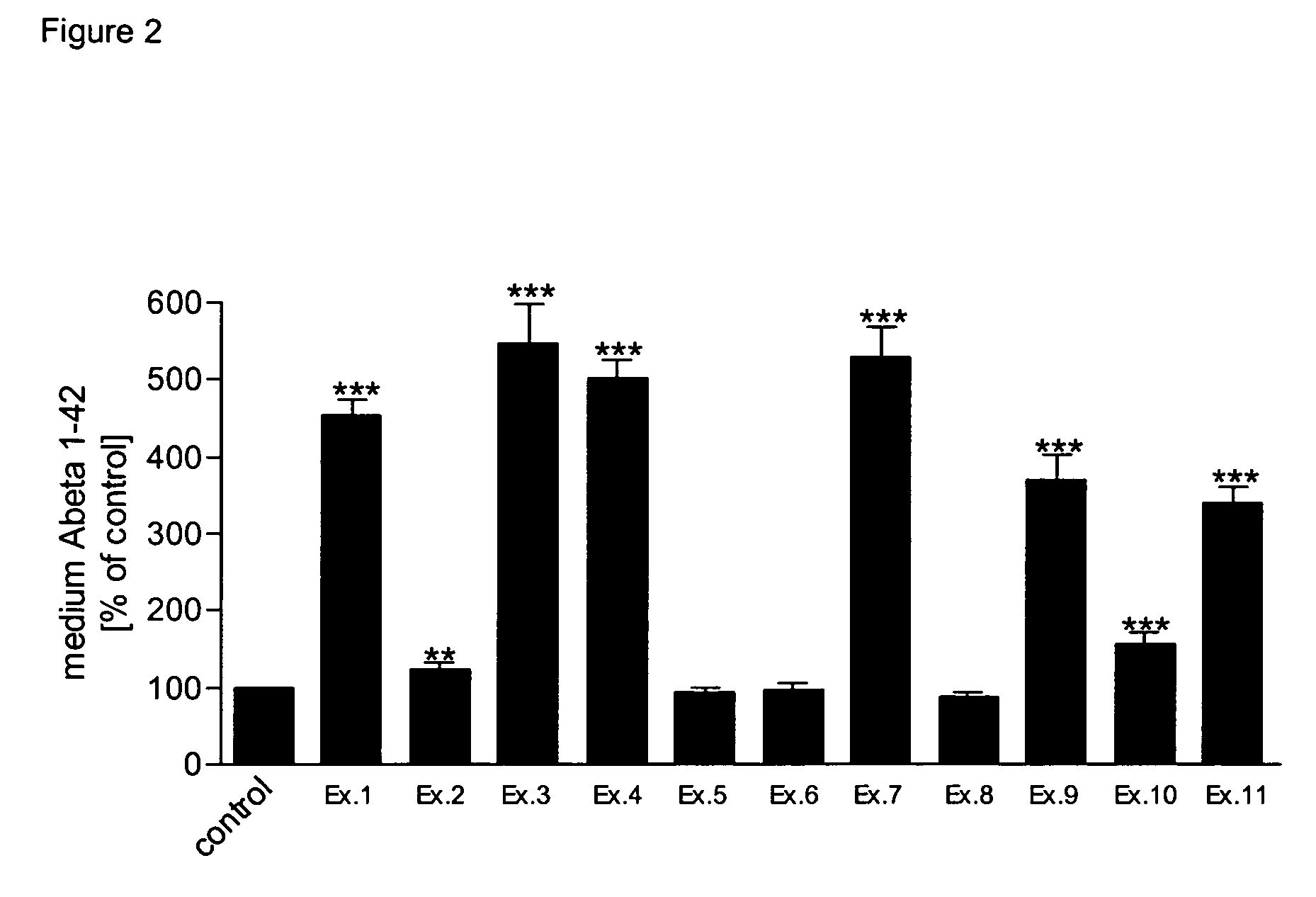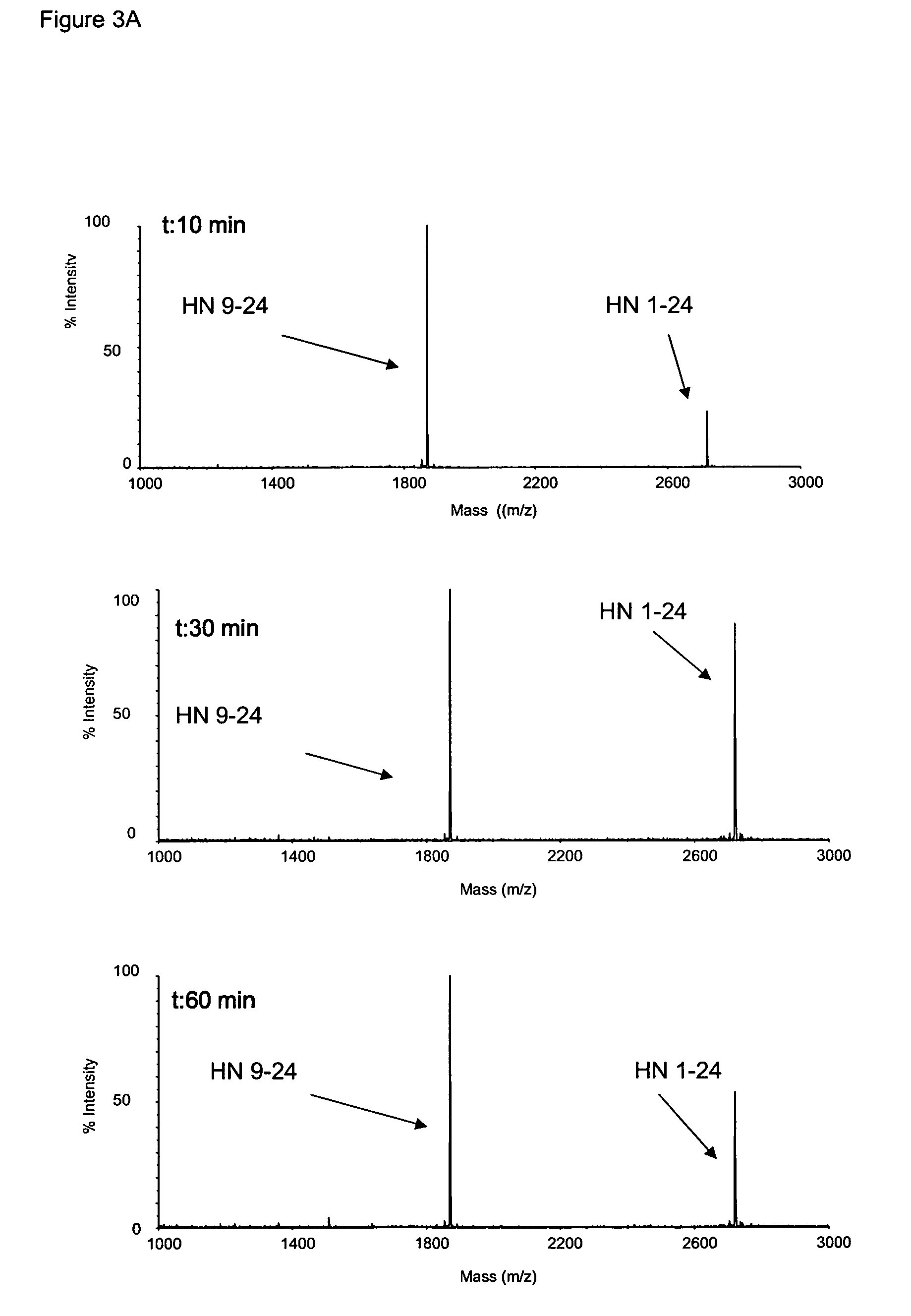Patents
Literature
45 results about "Mild cognitive impairment (MCI)" patented technology
Efficacy Topic
Property
Owner
Technical Advancement
Application Domain
Technology Topic
Technology Field Word
Patent Country/Region
Patent Type
Patent Status
Application Year
Inventor
Mild cognitive impairment (MCI) is a general term most commonly defined as a subtle but measurable memory disorder. MCI is characterized by ongoing memory problems but not by confusion, attention problems, or language difficulties.
Use of glutaminyl cyclase inhibitors
ActiveUS20090068699A1BiocideOrganic active ingredientsMild cognitive impairment (MCI)Percent Diameter Stenosis
An inhibitor of a glutaminyl peptide cyclotransferase, and use thereof for the treatment and / or prevention of a disease or disorder selected from the group consisting of inflammatory diseases selected froma. neurodegenerative diseases, e.g. mild cognitive impairment (MCI), Alzheimer's disease, neurodegeneration in Down Syndrome, Familial British Dementia, Familial Danish Dementia, multiple sclerosis,b. chronic and acute inflammations, e.g. rheumatoid arthritis, atherosclerosis, restenosis, pancreatitis,c. fibrosis, e.g. lung fibrosis, liver fibrosis, renal fibrosis,d. cancer, e.g. cancer / hemangioendothelioma proliferation, gastric carcinomas,e. metabolic diseases, e.g. hypertension,f. and other inflammatory diseases, e.g. neuropathic pain, graft rejection / graft failure / graft vasculopathy, HIV infections / AIDS, gestosis, tuberous sclerosis.Additionally disclosed are a respective diagnostic method, assay and kit.
Owner:VIVORYON THERAPEUTICS NV
Methods and compositions for diagnosis, stratification, and monitoring of alzheimer's disease and other neurological disorders in body fluids
InactiveUS20060094064A1Improve the level ofLower Level RequirementsMicrobiological testing/measurementDisease diagnosisMild cognitive impairment (MCI)Body fluid
The inventors have discovered a collection of proteinaceous biomarkers (“AD biomarkers) which can be measured in peripheral biological fluid samples to aid in the diagnosis of neurodegenerative disorders, particularly Alzheimer's disease and mild cognitive impairment (MCI). The invention further provides methods of identifying candidate agents for the treatment of Alzheimer's disease by testing prospective agents for activity in modulating AD biomarker levels.
Owner:THE BOARD OF TRUSTEES OF THE LELAND STANFORD JUNIOR UNIV +2
Novel compounds for the treatment of neurological disorders
The present invention relates to novel inhibitors of prolyl endopeptidase of formula 1 W—KCONH—X—CON—Y—CO—Z (1) wherein K, W, X, Y and Z are specified in the description. The compounds are useful for the treatment of diseases such as mild cognitive impairment (MCI), Alzheimer's disease, Down Syndrome, Parkinson disease and Chorea Huntington.
Owner:VIVORYON THERAPEUTICS NV
Methods and compositions for diagnosis, stratification, and monitoring of Alzheimer's disease and other neurological disorders in body fluids
InactiveUS20070037200A1Improve the level ofLower Level RequirementsMicrobiological testing/measurementDisease diagnosisMild cognitive impairment (MCI)Body fluid
Owner:THE BOARD OF TRUSTEES OF THE LELAND STANFORD JUNIOR UNIV +2
Novel needle driver for magnetic resonance elastography
ActiveUS20080255444A1Accurately determineReduce decreaseDiagnostics using vibrationsVaccination/ovulation diagnosticsAcupuncture needlesMild cognitive impairment (MCI)
Owner:LAWRENCE GROUP MEDICAL DEVICE TRUST
Methods and compositions for improving cognitive function
InactiveUS20100099735A1Improve cognitive functionBiocideNervous disorderMild cognitive impairment (MCI)Memory disorder
This invention relates to treating age-related cognitive impairment. This invention in particular relates to the use of inhibitors of synaptic vesicle protein 2A (SV2A), such as levetiracetam, seletracetam, and brivaracetam, in improving cognitive function in subjects that exhibit age-related cognitive impairment or are at risk thereof, including, without limitation, subjects having or at risk for Mild Cognitive Impairment (MCI), Age-related Cognitive Decline (ARCD) or Age-Associated Memory Impairment (AAMI).
Owner:THE JOHN HOPKINS UNIV SCHOOL OF MEDICINE
METHODS OF USING miRNA FROM BODILY FLUIDS FOR EARLY DETECTION AND MONITORING OF MILD COGNITIVE IMPAIRMENT (MCI) AND ALZHEIMER'S DISEASE (AD)
ActiveUS20140120545A1Improve efficiencyLow costNervous disorderMicrobiological testing/measurementMild cognitive impairment (MCI)Body fluid
Described are methods for early diagnosis and progression monitoring of Mild Cognitive Impairment (MCI) and Alzheimer's Disease (AD) by quantifying neurite and / or synapse miRNAs in bodily fluids.
Owner:DIAMIR
Methods for diagnosis of Alzheimer's Disease in blood samples
InactiveUS7598049B2Improve the level ofLower Level RequirementsMicrobiological testing/measurementDisease diagnosisMild cognitive impairment (MCI)Neuro degeneration
The inventors have discovered a collection of proteinaceous biomarkers (“AD biomarkers) which can be measured in peripheral biological fluid samples to aid in the diagnosis of neurodegenerative disorders, particularly Alzheimer's disease and mild cognitive impairment (MCI). The invention further provides methods of identifying candidate agents for the treatment of Alzheimer's disease by testing prospective agents for activity in modulating AD biomarker levels.
Owner:THE BOARD OF TRUSTEES OF THE LELAND STANFORD JUNIOR UNIV +2
Treatment of mci and alzheimer's disease
ActiveUS20110118299A1Avoid it happening againReduce processBiocideNervous disorderNifedipineMild cognitive impairment (MCI)
The present invention provides, among other things, therapeutic compositions and methods that can effectively treat, slow or prevent a neurological disease (e.g., a neurodegenerative disease, e.g., mild cognitive impairment (MCI) or Alzheimer's disease (AD)), in particular, based on therapeutically effective amount of nifedipine, oxidized or nitroso nifedipine derivatives, lactam (e.g., a compound of formula (Ic) or (Ic-i), e.g., NFD-L1), thyroxine (T4), triiodothyronine (T3) and combinations thereof.
Owner:UNIV OF KENTUCKY RES FOUND
Methods and compositions for improving cognitive function
InactiveUS20110212928A1Prevent and slow progressionImprove cognitive functionBiocideNervous disorderMild cognitive impairment (MCI)Synaptic vesicle
The invention relates to methods and compositions for improving cognitive function by using a combination of a synaptic vesicle protein 2A (SV2A) inhibitor and an acetylcholinesterase inhibitor (AChEI) or their pharmaceutically acceptable salts, hydrates, solvates, polymorphs thereof. In particular, it relates to the use of a combination of an SV2A inhibitor and an AChEI in treating a central nervous system disorder with cognitive impairment in a subject in need or at risk thereof, including, without limitation, subjects having or at risk for age-related cognitive impairment, Mild Cognitive Impairment (MCI), dementia, Alzheimer's Disease (AD), prodromal AD, post traumatic stress disorder (PTSD), schizophrenia, amyotrophic lateral sclerosis (ALS), and cancer-therapy-related cognitive impairment.
Owner:THE JOHN HOPKINS UNIV SCHOOL OF MEDICINE
Biomarker for Alzheimer's Disease and/or Mild Cognitive Impairment, and Use Thereof
InactiveUS20130040303A1Reduce riskMicrobiological testing/measurementProteomicsDiseaseProtein target
Biomarker associated with Alzheimer's Disease (AD) and / or Mild Cognitive Impairment (MCI), where the biomarker is an intracellular or circulating microRNA and / or target protein thereof, and use thereof in methods for determining, diagnosing, monitoring AD, mild AD, moderate Ad, severe AD, MCI, early MCI, late MCI, and the like, as well as in methods for selecting candidate therapeutic compounds for treating same.
Owner:ADVANCED GENOMIC TECH
Methods and compositions for improving cognitive function
This invention relates to treating age-related cognitive impairment. This invention in particular relates to the use of inhibitors of synaptic vesicle protein 2A (SV2A), such as levetiracetam, seletracetam, and brivaracetam, in improving cognitive function in subjects that exhibit age-related cognitive impairment or are at risk thereof, including, without limitation, subjects having or at risk for Mild Cognitive Impairment (MCI), Age-related Cognitive Decline (ARCD) or Age-Associated Memory Impairment (AAMI).
Owner:THE JOHN HOPKINS UNIV SCHOOL OF MEDICINE
Stage Specific Prognostic In Vivo Markers of Brain Aging and Dementia
InactiveUS20090099783A1SurgeryEpidemiological alert systemsStage specificMild cognitive impairment (MCI)
A method for the identification of treatments and preventative agents for brain aging, subjective cognitive impairment (SCI), mild cognitive impairment (MCI), Alzheimer's disease (AD) and other degenerative dementias, the method including (a) the identification of the diagnosis and stage of the subject, (b) the identification of the duration of the stage of the condition and / or disorder, (c) the identification of prognostic markers based upon a formula incorporating the duration of the condition and / or stage, (d) the prospective separation of prognostic subgroups based upon outcome wherein the outcome is defined in these conditions as progression to a subsequent stage or stages, (e) the employment of a putative prognostic marker for an appropriate period of time, based upon the formula incorporating the duration of the condition and / or stage, (f) the application of in vivo, methodology specific techniques, in conjunction with stage specific prognostic subgroups, for the appropriate time period, for the identification, prospectively, of useful markers, (g) the employment of these markers to identify useful therapeutic agents for prevention and treatment.
Owner:NEW YORK UNIV
Cognitive impairment determination apparatus, cognitive impairment determination system and program
Cerebral blood flow data during cognitive task execution is measured using a functional near infrared spectroscopy method, then characteristic amount extraction is performed after performing primitive analysis on the measured cerebral blood flow data. Then, by using the extracted characteristic amounts and a pre-built model for employing in determination of cognitive impairment, automatic determination is made into clinical diagnostic groups of normal (NC), mild cognitive impairment (MCI) and Alzheimer's disease (AD). It is thereby possible to perform cognitive impairment determination that is suitable for mass early stage screening of elderly people.
Owner:NAGOYA INSTITUTE OF TECHNOLOGY
Treatment of Alzheimer's Disease and Mild Cognitive impairment using GnRH-I analogs and one or more of acetylcholinesterase inhibitors and NMDA receptor antagonists
InactiveUS20080171736A1Increase acetylcholine levelLower Level RequirementsBiocideNervous disorderNR1 NMDA receptorMild cognitive impairment (MCI)
Methods of treating, mitigating, slowing the progression of, or preventing Alzheimer's Disease and Mild Cognitive Impairment (MCI) include administration of gonadotropin-releasing hormone analogs in combination with acetylcholinesterase inhibitors and / or N-methyl-D-aspartate receptor antagonists.
Owner:VOYAGER PHARMA CORP
Process for determining the presence of monomeric brain associated human glutamine synthetase in patients exhibiting mild cognitive impairment
InactiveUS7070945B2Efficient identificationImprove diagnostic capabilitiesEnzymologyArtificial cell constructsWhole blood productMild cognitive impairment (MCI)
A method for determining those patients suffering from mild cognitive impairment (MCI) who have a likelihood of progressing to Alzheimer's disease (AD) is disclosed. The method involves directly detecting the presence of a biochemical marker, specifically human glutamine synthetase, in bodily fluid, preferably blood or a blood product. The detection is by an immunoassay incorporating an antibody specific to human glutamine synthetase. In addition, a method for distinguishing between AD and non-AD dementia is disclosed.
Owner:NANOGEN INC
Chromium complexes for improvement of memory and cognitive function
InactiveUS20100178362A1Shorten the progressReduce functionHeavy metal active ingredientsBiocideMild cognitive impairment (MCI)Psychiatry
A method of treating impaired memory and / or cognitive function by administering one or more chromium complexes, for example chromium picolinate, to an individual in need of improved memory and / or cognitive function. This method is used to improve memory and / or cognitive function associated with various disorders, including Alzheimer's disease, dementia, and mild cognitive impairment (MCI). Chromium complexes for treating memory or cognitive impairment are also disclosed.
Owner:NUTRITION 21 INC
Methods and compositions for improving cognitive function
InactiveUS20180015109A1Prevent and slow progressionDelay progressBiocideNervous disorderMild cognitive impairment (MCI)Synaptic vesicle
The invention relates to methods and compositions for improving cognitive function by using a combination of a synaptic vesicle protein 2A (SV2A) inhibitor and an acetylcholinesterase inhibitor (AChEI) or their pharmaceutically acceptable salts, hydrates, solvates, polymorphs thereof. In particular, it relates to the use of a combination of an SV2A inhibitor and an AChEI in treating a central nervous system disorder with cognitive impairment in a subject in need or at risk thereof, including, without limitation, subjects having or at risk for age-related cognitive impairment, Mild Cognitive Impairment (MCI), dementia, Alzheimer's Disease (AD), prodromal AD, post traumatic stress disorder (PTSD), schizophrenia, amyotrophic lateral sclerosis (ALS), and cancer-therapy-related cognitive impairment.
Owner:THE JOHN HOPKINS UNIV SCHOOL OF MEDICINE
Csf biomarker dilution factor corrections by mri imaging and algorithm
InactiveUS20050256397A1Shorten the timeInexpensive and accurate diagnosisMicrobiological testing/measurementDiagnostic recording/measuringDiseaseMild cognitive impairment (MCI)
A method is disclosed for providing a correcting factor for the dilution of measurements of at least one biomarker in cerebrospinal fluid (CSF). The method comprises providing semi-automated measurements of the ventricular system by MRI scans using quantitative anatomical protocols, determining a measurement of biomarker levels in CSF that has been extracted, correcting the measurement of the level of said at least one biomarker according to the ventricular size, and providing a corrected result of the measurement determined in step (b), said corrected result accounting for concentration dilution due to the change in ventricular size. The method is particularly suited for the measurement of all biomarkers found in the CSF, such as those associated with mild cognitive impairment (MCI) and Alzheimer's Disease.
Owner:NEW YORK UNIV MEDICAL CENT
Methods, Kits and Reagents for Diagnosing, Alding Diagnosis and/or Monitoring Progression of a Neurological Disorder
InactiveUS20130116135A1Compound screeningPeptide librariesMild cognitive impairment (MCI)Biomarker (petroleum)
The present inventors have identified a panel of biomarkers present in a biological sample of an individual (e.g. blood, including serum or plasma) whose concentrations or levels are altered in individuals with a neurological disorder. Accordingly, changes in the level of any one or more of these biomarkers can be used to assess cognitive function, to diagnose or aid in the diagnosis of a neurological disorder and / or to monitor a neurological disorder in a patient (e.g., tracking disease progression in a patient and / or tracking the effect of medical or surgical therapy in the patient). Changes in the level of any one or more of these biomarkers can also be used to stratify a patient (i.e., sorting an individual with a probable diagnosis of a neurological disorder or diagnosed with a neurological disorder into different classes of the disorder) and diagnosing or aiding in the diagnosis of mild cognitive impairment (MCI) as well as diagnosing or aiding in the diagnosis of cognitive impairment.
Owner:COMMONWEALTH SCI & IND RES ORG
Inhibitors of prolyl endopeptidase
The present invention relates to novel inhibitors of prolyl endopeptidase of formula (1)wherein I, A, X, Y and Z are specified in the description. The compounds are useful for the treatment of diseases such as mild cognitive impairment (MCI), Alzheimer's disease, Down Syndrome, Parkinson disease and Chorea Huntington.
Owner:VIVORYON THERAPEUTICS NV
Needle driver for magnetic resonance elastography
InactiveUS7979109B2High shear elasticityImprove sensitivity and specificityDiagnostics using vibrationsVaccination/ovulation diagnosticsMild cognitive impairment (MCI)Acupuncture treatment
The present invention is directed toward an acoustic, piezoelectric, electric, electro-mechanical or pneumatically driven surface drum driver, in mechanical engagement with a biopsy or acupuncture needle device and a method for its use for diagnosis of small e.g. 100 microns, tumors via the production of magnetic resonance elastographic images (MRE), without artifact production, in a magnetic resonance imaging (MRI) machine. In a second embodiment, the invention is directed toward an acoustically, pneumatically, piezoelectrically, electrically and / or electro-mechanically driven acupuncture needle, useful for simulating manual single-needle acupuncture treatments via a non-manually manipulated acupuncture needle; and further to a device and process for determination, using twin pneumatically driven surface drivers, of organ stiffness, e.g. brain stiffness, which can be quantified so as to be useful in elucidating and quantifying brain cognitive state, e.g. normal, mild cognitive impairment (MCI) or Alzheimer's dementia (AD).
Owner:LAWRENCE GROUP MEDICAL DEVICE TRUST
Method of treating inflammation with glutaminyl cyclase inhibitors
ActiveUS8338120B2Organic active ingredientsBiocideTransferase inhibitorMild cognitive impairment (MCI)
Provided herein are methods for the treatment and / or prevention of an inflammatory disease or disorder through administration of an inhibitor of a glutaminyl peptide cyclotransferase. Inflammatory diseases or disorders treated or prevented by methods disclosed herein include mild cognitive impairment (MCI), rheumatoid arthritis, atherosclerosis, restenosis and pancreatitis.
Owner:VIVORYON THERAPEUTICS NV
Detection of Early Stage Alzheimer's Disease and Mild Cognitive Impairment
ActiveUS20160302712A1Well formedFunctional integrityDiagnostic recording/measuringSensorsDiseaseMedicine
Systems and methods are described herein for determining that a patient has indications mild cognitive impairment (MCI) or early stage Alzheimer's disease (AD). Microperimetry is used to assess the functional integrity of the patient's retina. Optical Coherence Tomography is used to assess the structural integrity of the patient's retina. Reductions in the size and function of the patient's retina indicate that the patient may have MCI or early stage AD.
Owner:UNIVERSITY OF MISSOURI
Novel compounds for the treatment of neurological disorders
Inhibitors of prolyl endopeptidase of formula 1W—KCONH—X—CON—Y—CO—Z (1)wherein K, W, X, Y and Z are specified in the description. The compounds are useful for the treatment of diseases such as mild cognitive impairment (MCI), Alzheimer's disease, Down Syndrome, Parkinson disease and Chorea Huntington.
Owner:VIVORYON THERAPEUTICS NV
Prevention and treatment of cognitive impairment using (R)-(-)-5-methyl-1-nicotynoyl-2-pyrazoline (MNP) and analogs
InactiveUS20060014801A1Increase spacingBiocideOrganic chemistryMild cognitive impairment (MCI)Methyl group
The invention provides methods for improving cognitive function in a subject by administering (R)-(−)-5-methyl-1-nicotinoyl-2-pyrazoline (MNP) or an analog to a subject in need of such treatment. The invention is useful for treatment of cognitive impairment such as mild cognitive impairment (MCI) as well as other conditions.
Owner:THE JOHN HOPKINS UNIV SCHOOL OF MEDICINE
CSF biomarker dilution factor corrections by MRI imaging and algorithm
InactiveUS7736623B2Shorten the timeInexpensive and accurate diagnosis and monitoringMicrobiological testing/measurementDiagnostic recording/measuringMild cognitive impairment (MCI)Ventricular size
A method is disclosed for providing a correcting factor for the dilution of measurements of at least one biomarker in cerebrospinal fluid (CSF). The method comprises providing semi-automated measurements of the ventricular system by MRI scans using quantitative anatomical protocols, determining a measurement of biomarker levels in CSF that has been extracted, correcting the measurement of the level of said at least one biomarker according to the ventricular size, and providing a corrected result of the measurement determined in step (b), said corrected result accounting for concentration dilution due to the change in ventricular size. The method is particularly suited for the measurement of all biomarkers found in the CSF, such as those associated with mild cognitive impairment (MCI) and Alzheimer's Disease.
Owner:NEW YORK UNIV MEDICAL CENT
Therapeutic vaccine
The present invention is related to methods and compositions for the therapeutic and diagnostic use in the treatment of diseases and disorders which are caused by or associated with amyloid or amyloid-like proteins including amyloidosis.In particular, the present invention provides novel methods and compositions for eliciting a highly specific and highly effective immune response in an organism, but particularly within an animal, particularly a mammal or a human, which is capable of preventing or alleviating amyloidosis, or the symptoms associated with amyloidosis, a group of diseases and disorders associated with amyloid plaque formation including secondary amyloidosis and age-related amyloidosis including, but not limited to, neurological disorders such as Alzheimer's Disease (AD), including diseases or conditions characterized by a loss of cognitive memory capacity such as, for example, mild cognitive impairment (MCI).
Owner:AC IMMUNE SA
Treatment of alzheimer's disease and mild cognitive impairment using gnrh-i analogs and one or more of acetylcholinesterase inhibitors and NMDA receptor antagonists
InactiveUS20110195898A1Lower Level RequirementsImprove the level ofHormone peptidesNervous disorderNR1 NMDA receptorMild cognitive impairment (MCI)
Methods of treating, mitigating, slowing the progression of, or preventing Alzheimer's Disease and Mild Cognitive Impairment (MCI) include administration of gonadotropin-releasing hormone analogs in combination with acetylcholinesterase inhibitors and / or N-methyl-D-aspartate receptor antagonists.
Owner:CURAXIS PHARMA CORP
Compounds for the treatment of neurological disorders
The present invention relates to novel inhibitors of prolyl endopeptidase of formula 1W—KCONH—X—CON—Y—CO—Z (1)wherein K, W, X, Y and Z are specified in the description.The compounds are useful for the treatment of diseases such as mild cognitive impairment (MCI), Alzheimer's disease, Down Syndrome, Parkinson disease and Chorea Huntington.
Owner:VIVORYON THERAPEUTICS NV
Features
- R&D
- Intellectual Property
- Life Sciences
- Materials
- Tech Scout
Why Patsnap Eureka
- Unparalleled Data Quality
- Higher Quality Content
- 60% Fewer Hallucinations
Social media
Patsnap Eureka Blog
Learn More Browse by: Latest US Patents, China's latest patents, Technical Efficacy Thesaurus, Application Domain, Technology Topic, Popular Technical Reports.
© 2025 PatSnap. All rights reserved.Legal|Privacy policy|Modern Slavery Act Transparency Statement|Sitemap|About US| Contact US: help@patsnap.com
